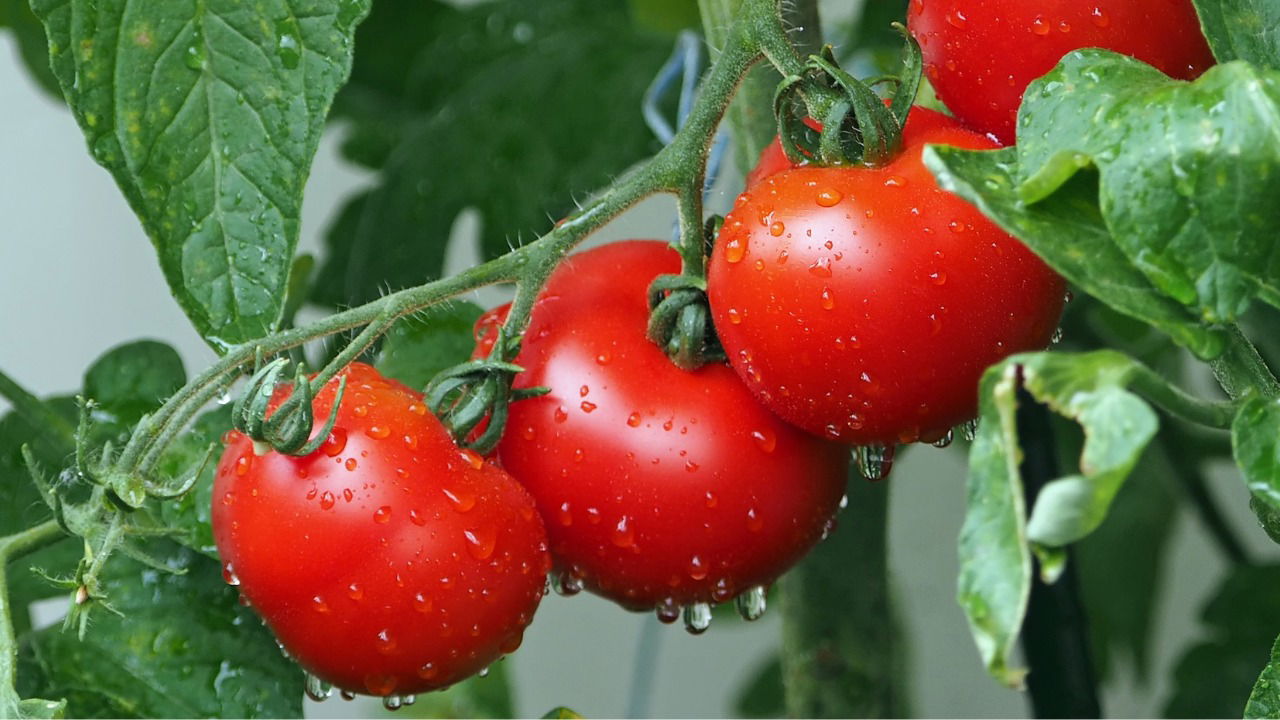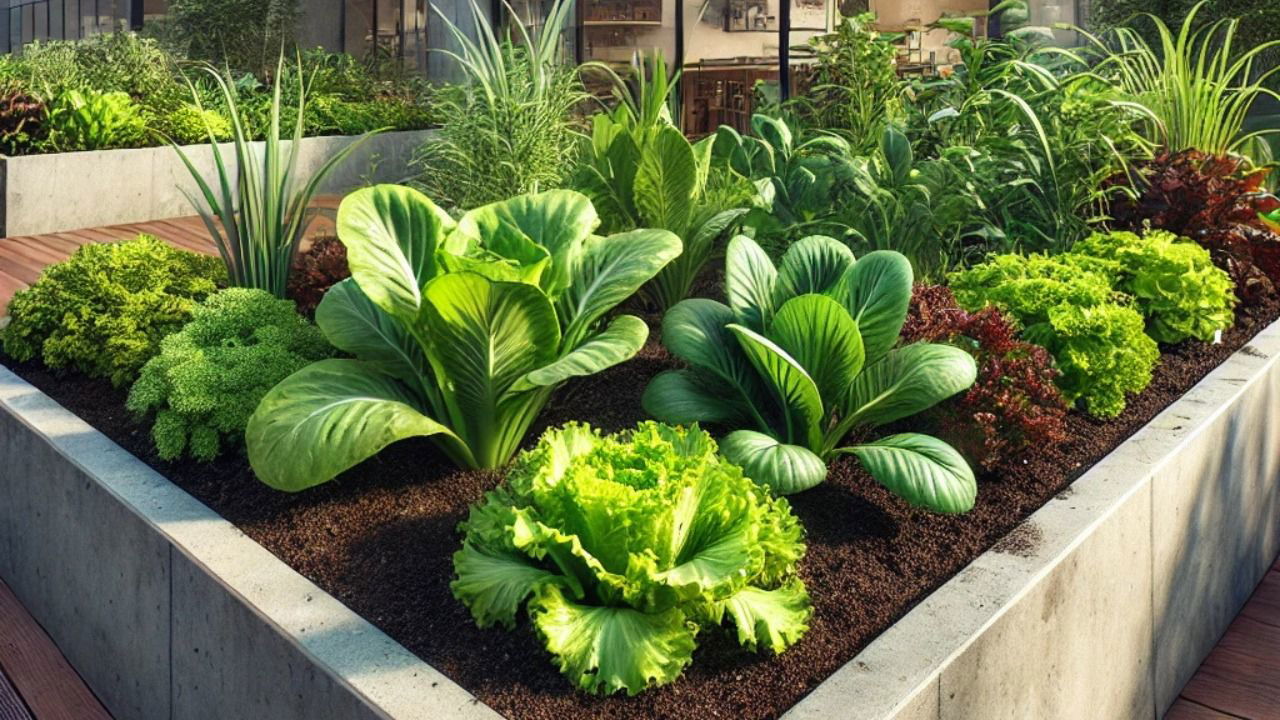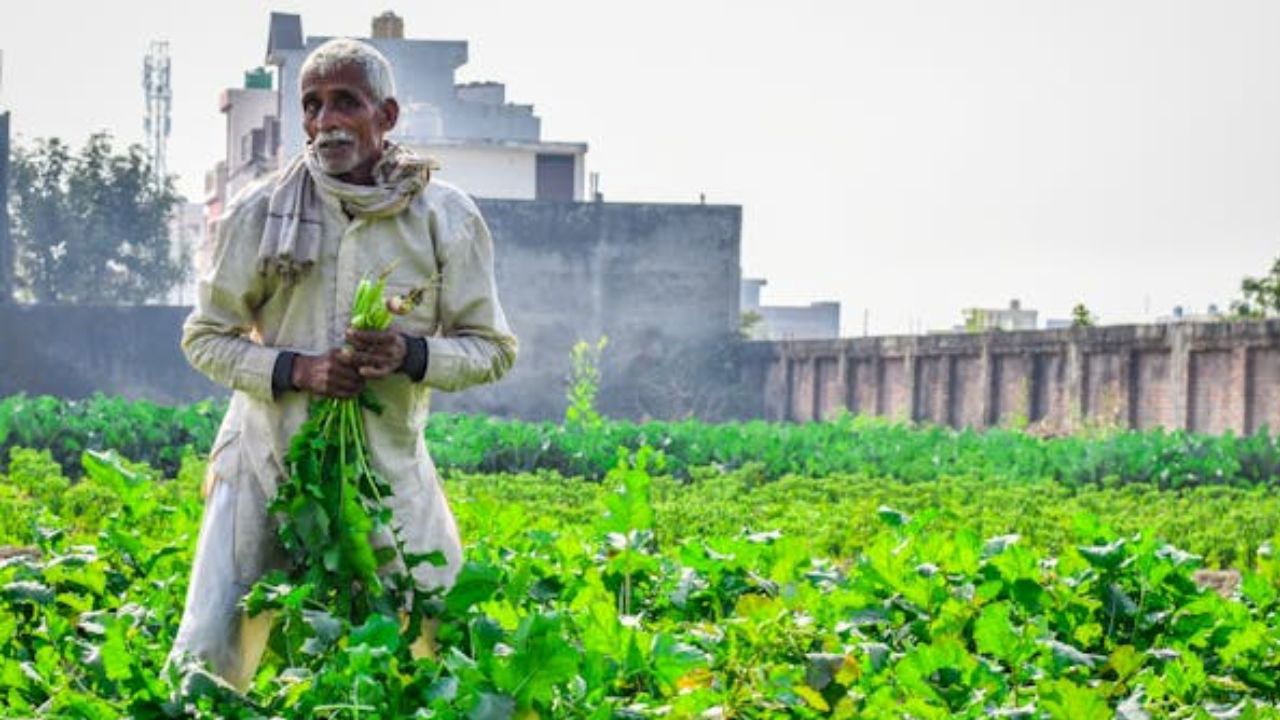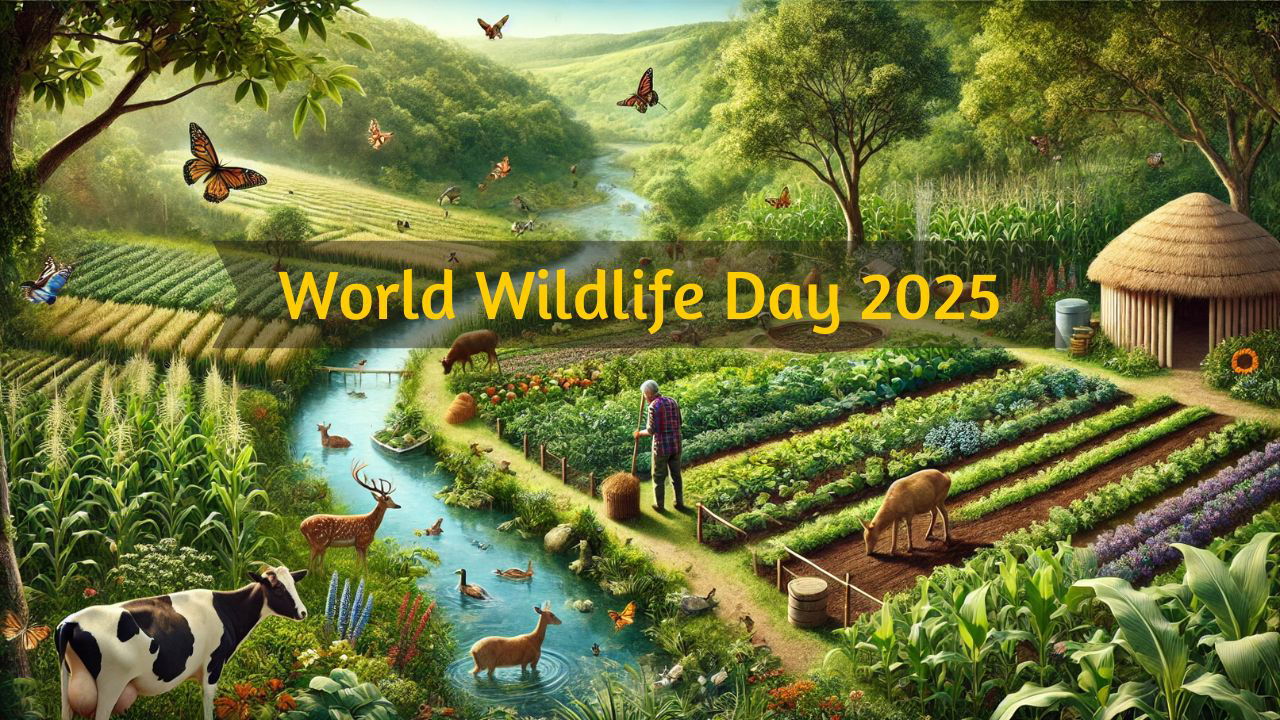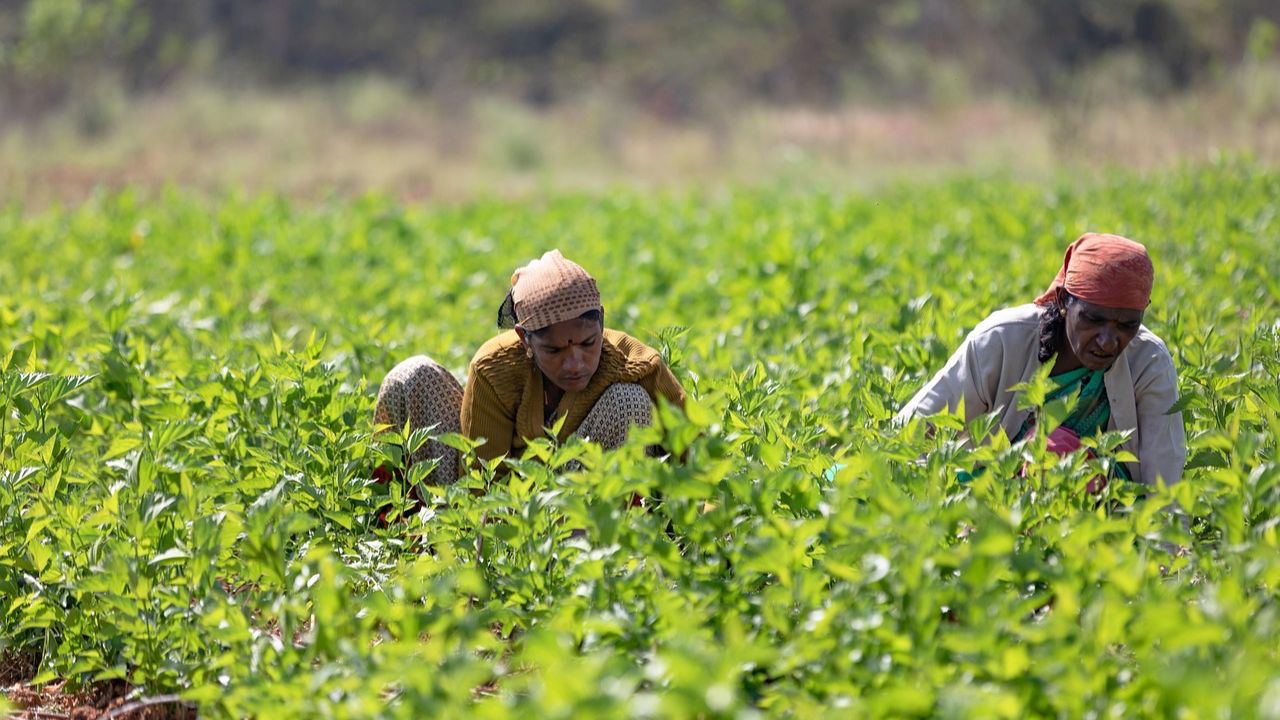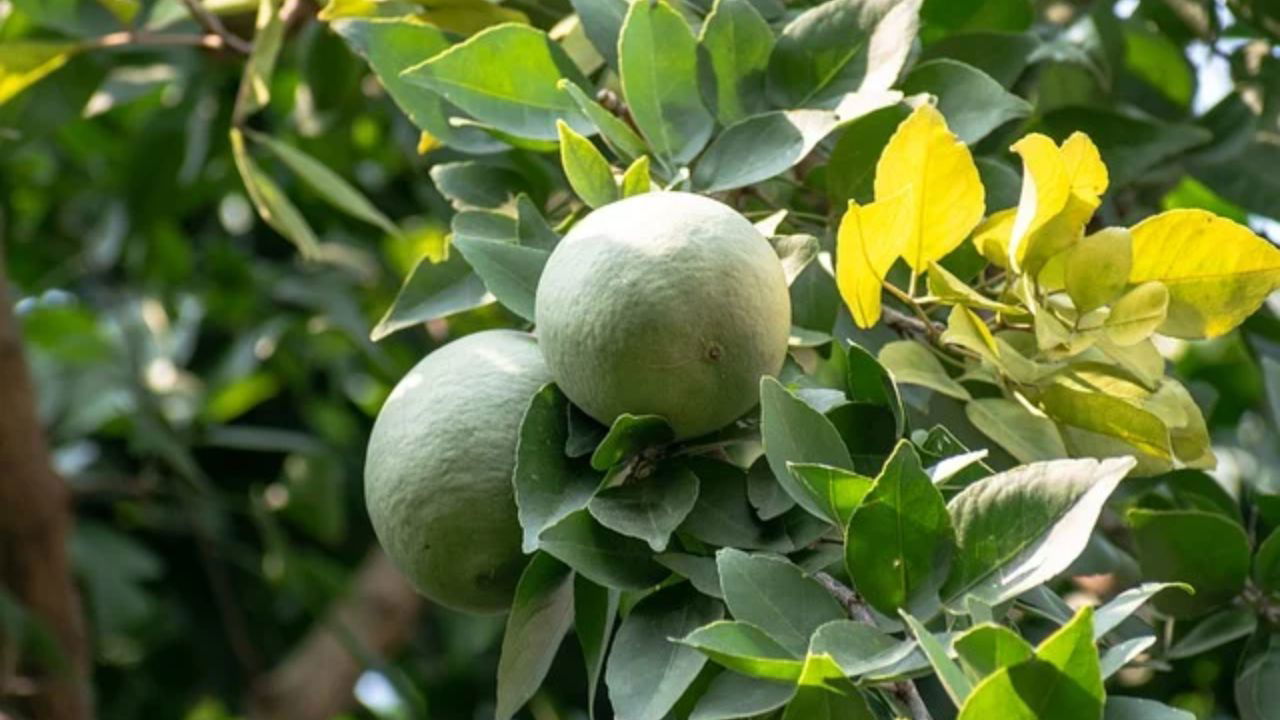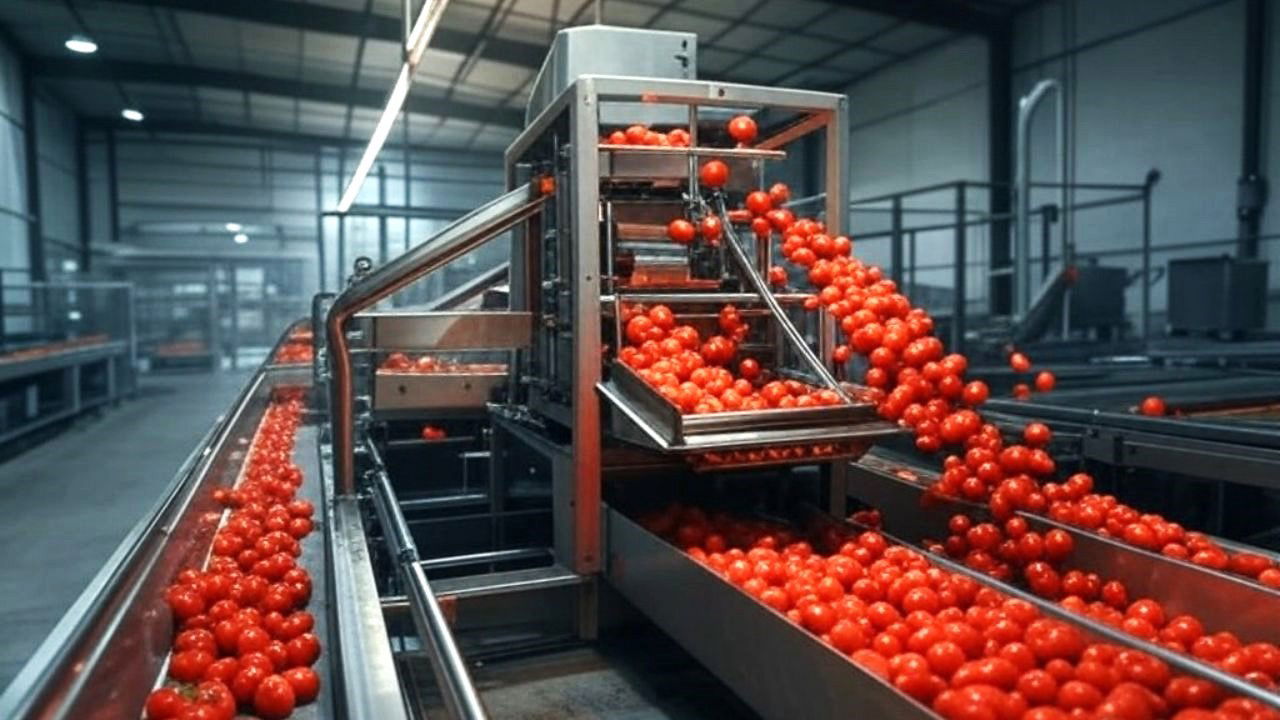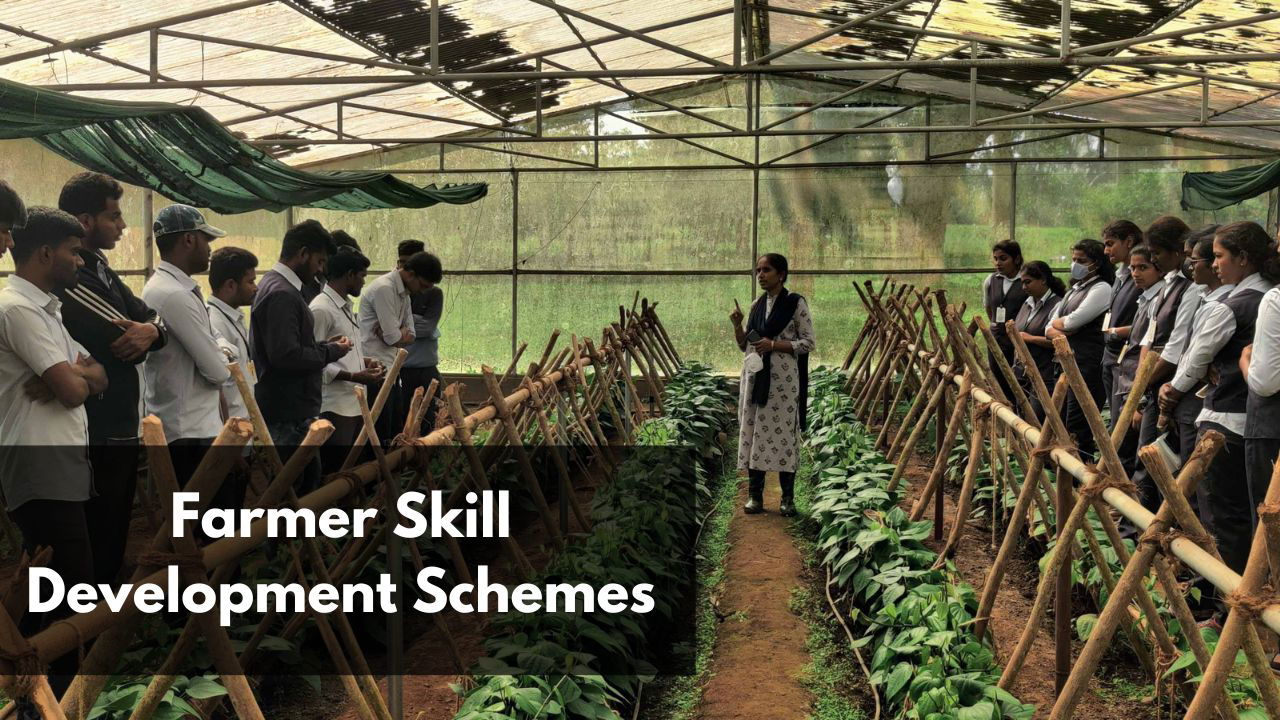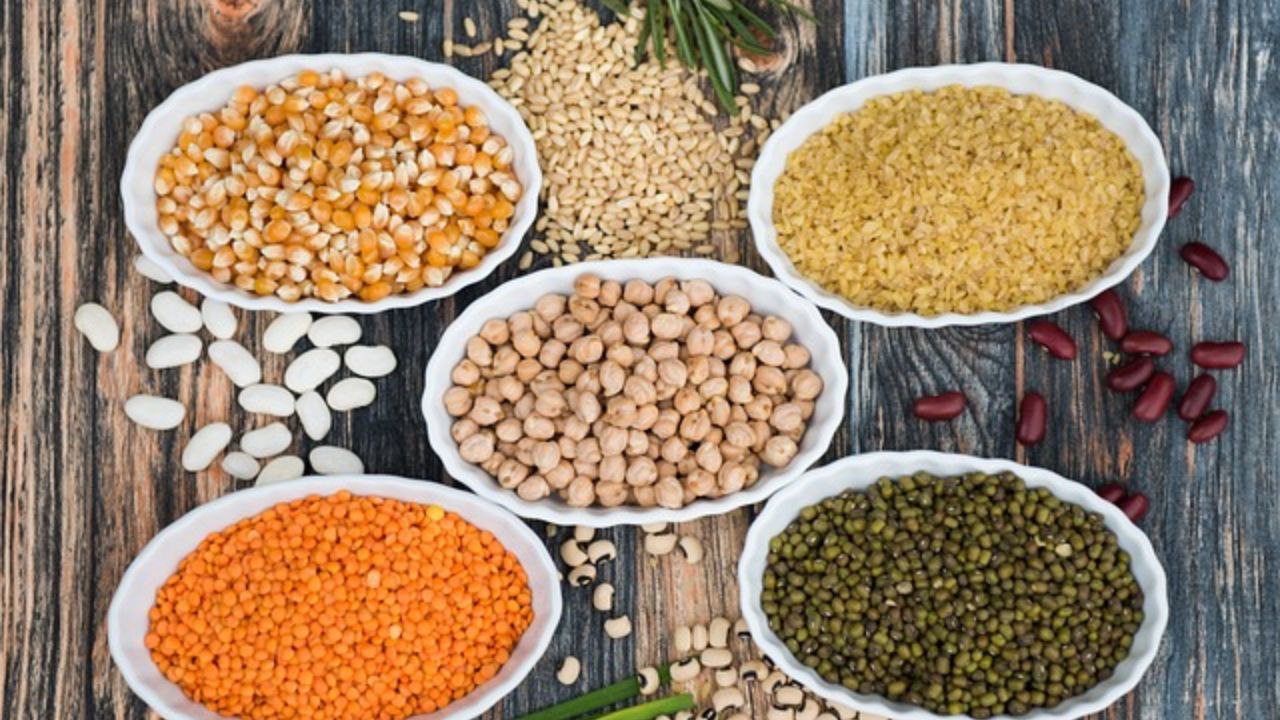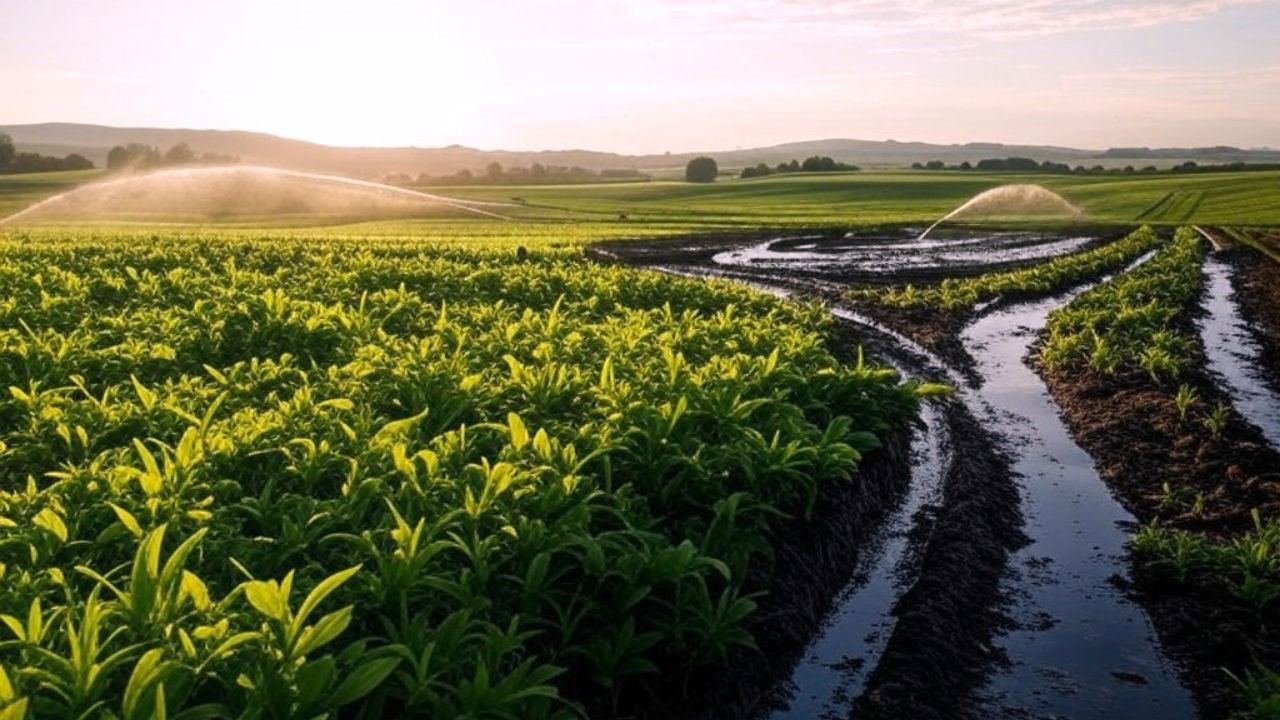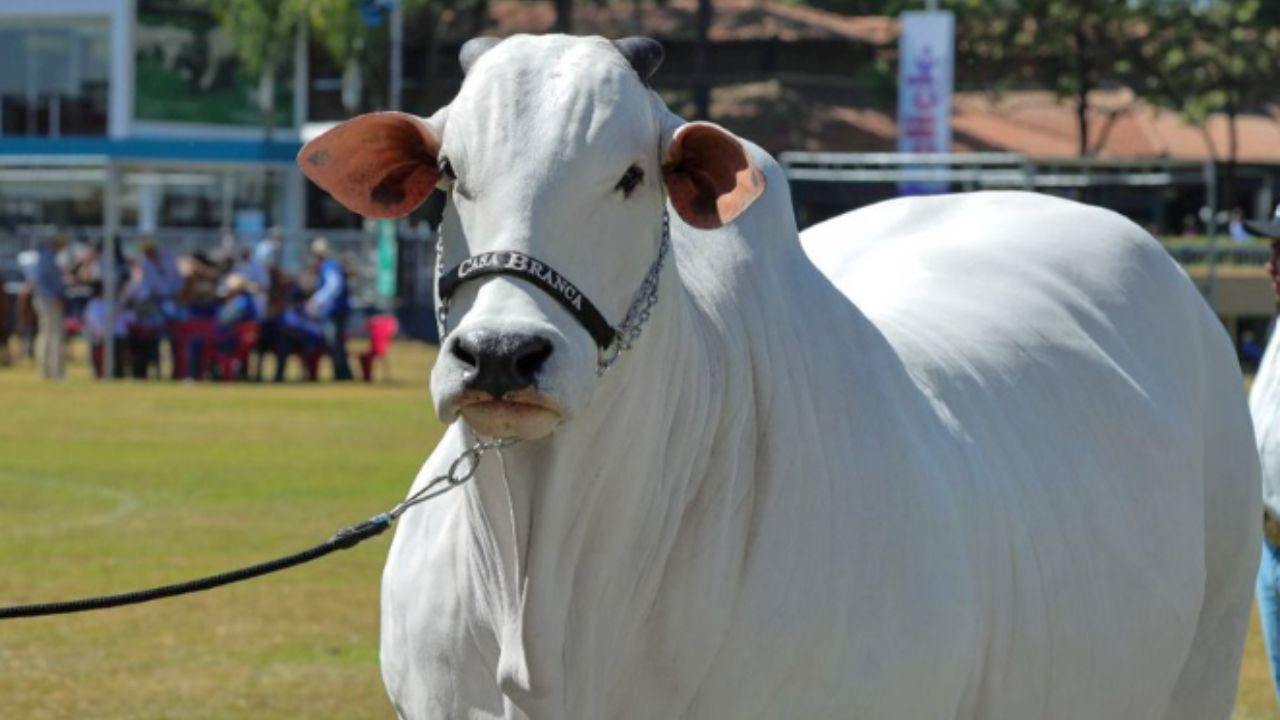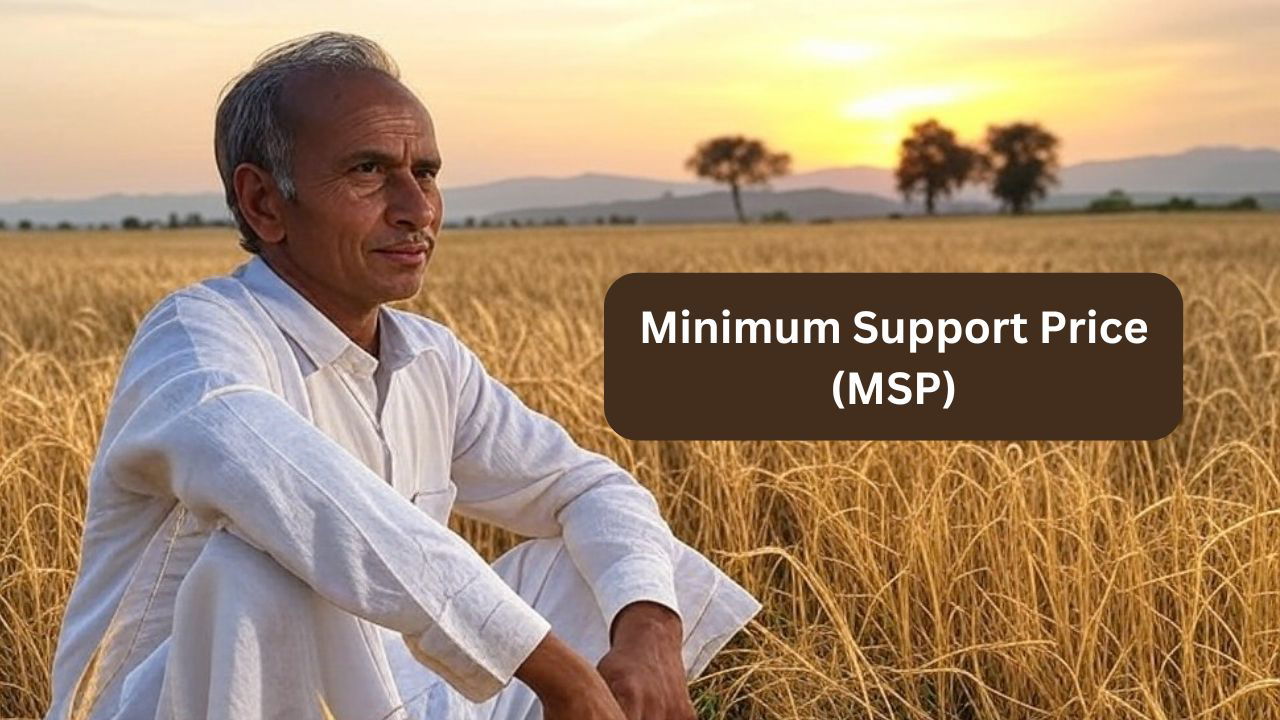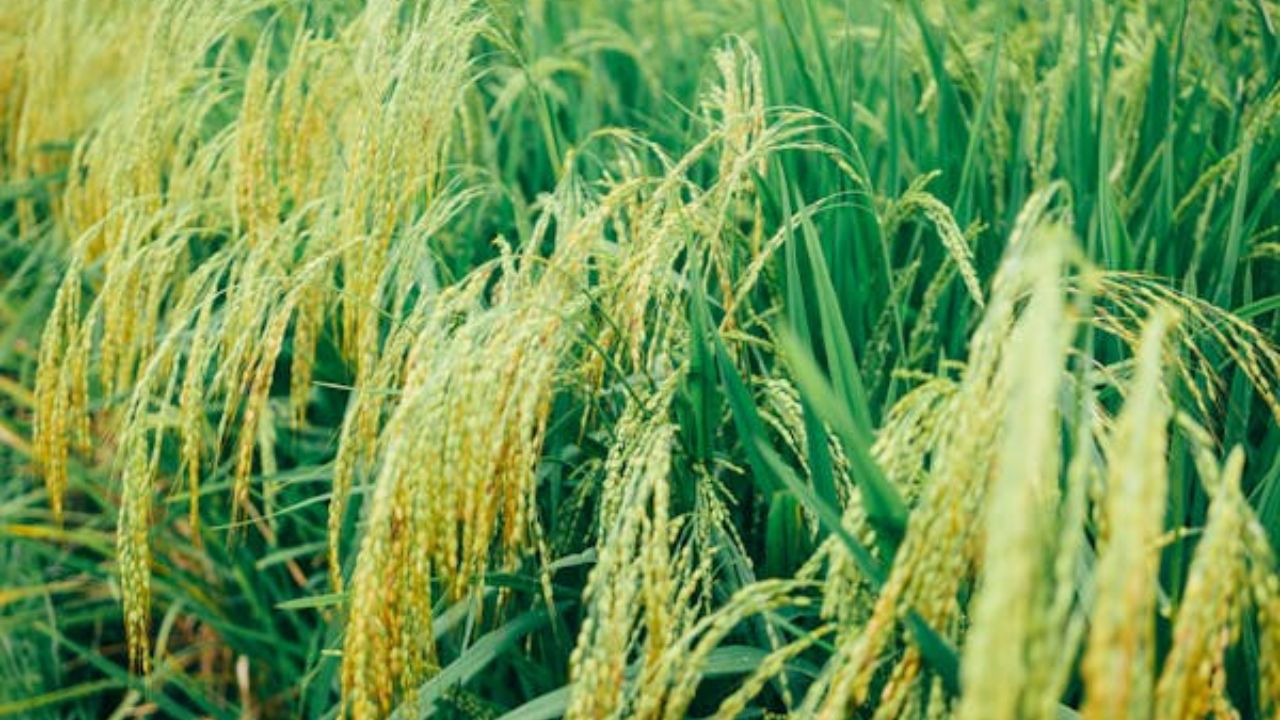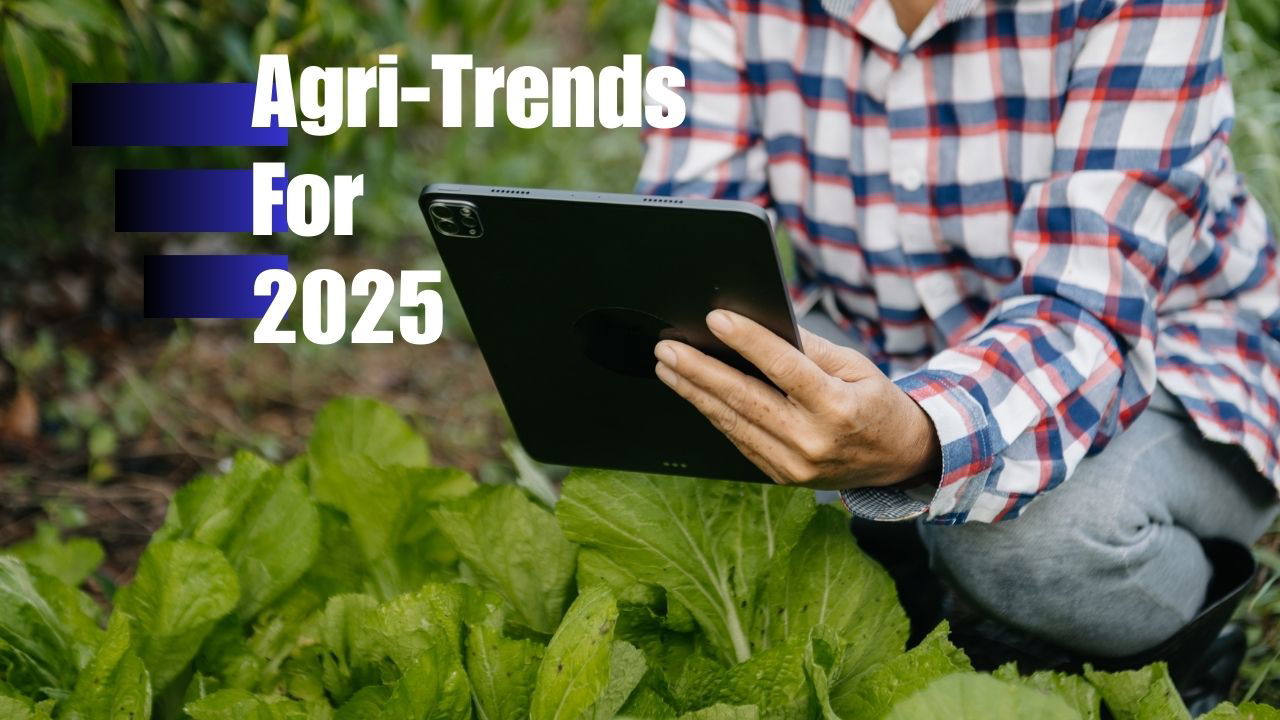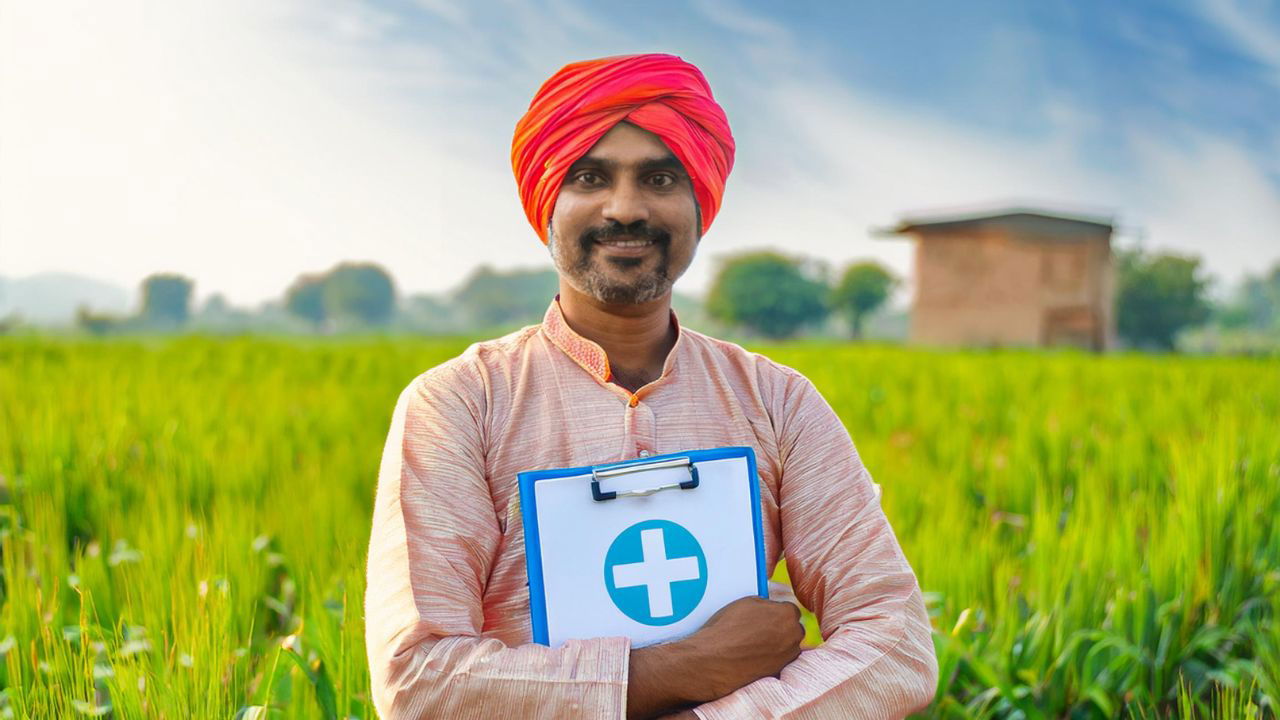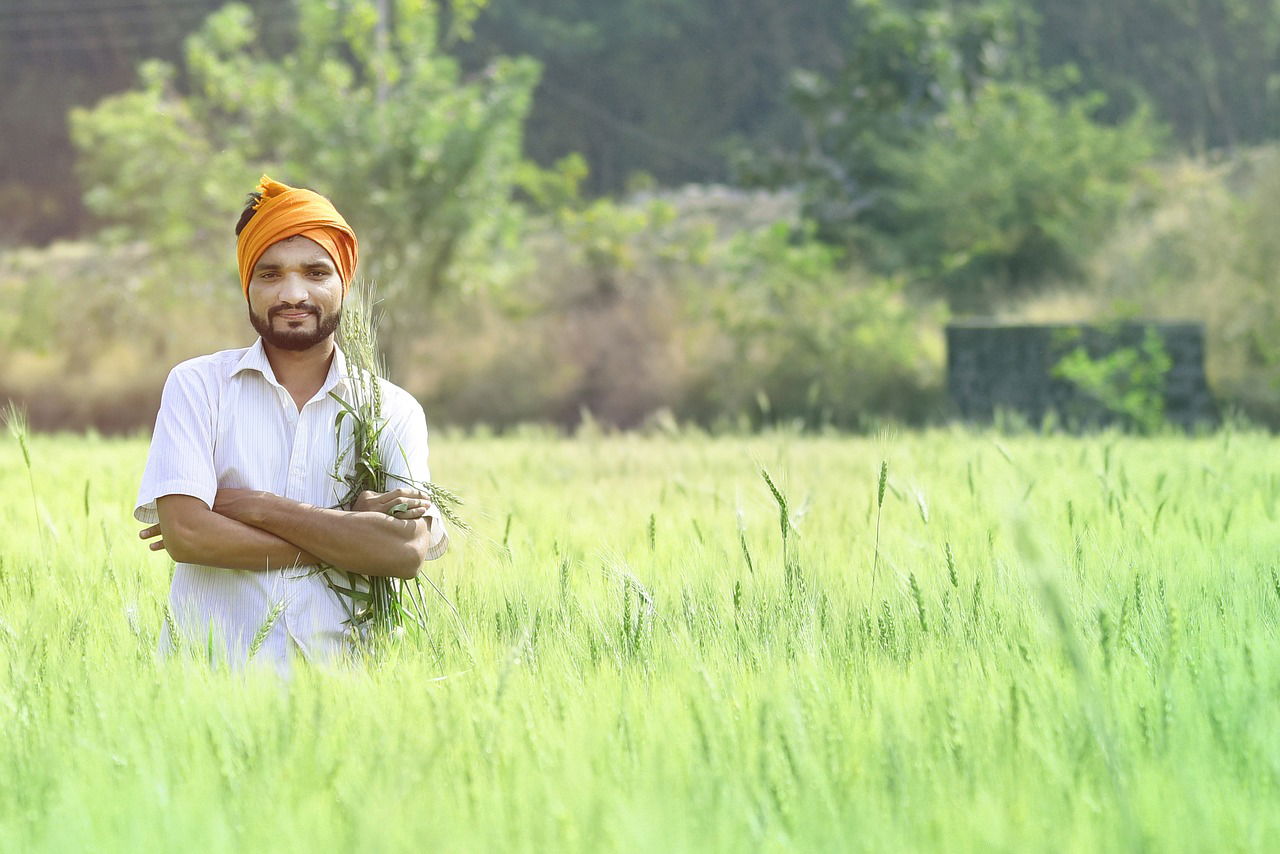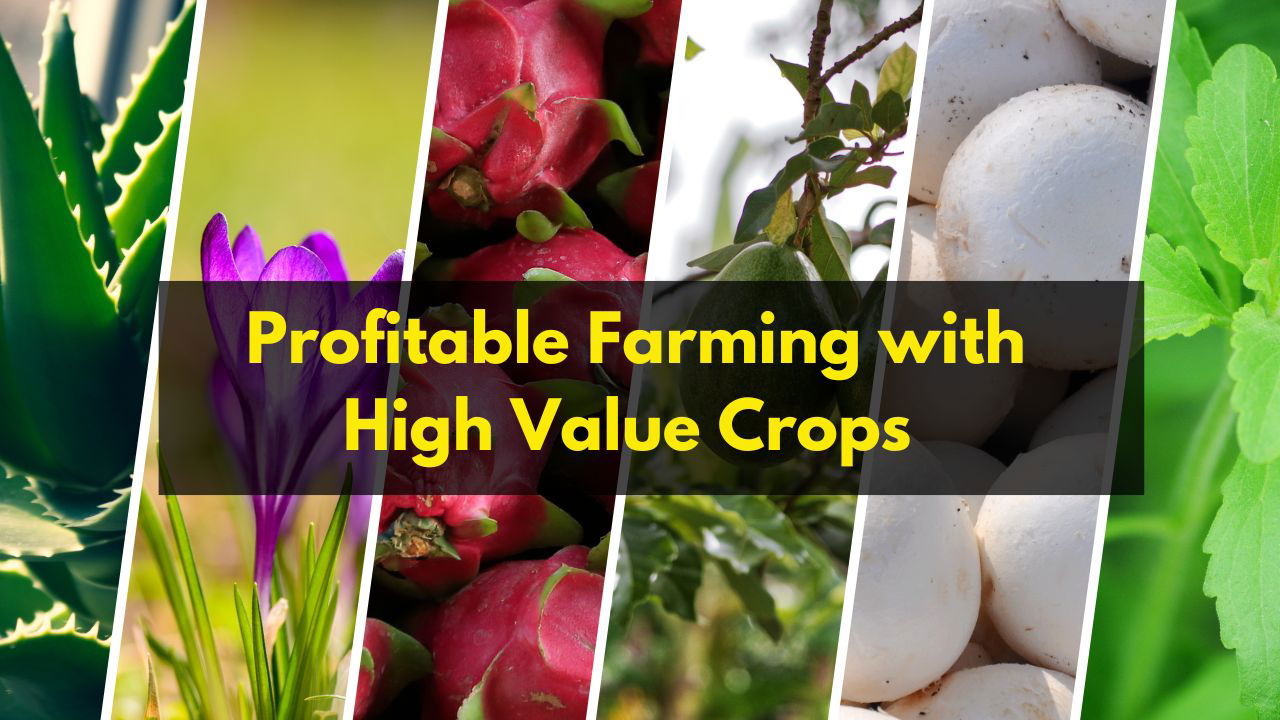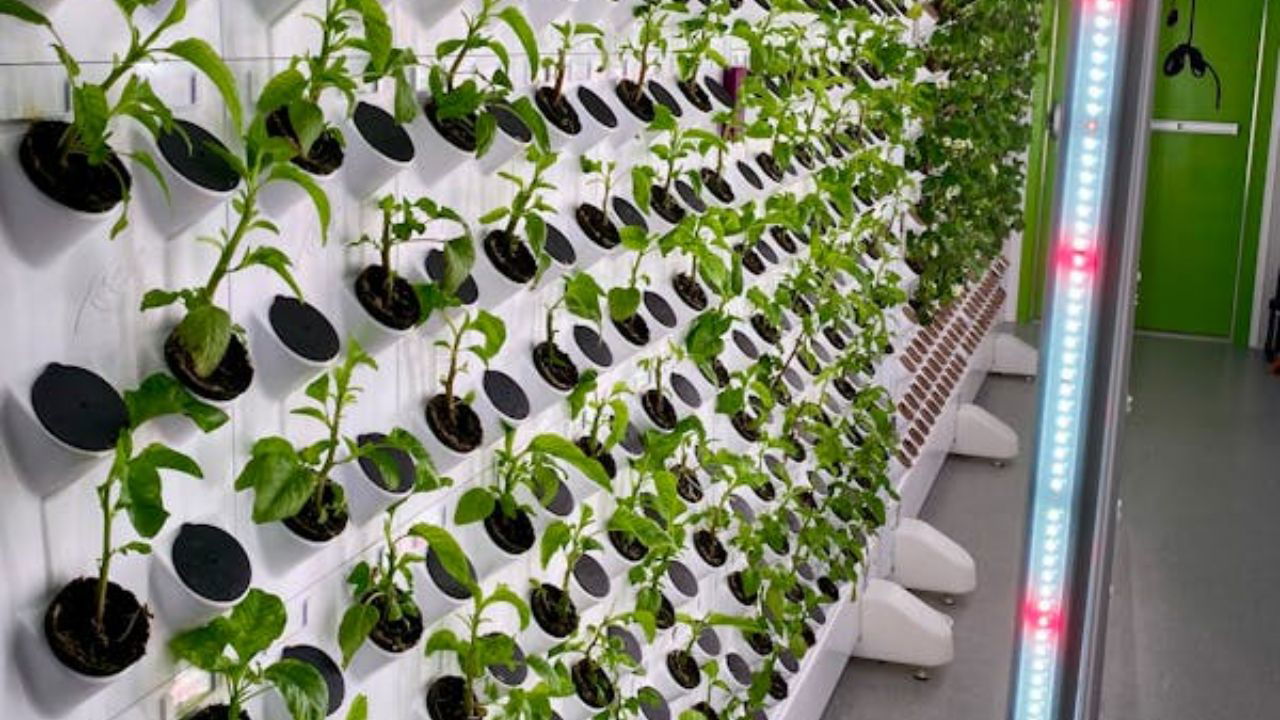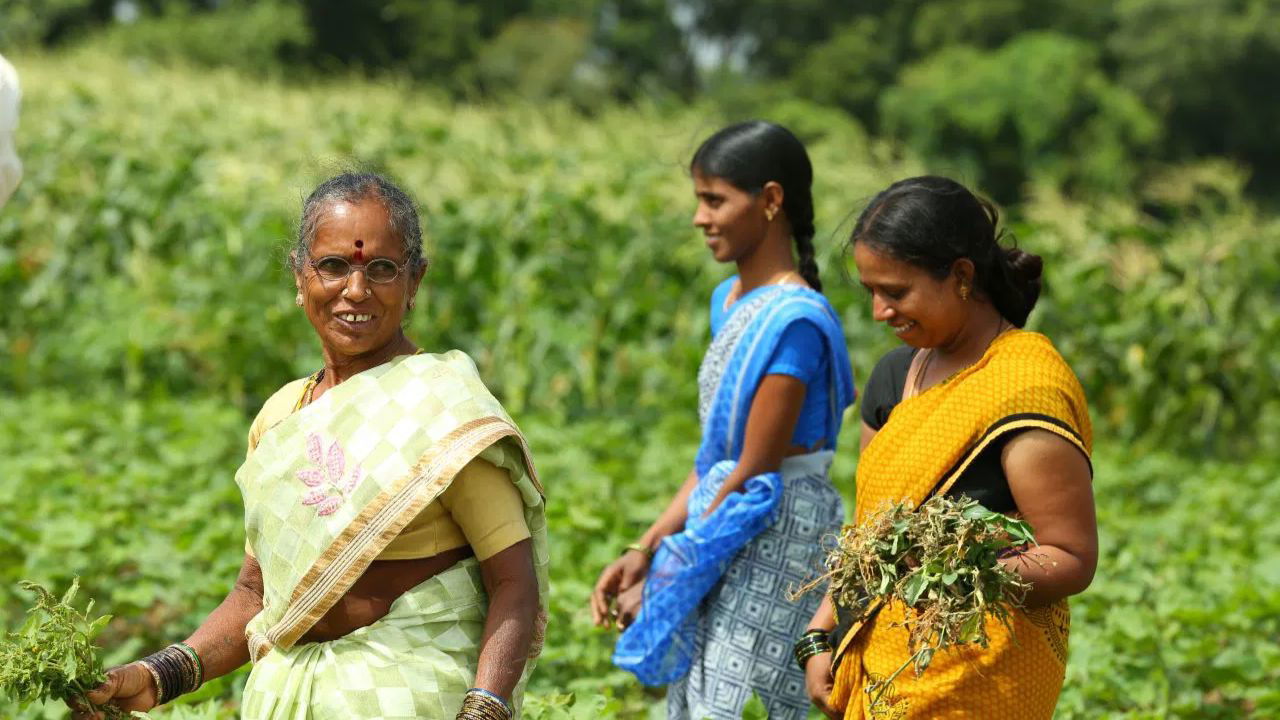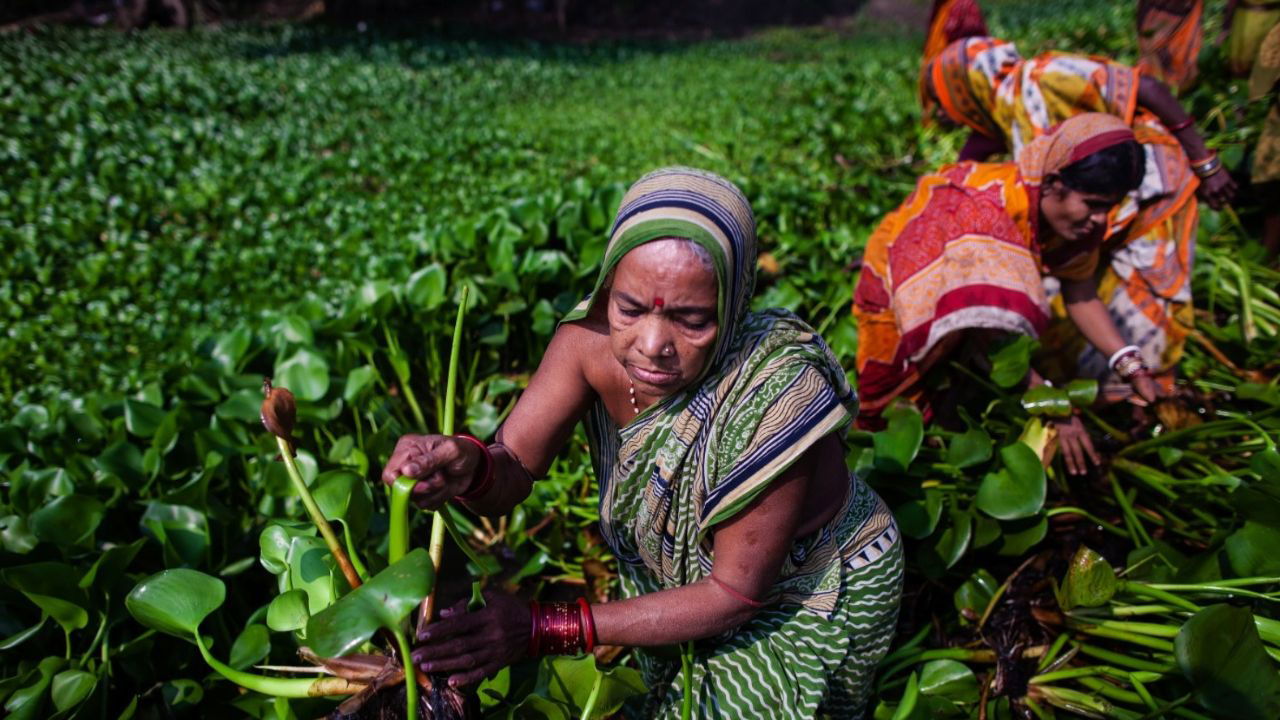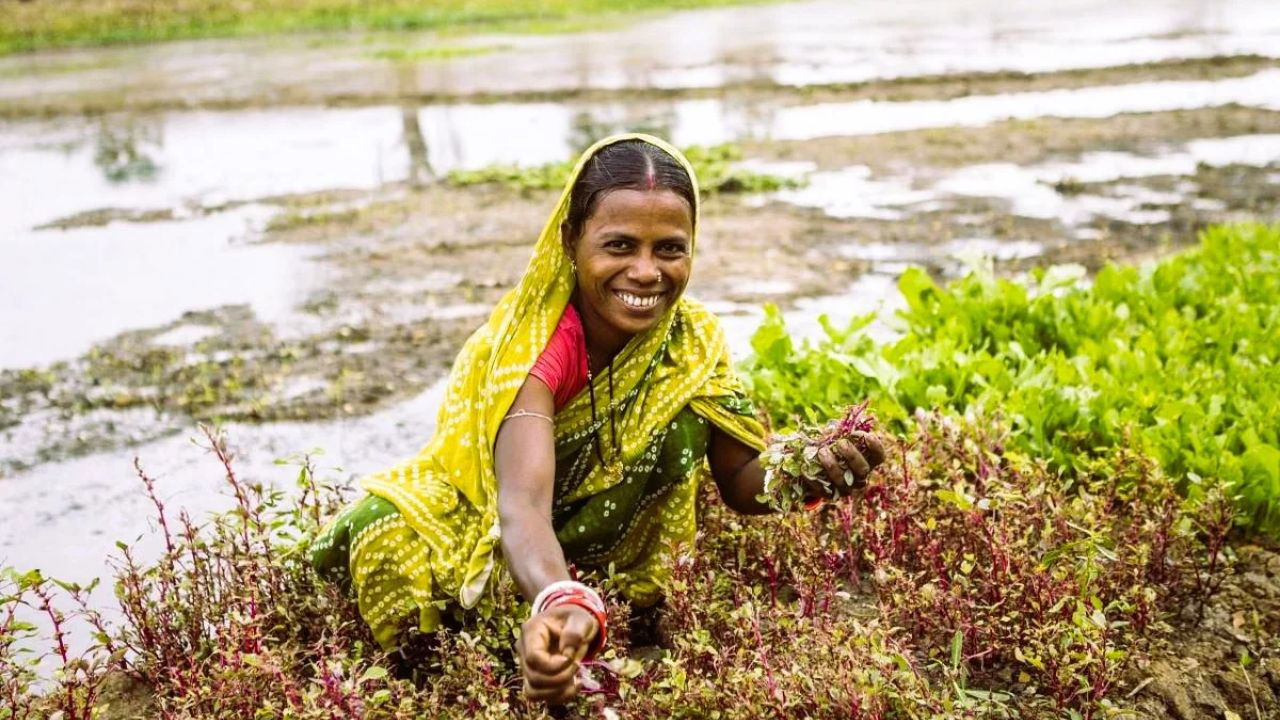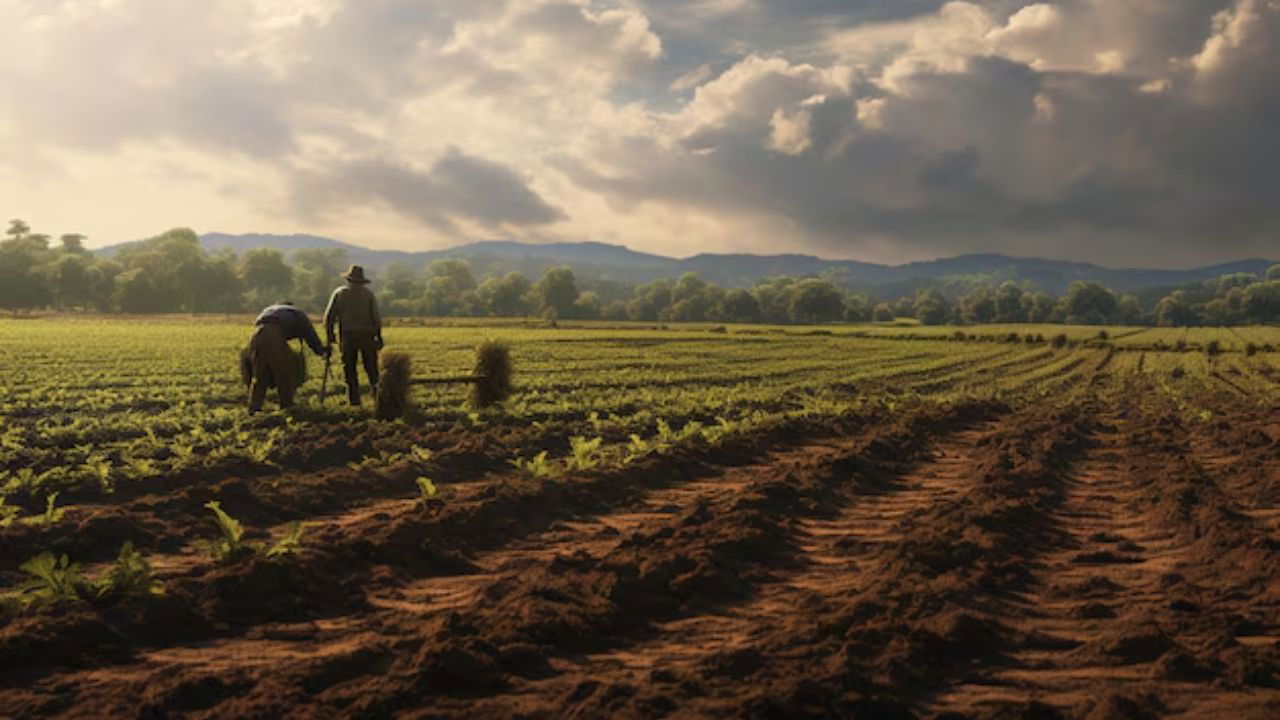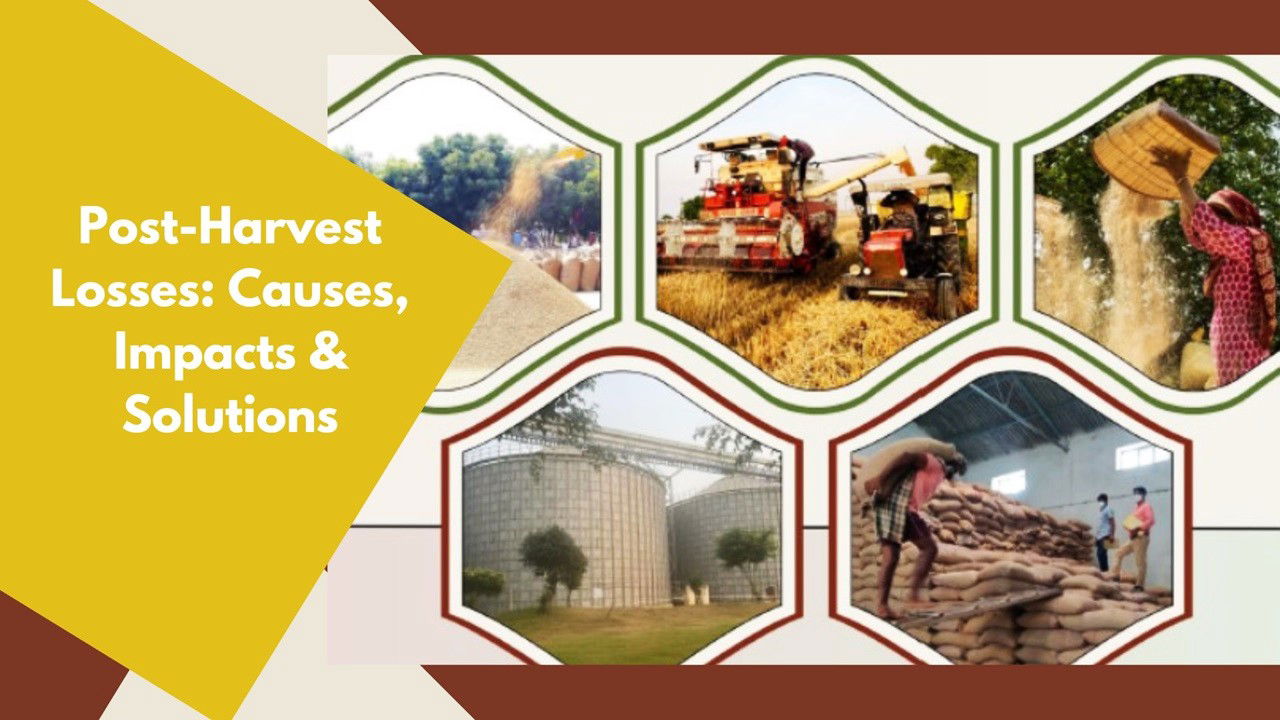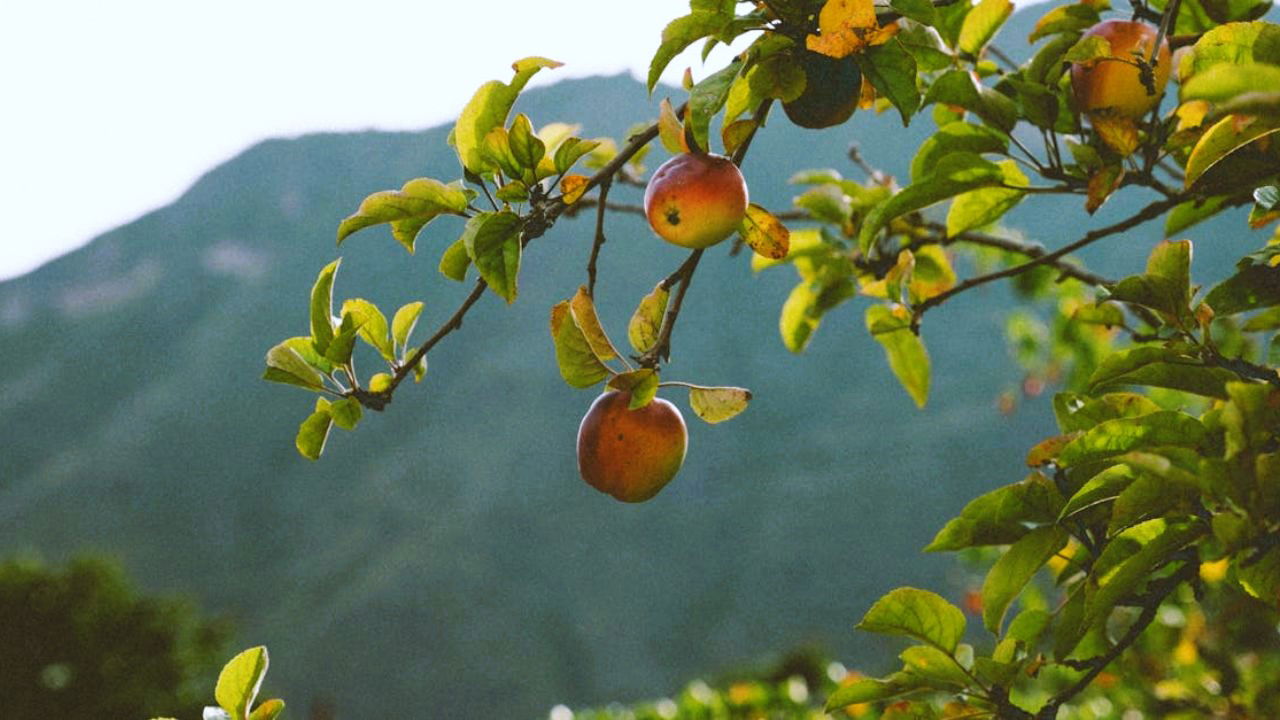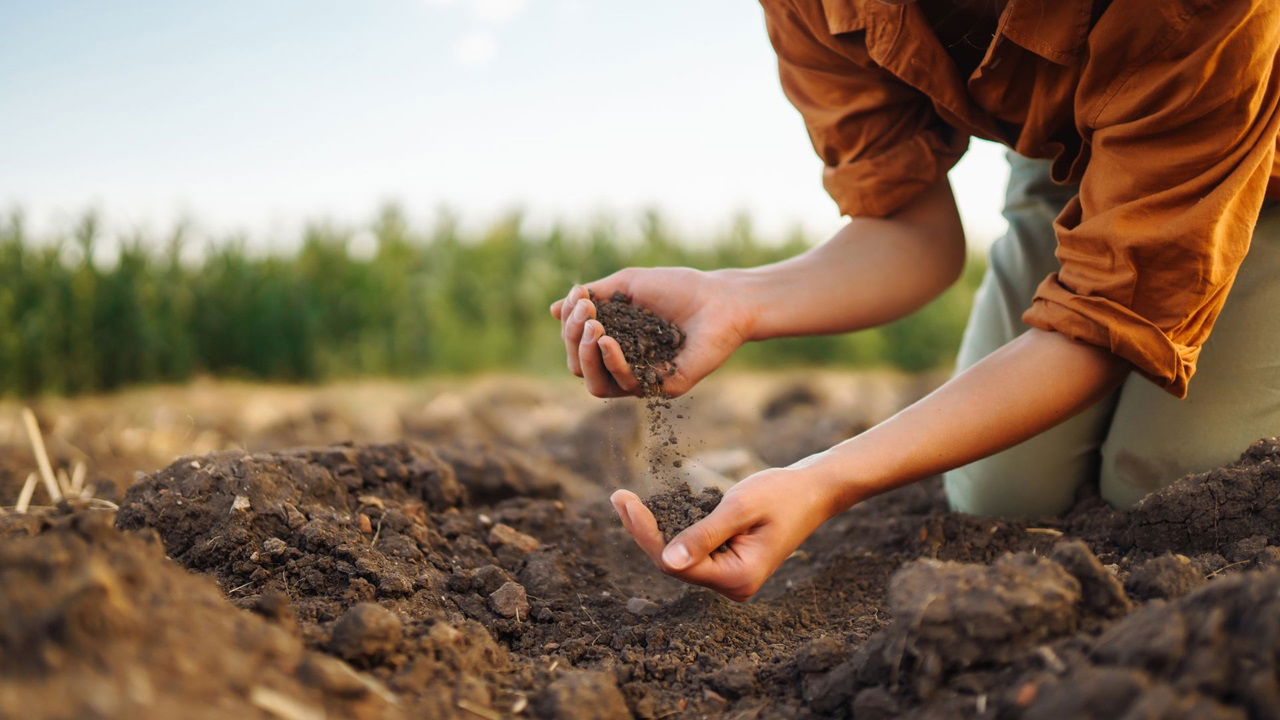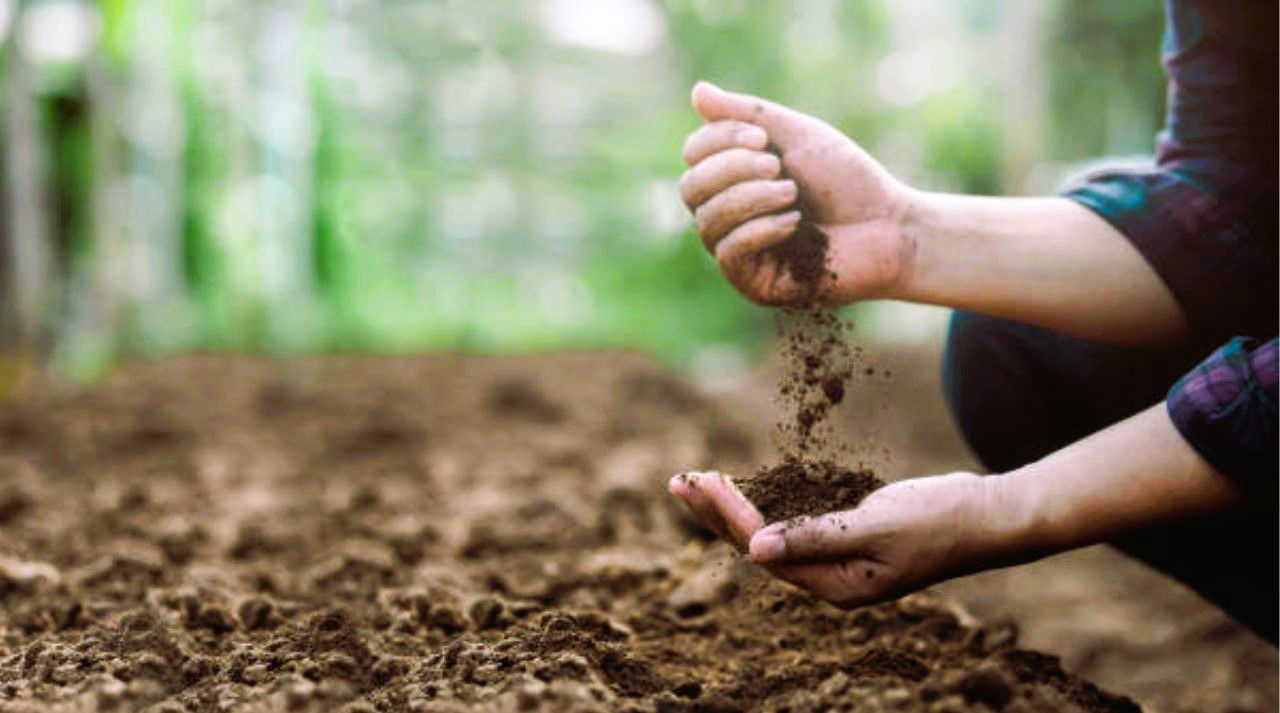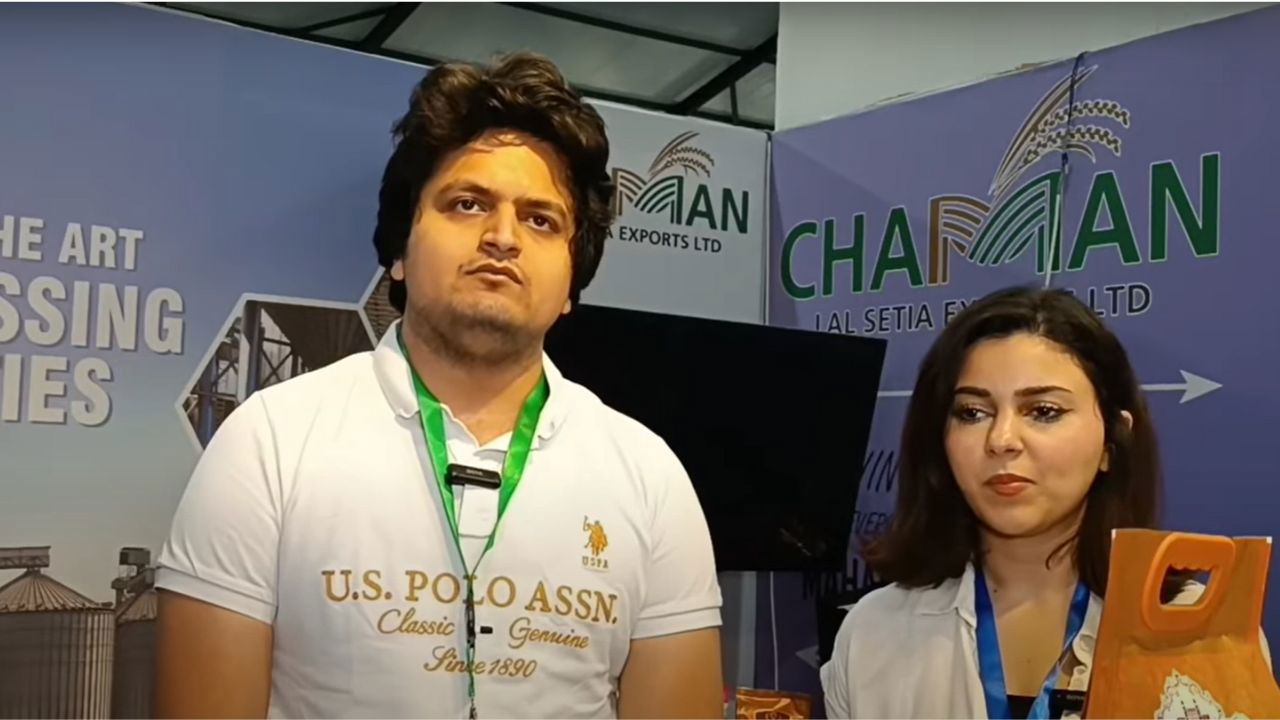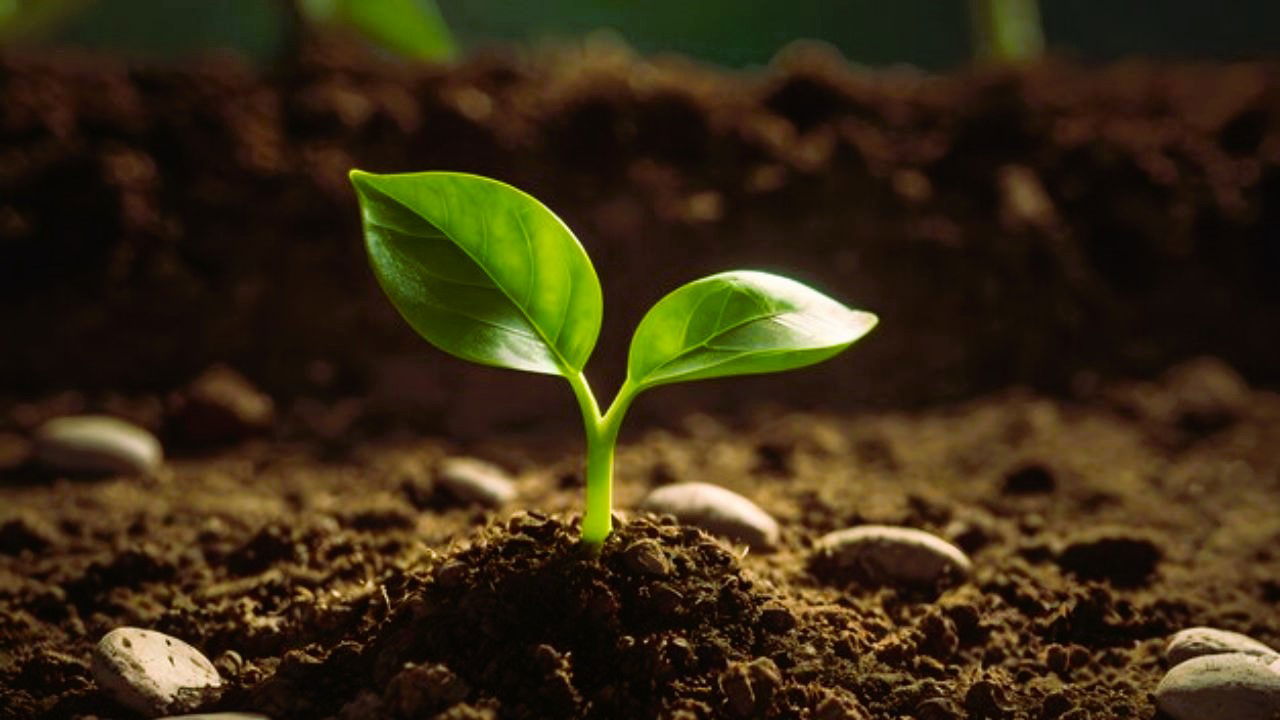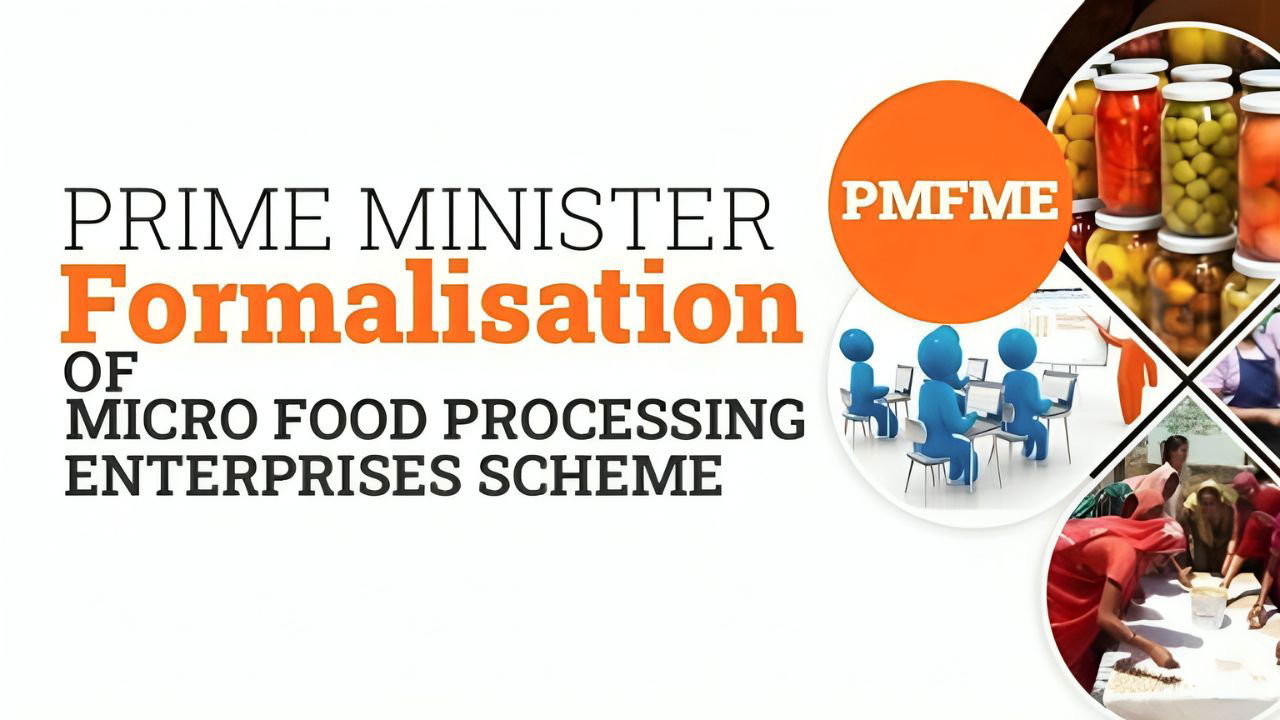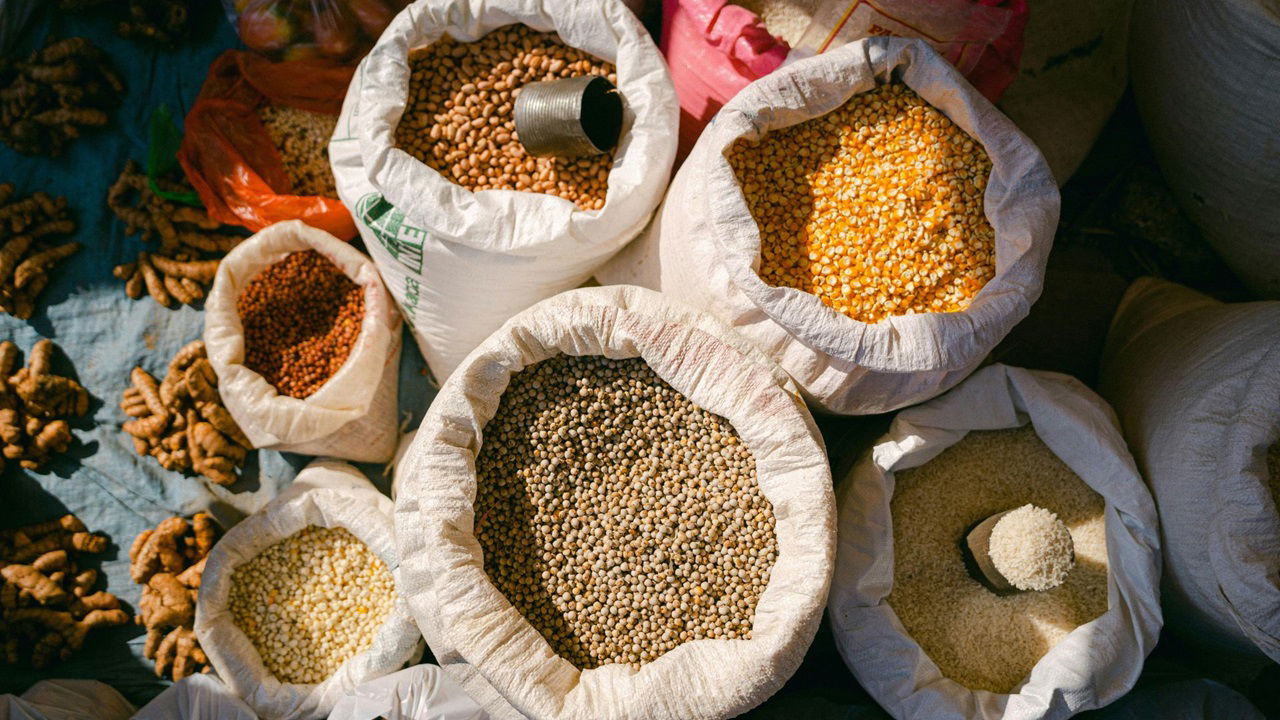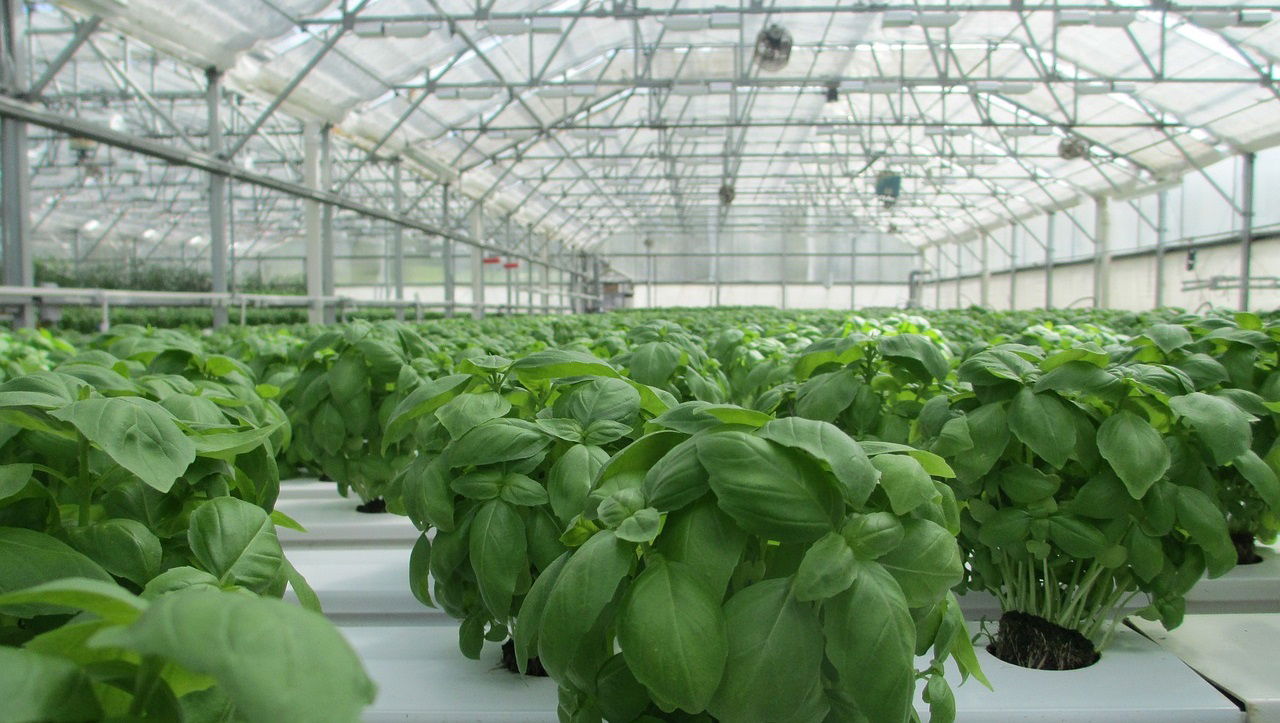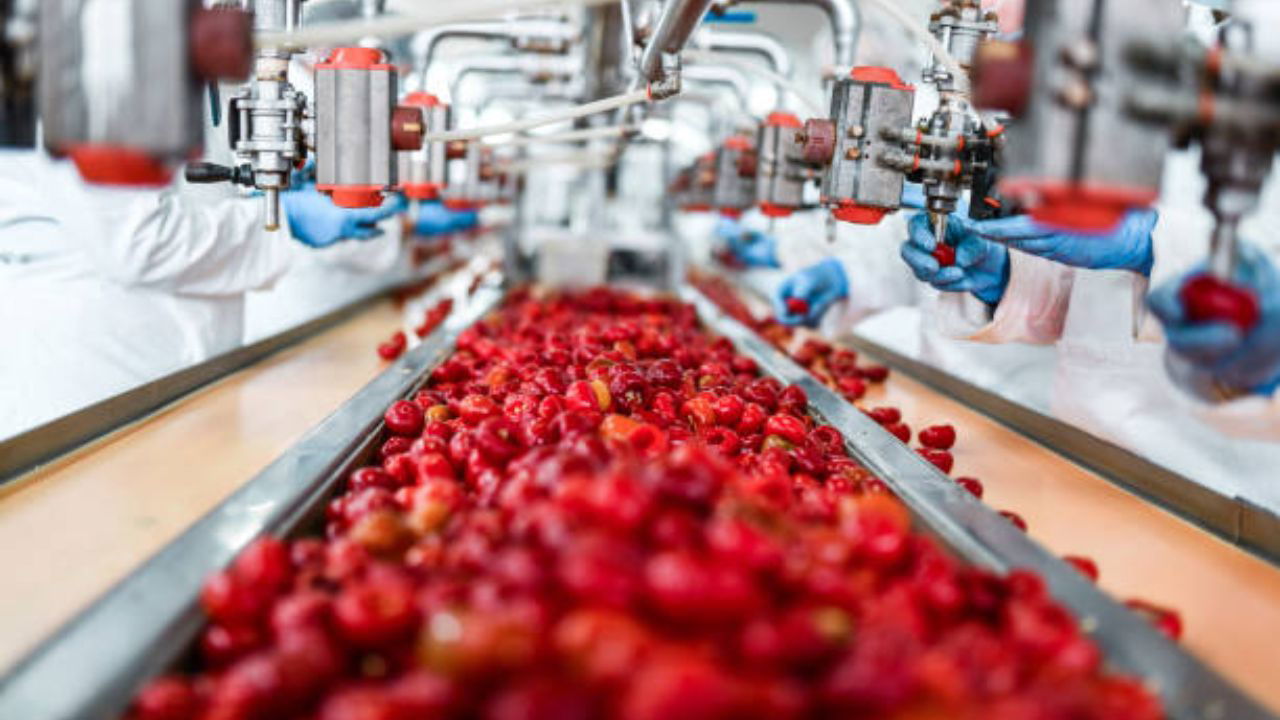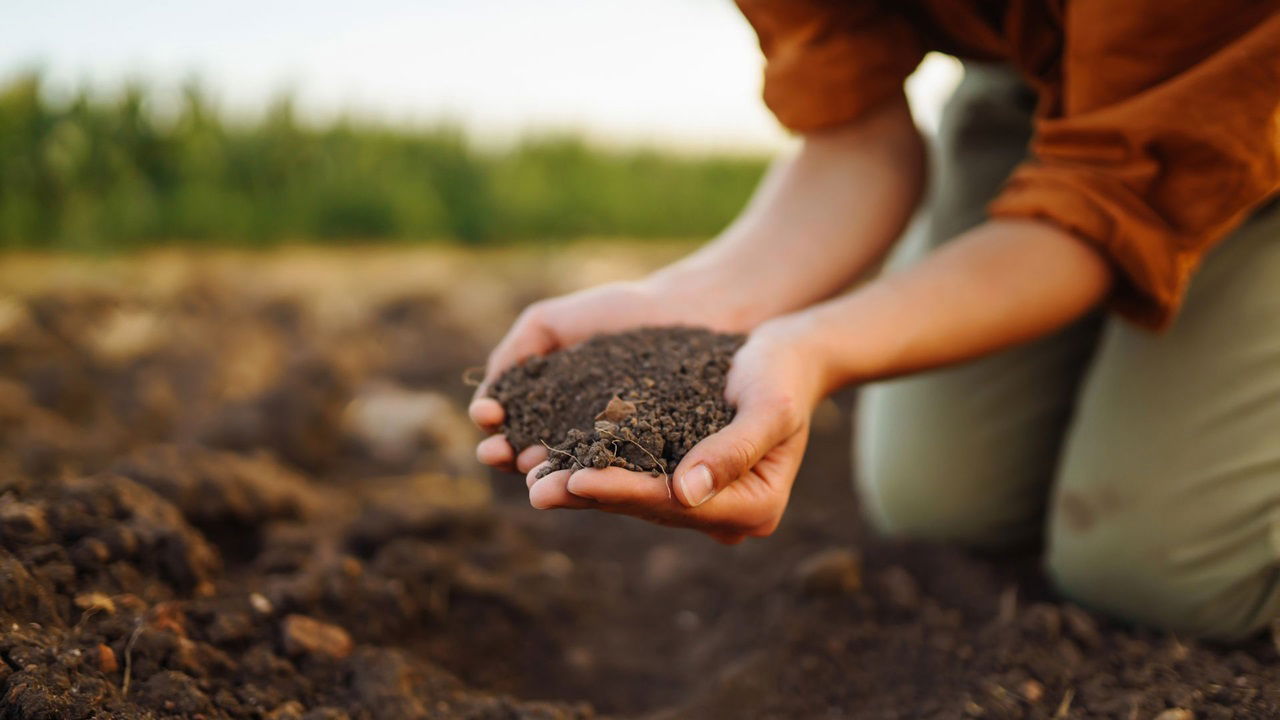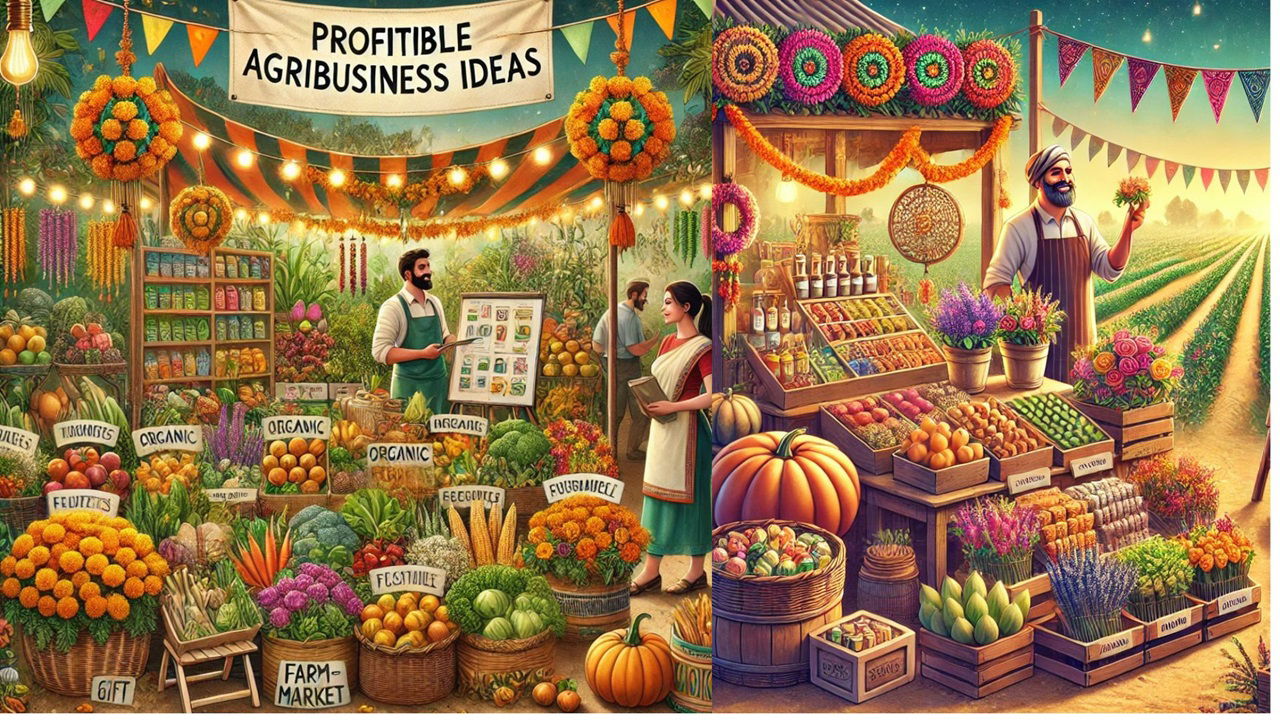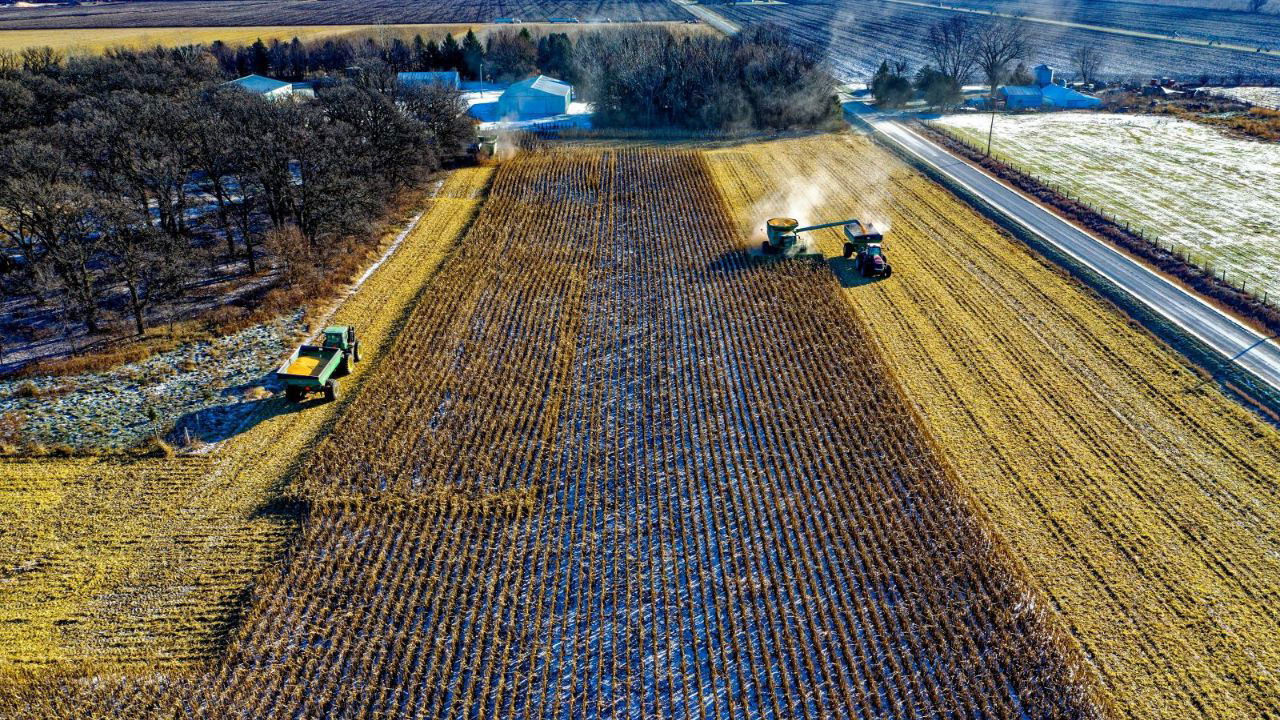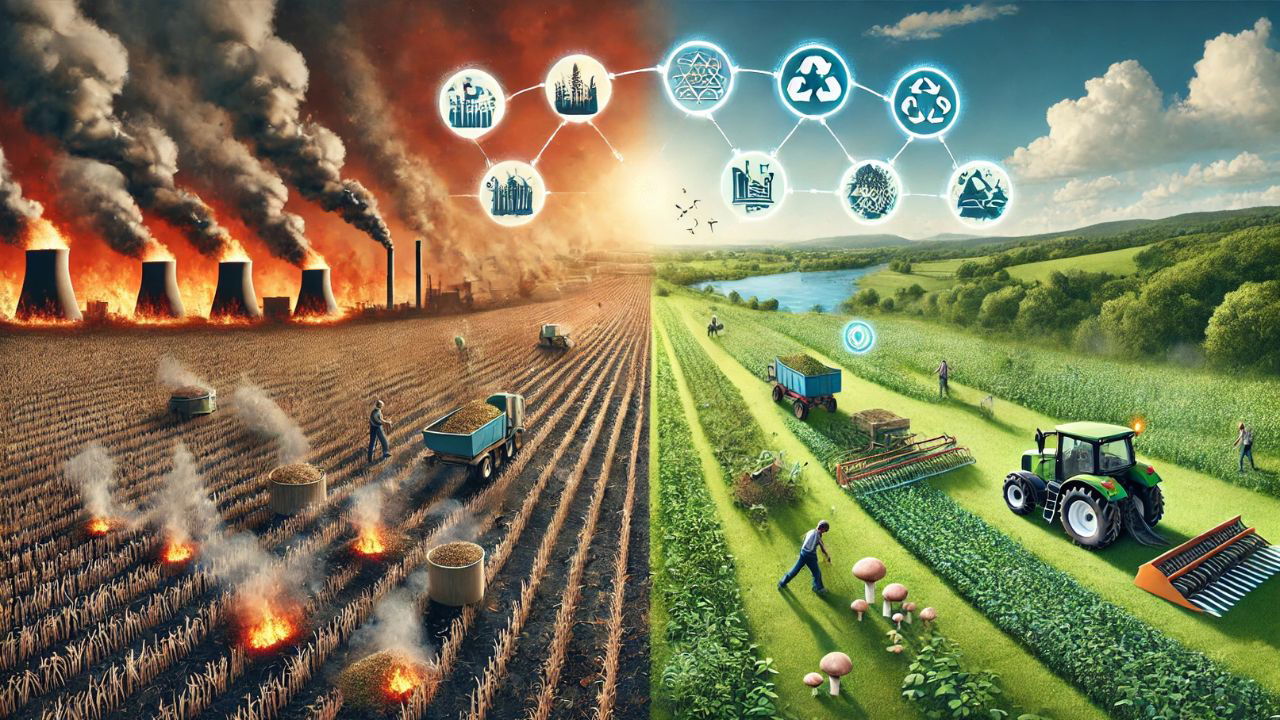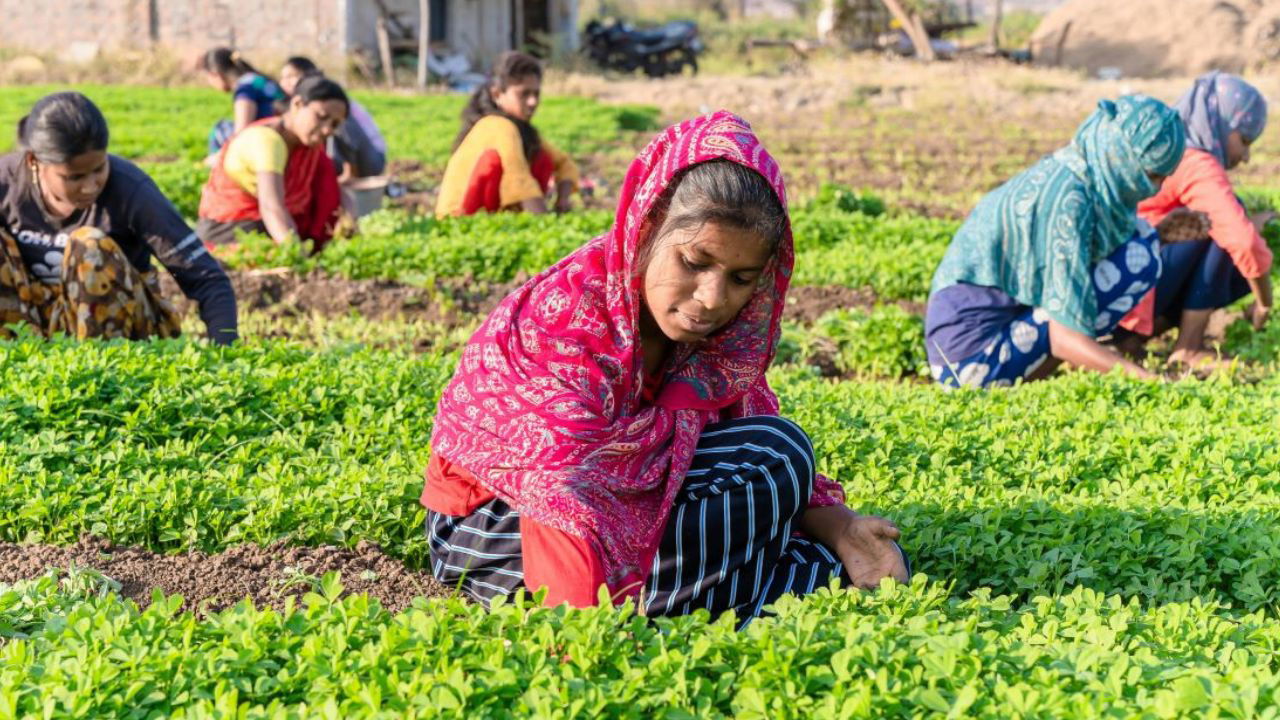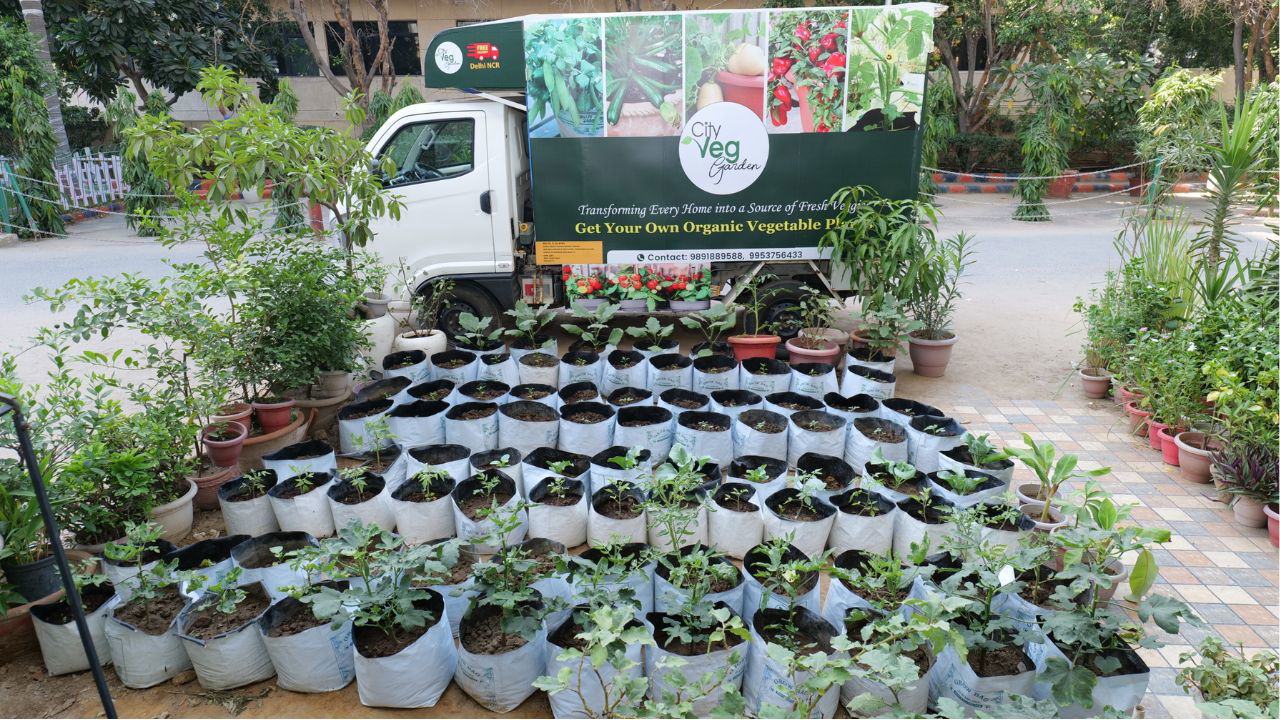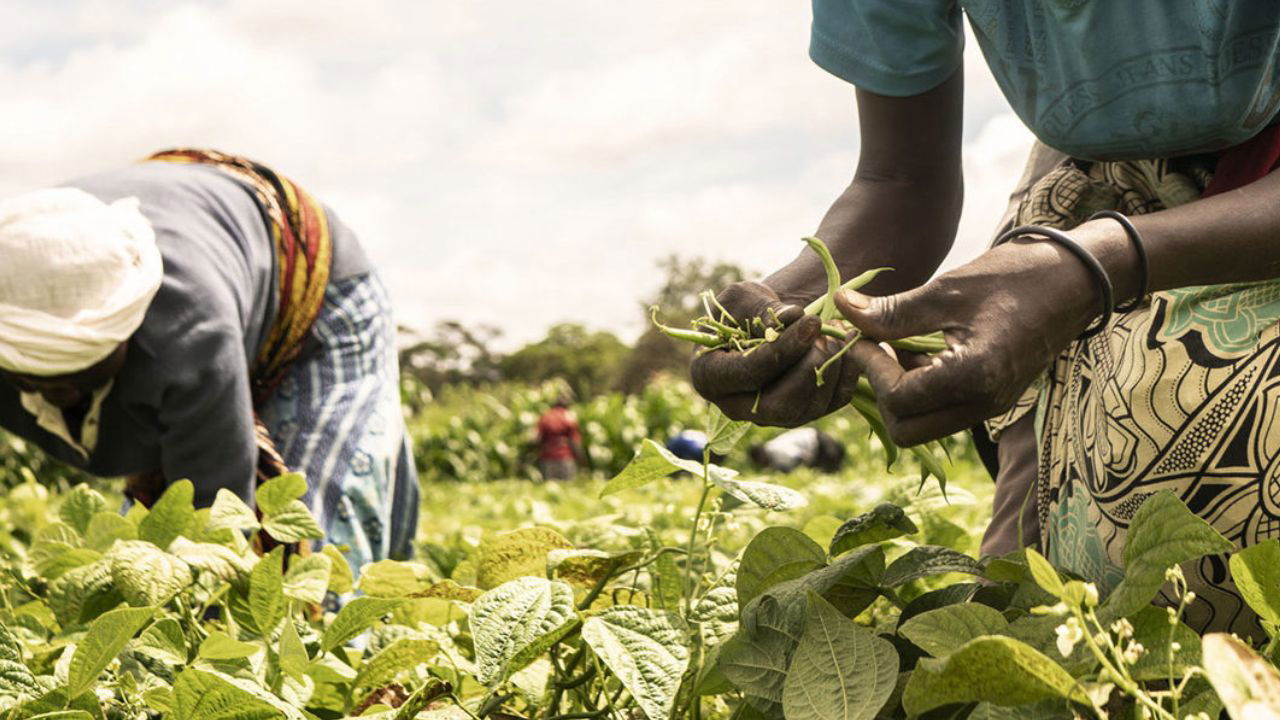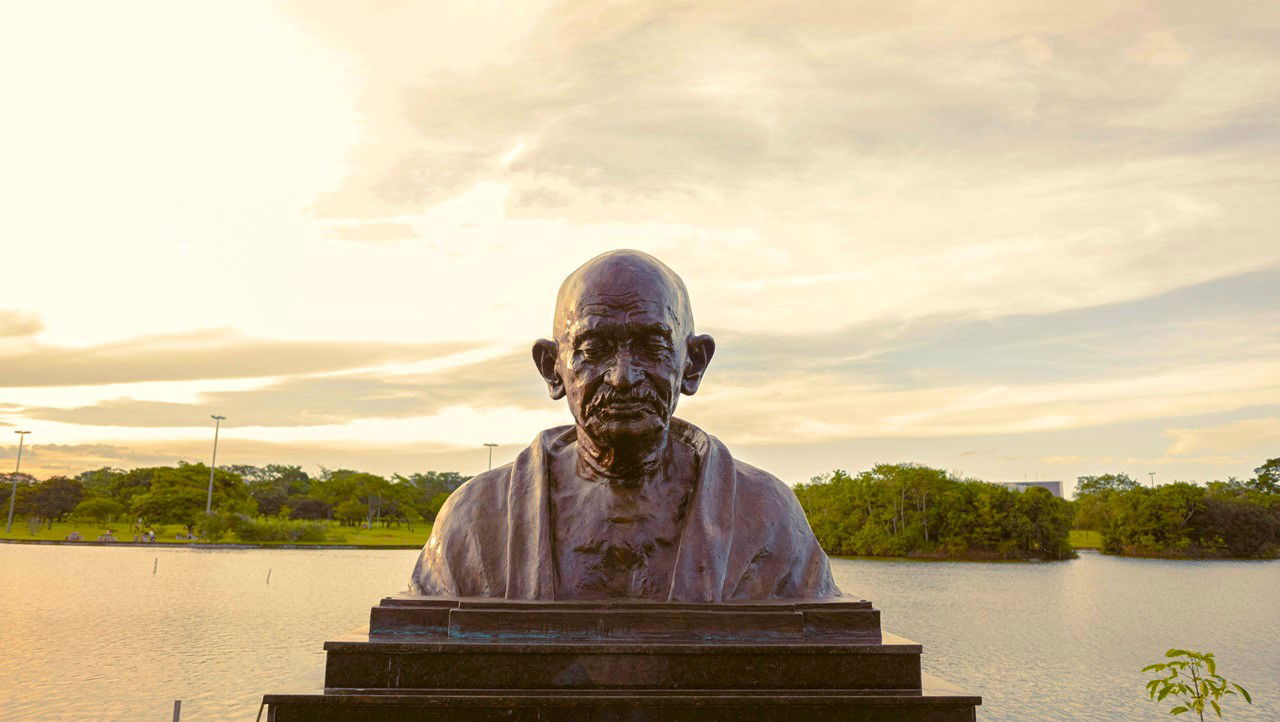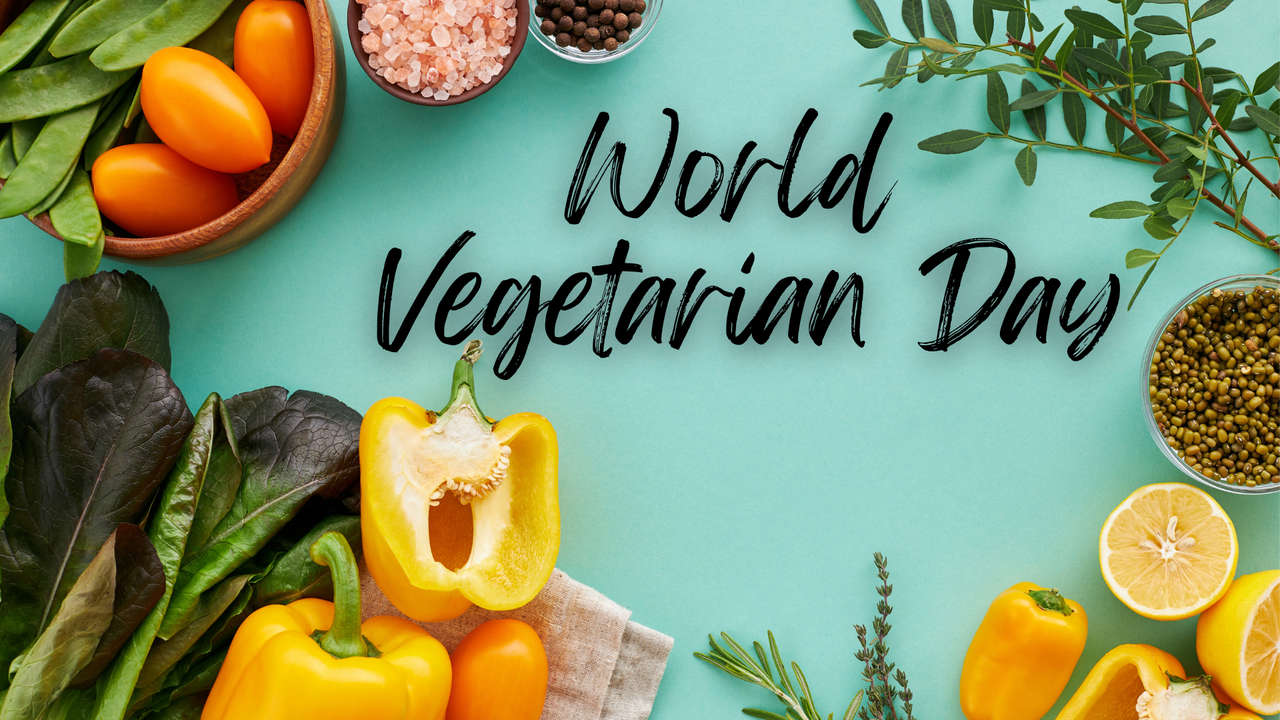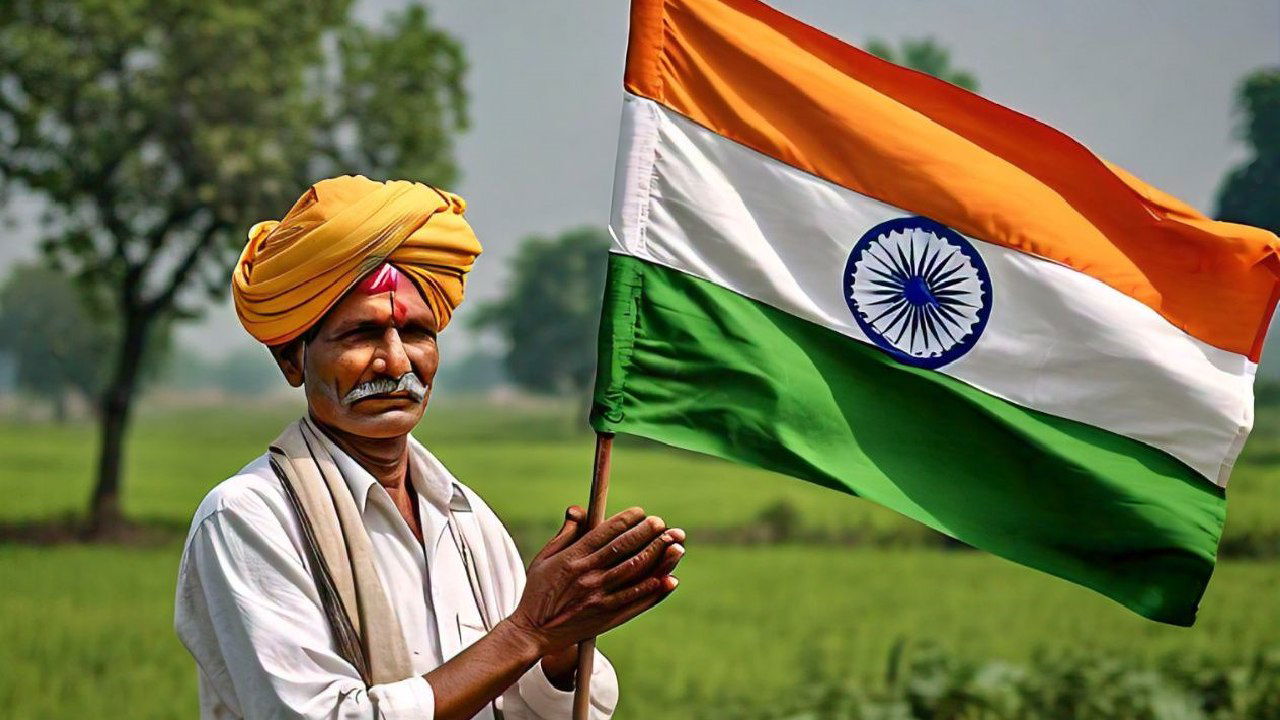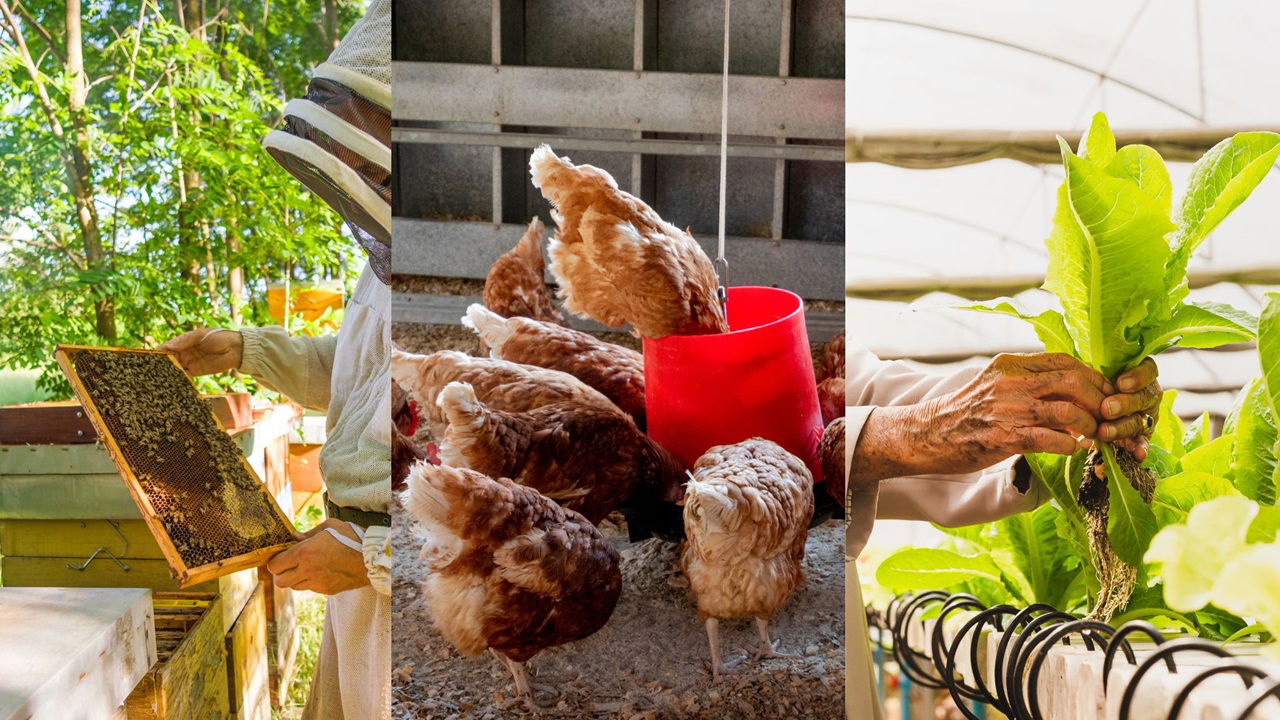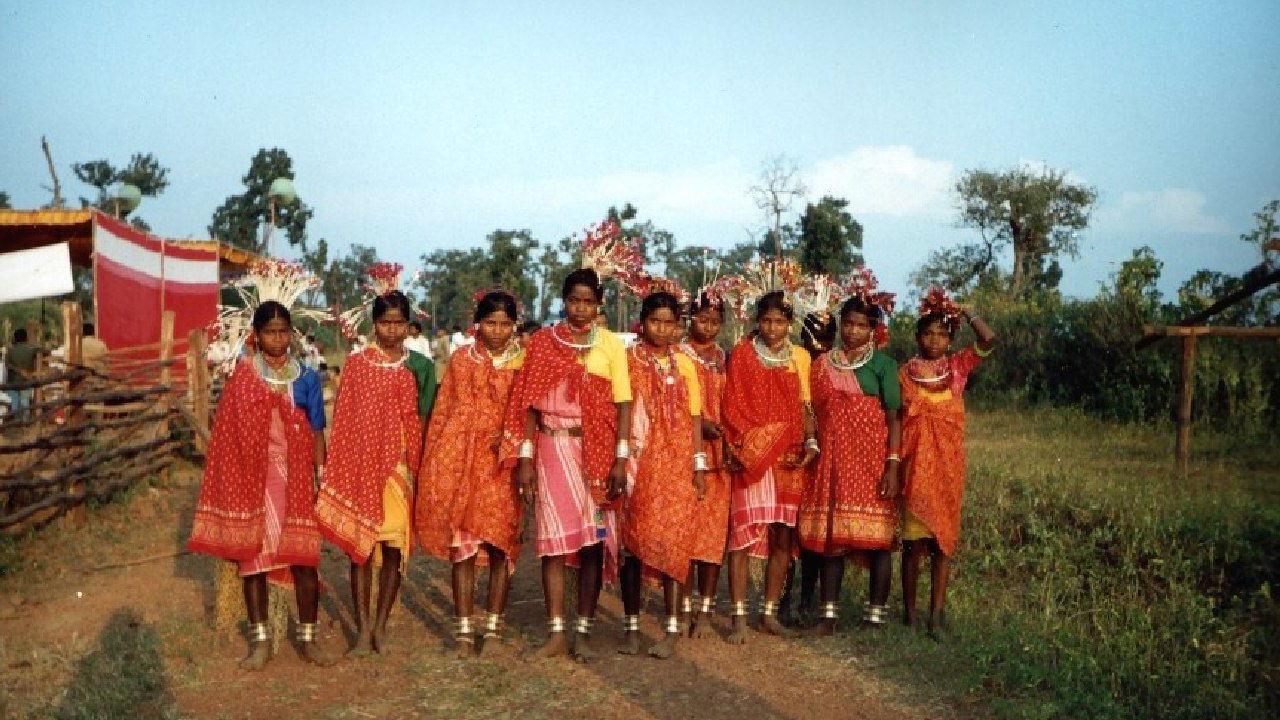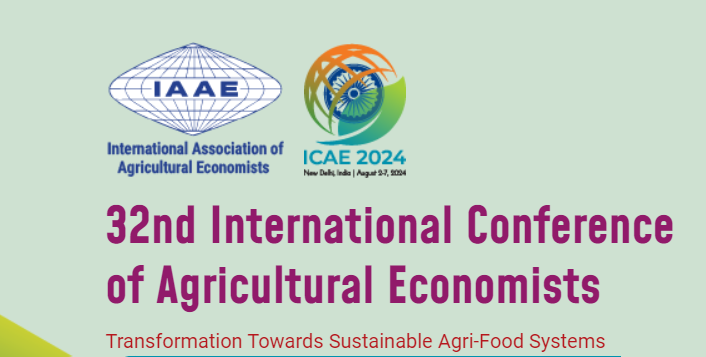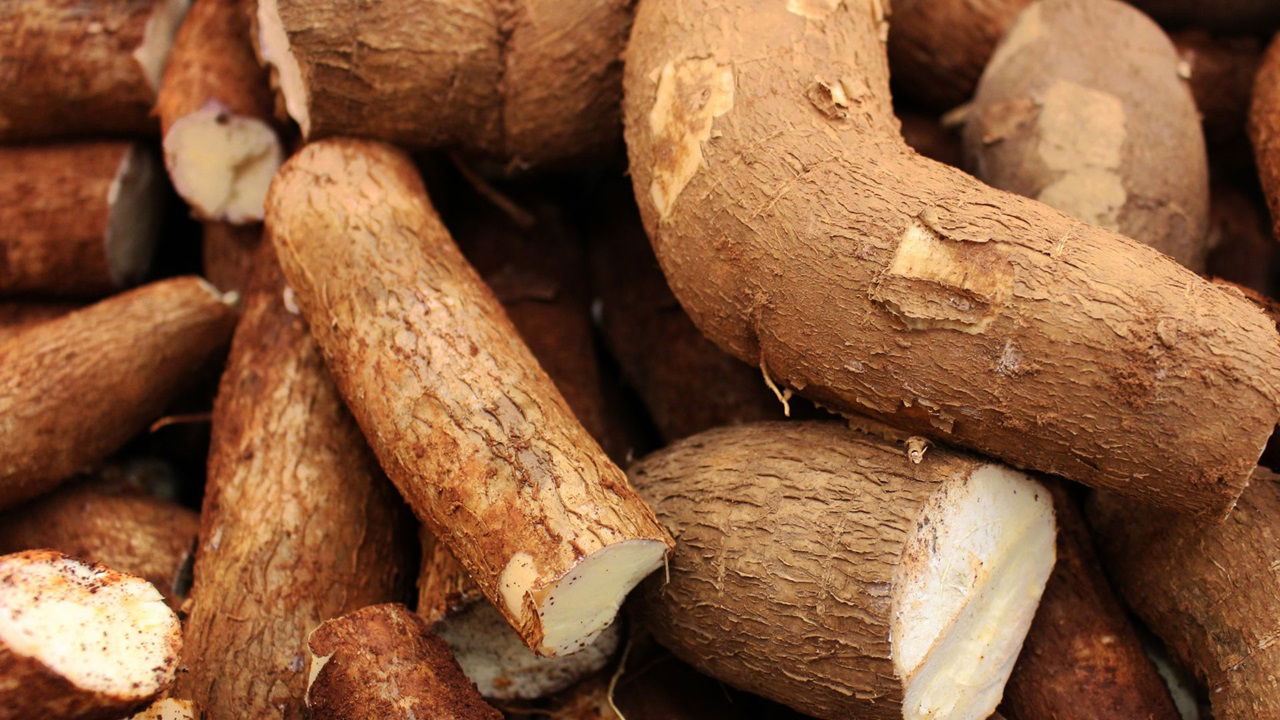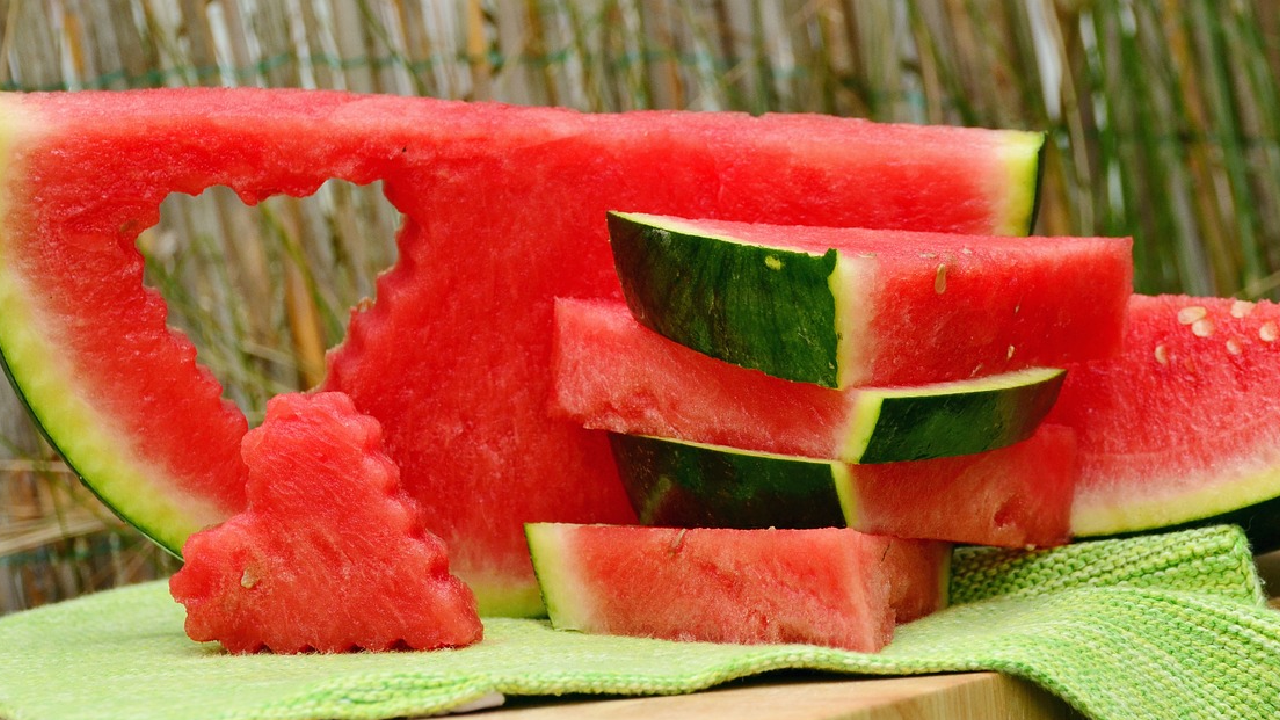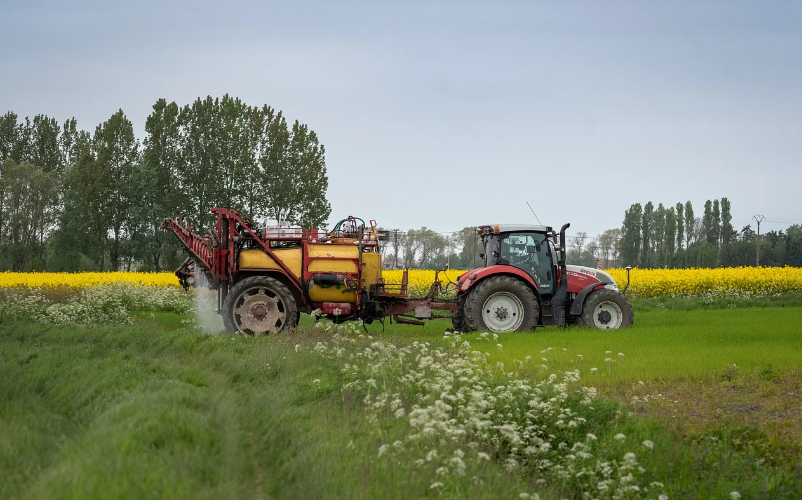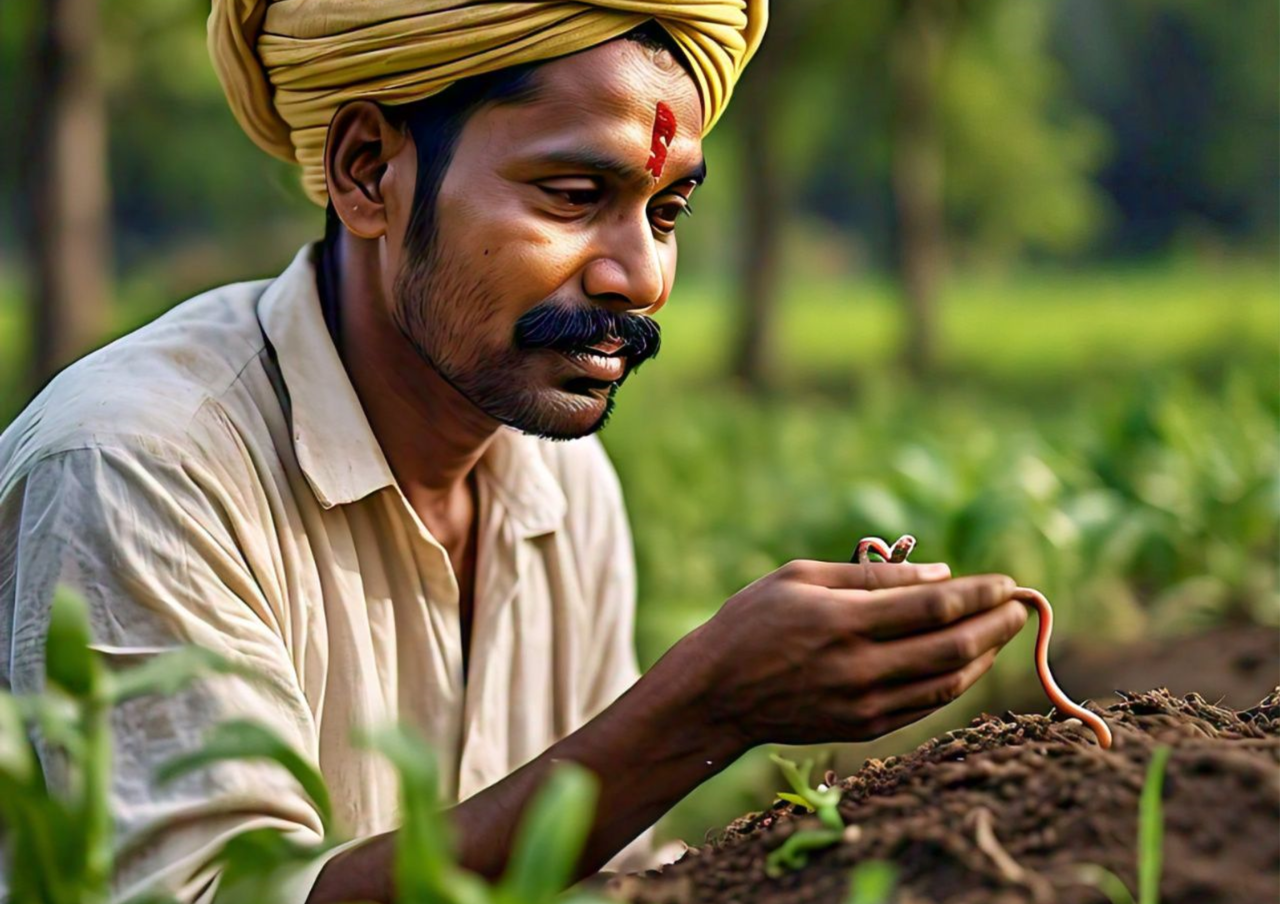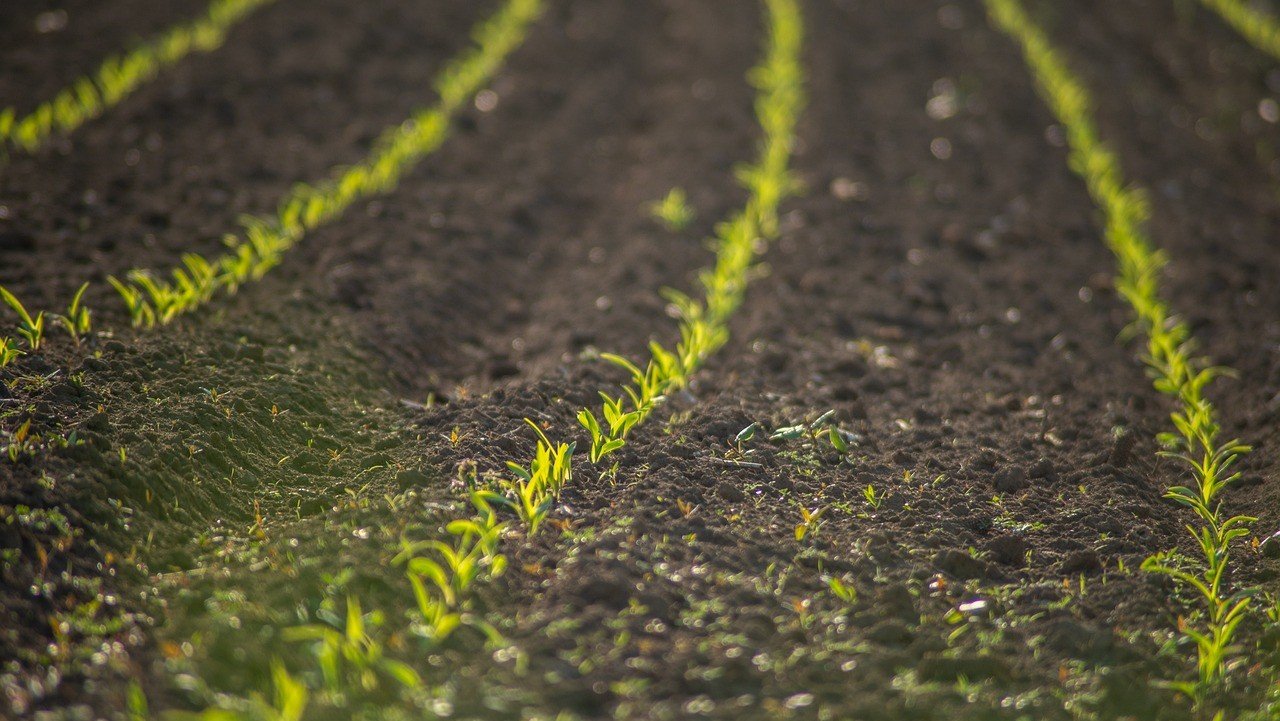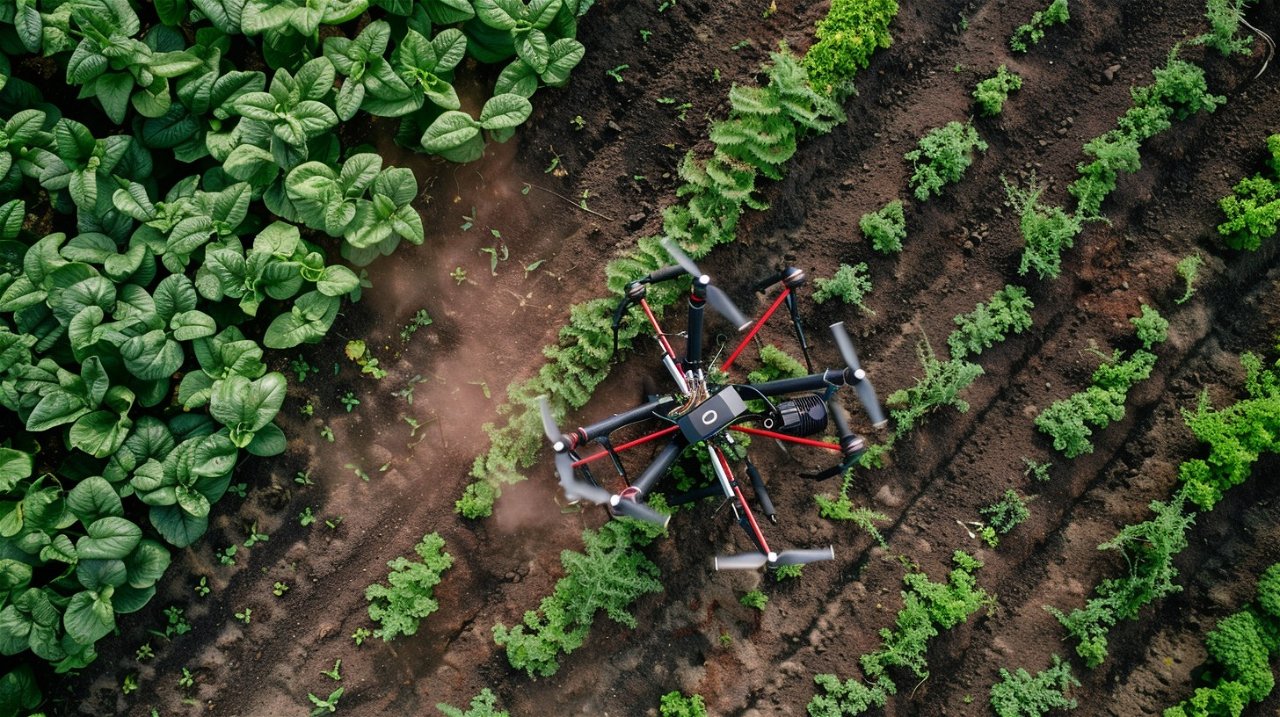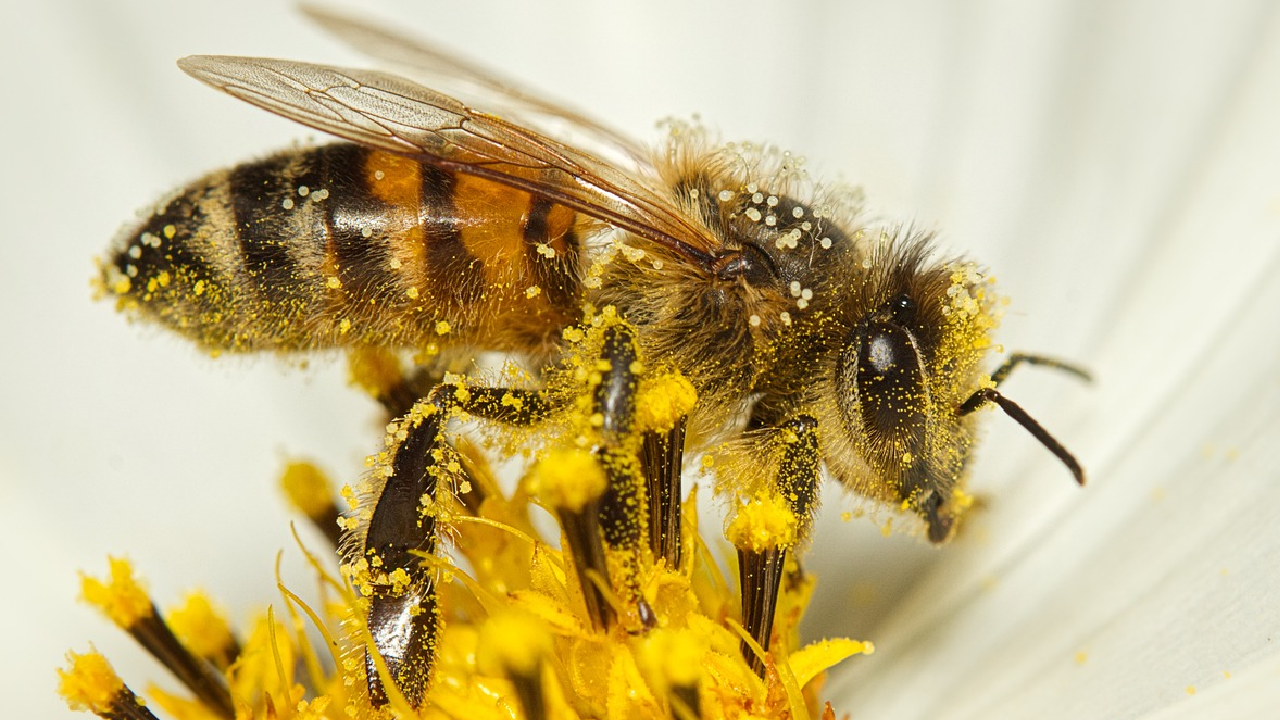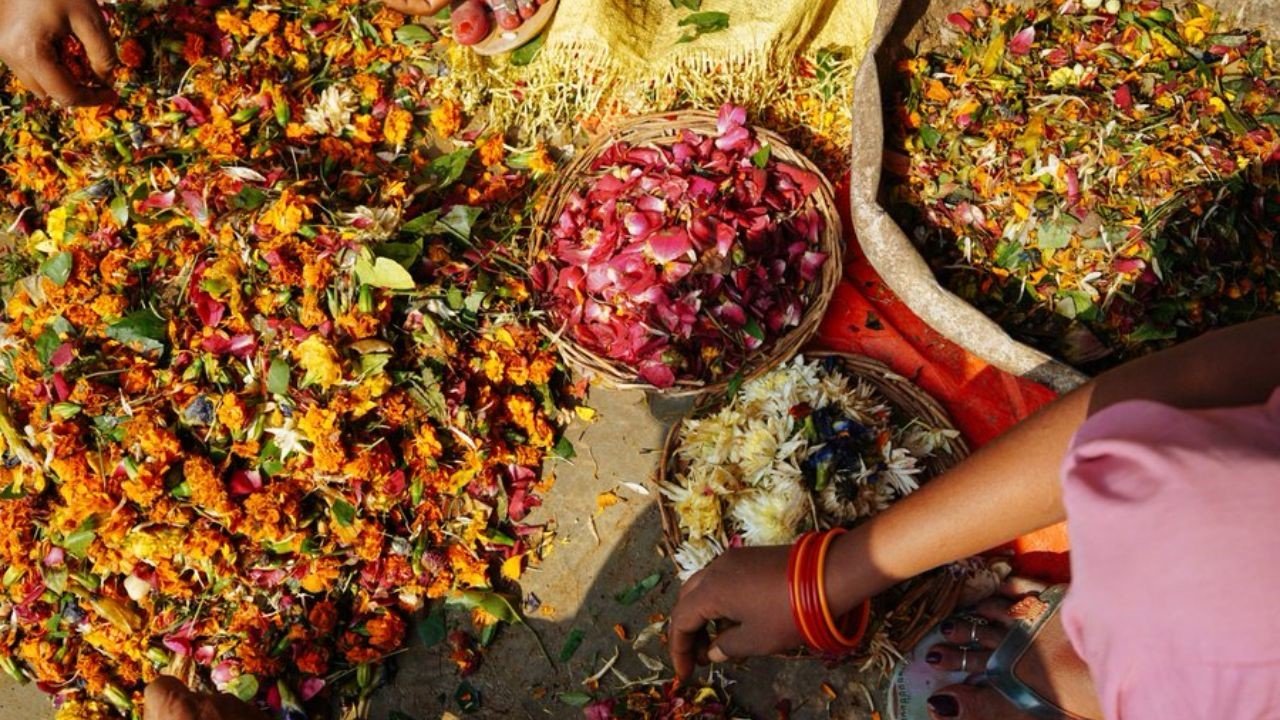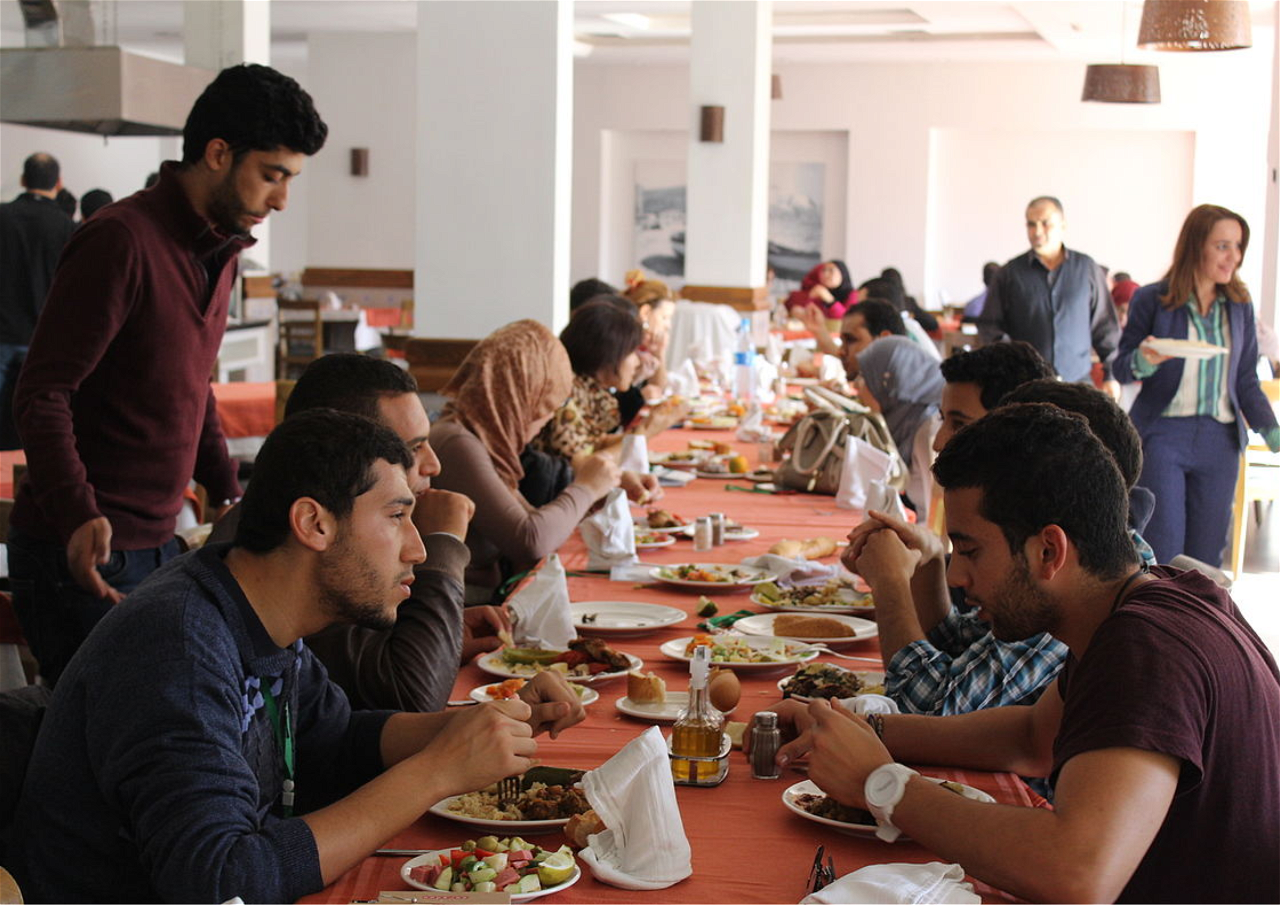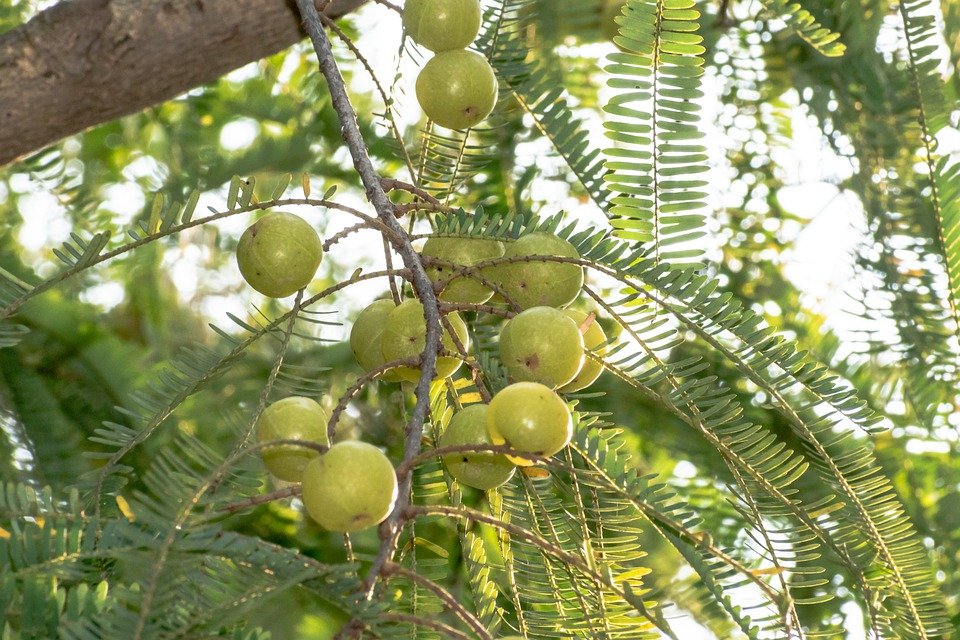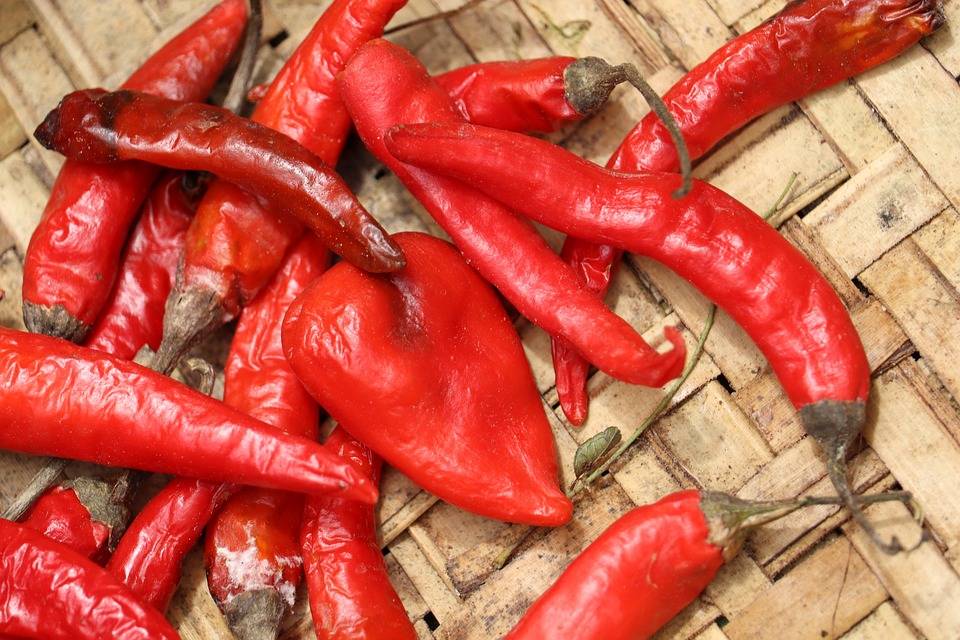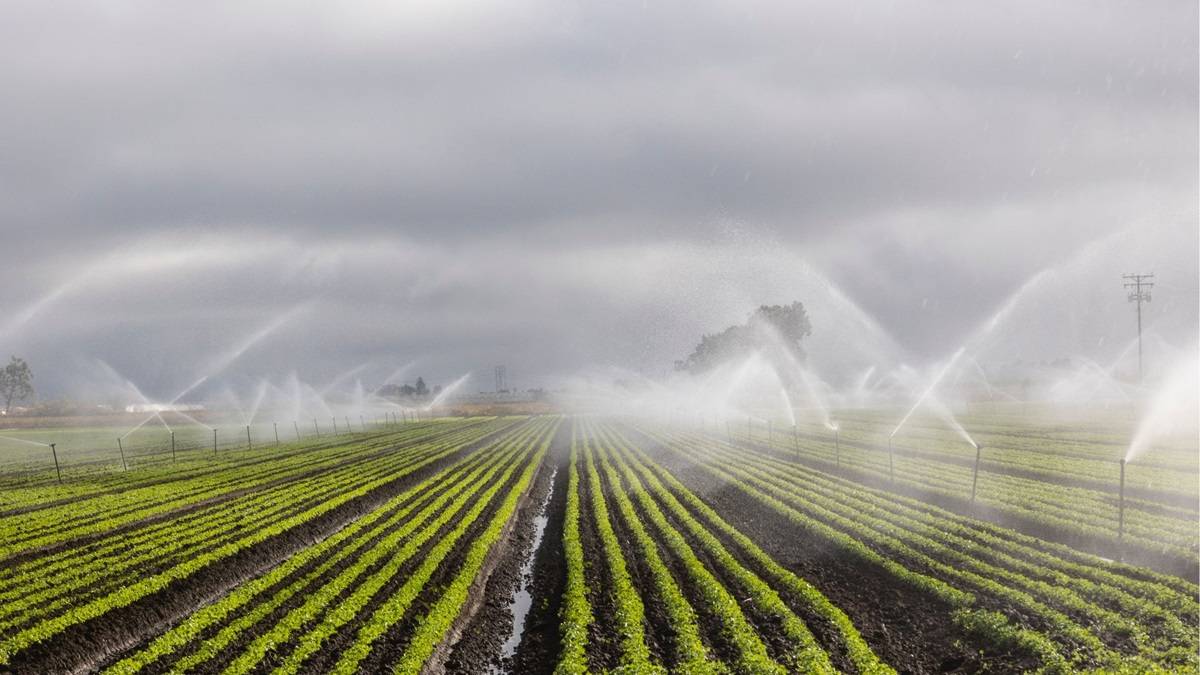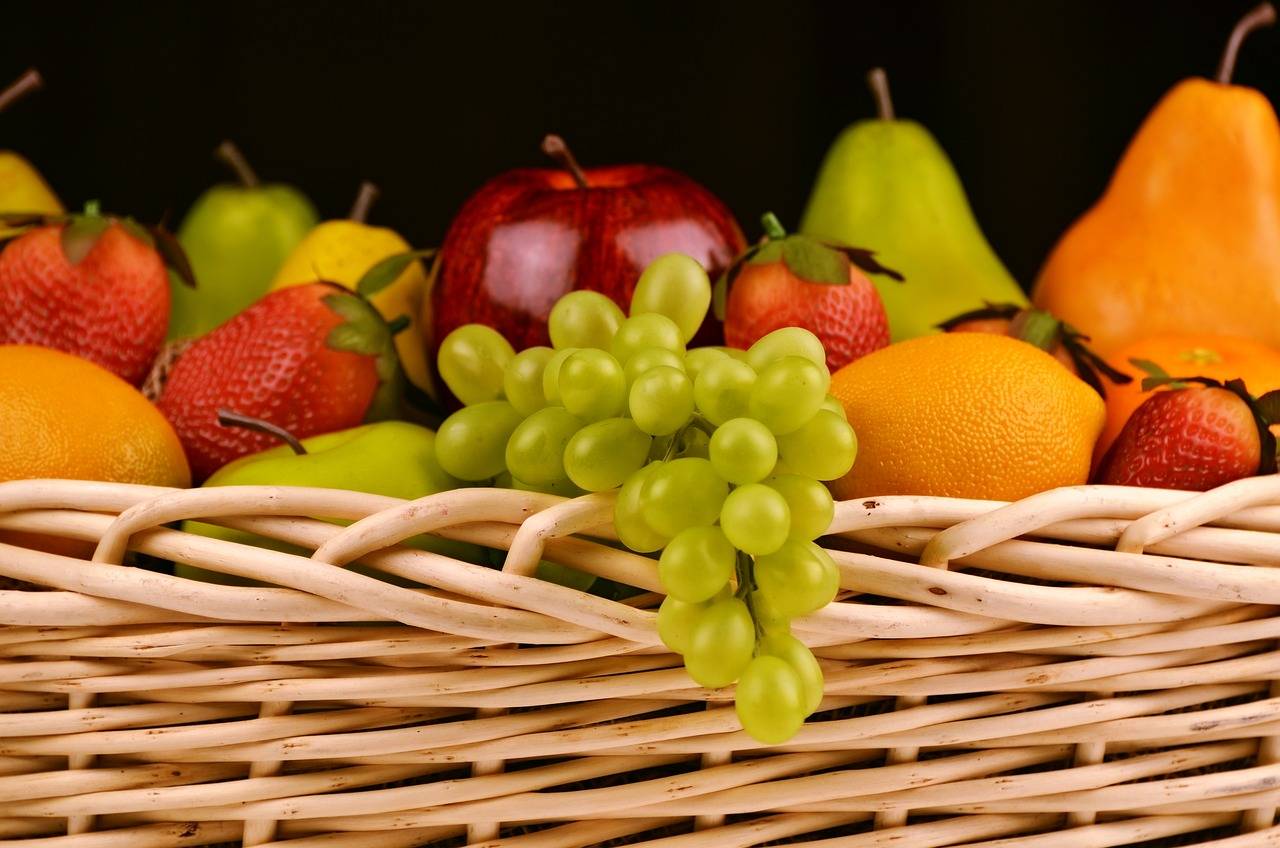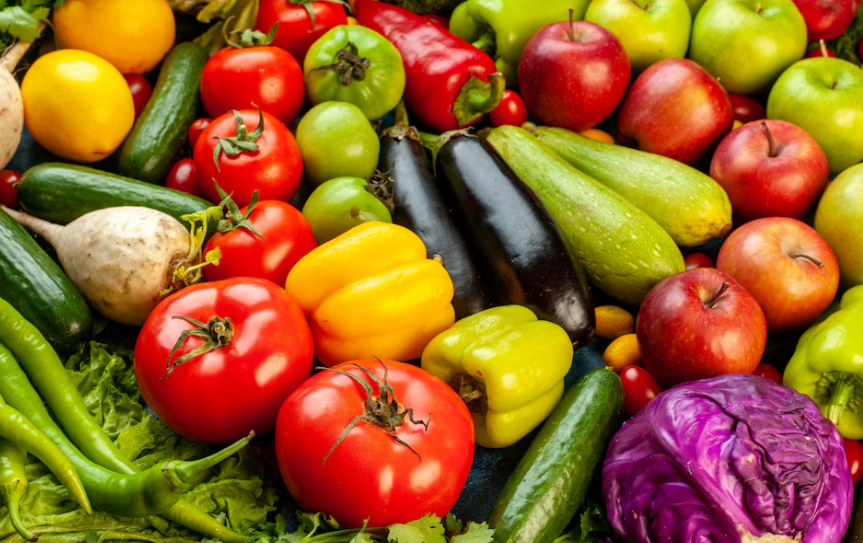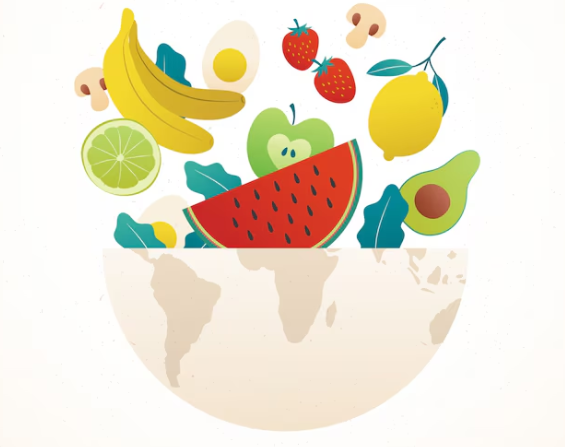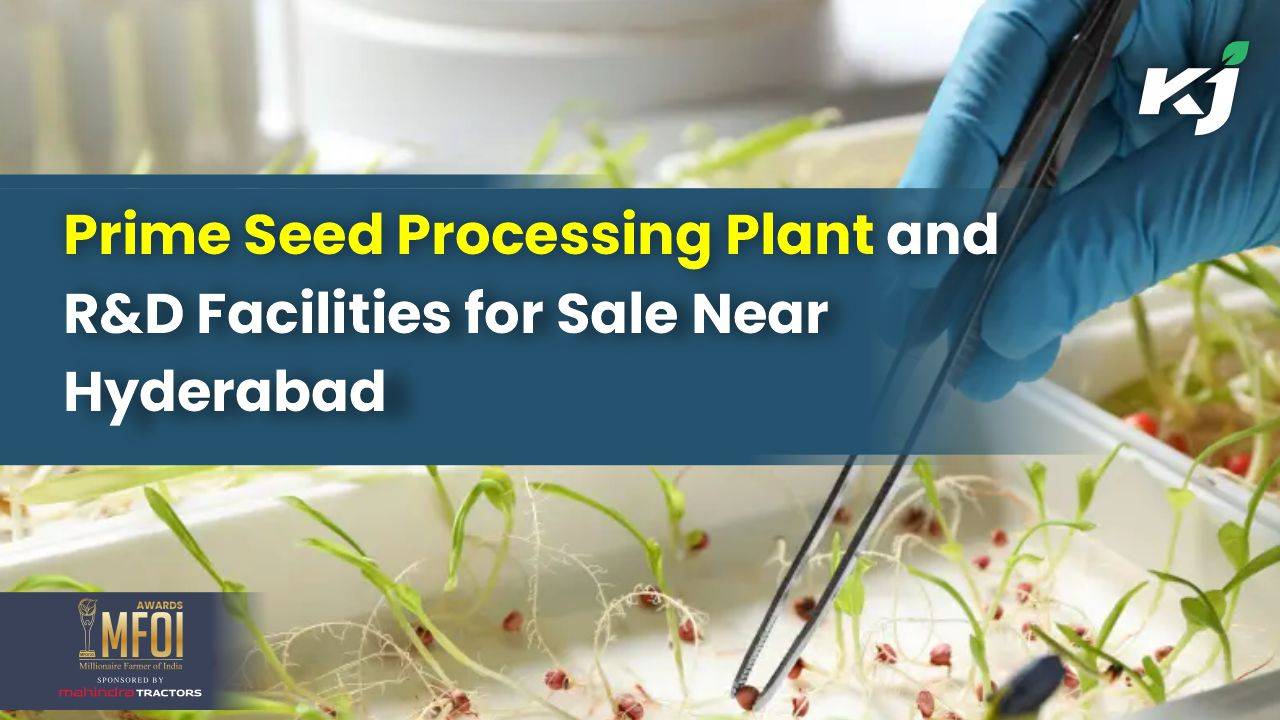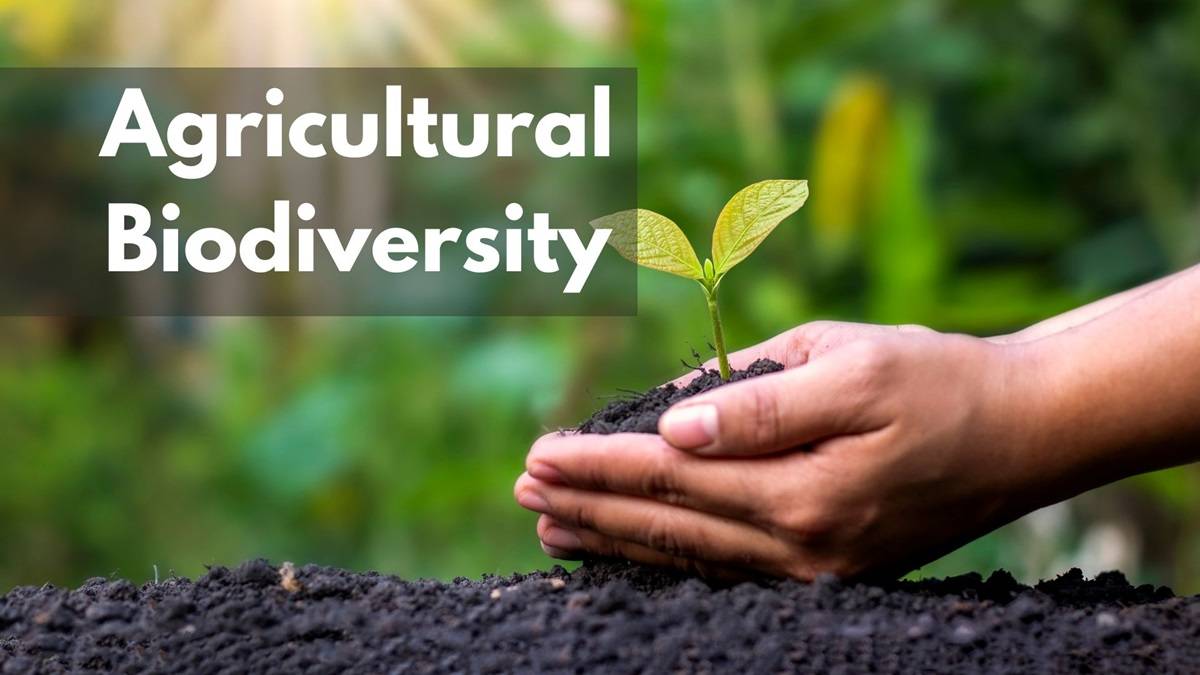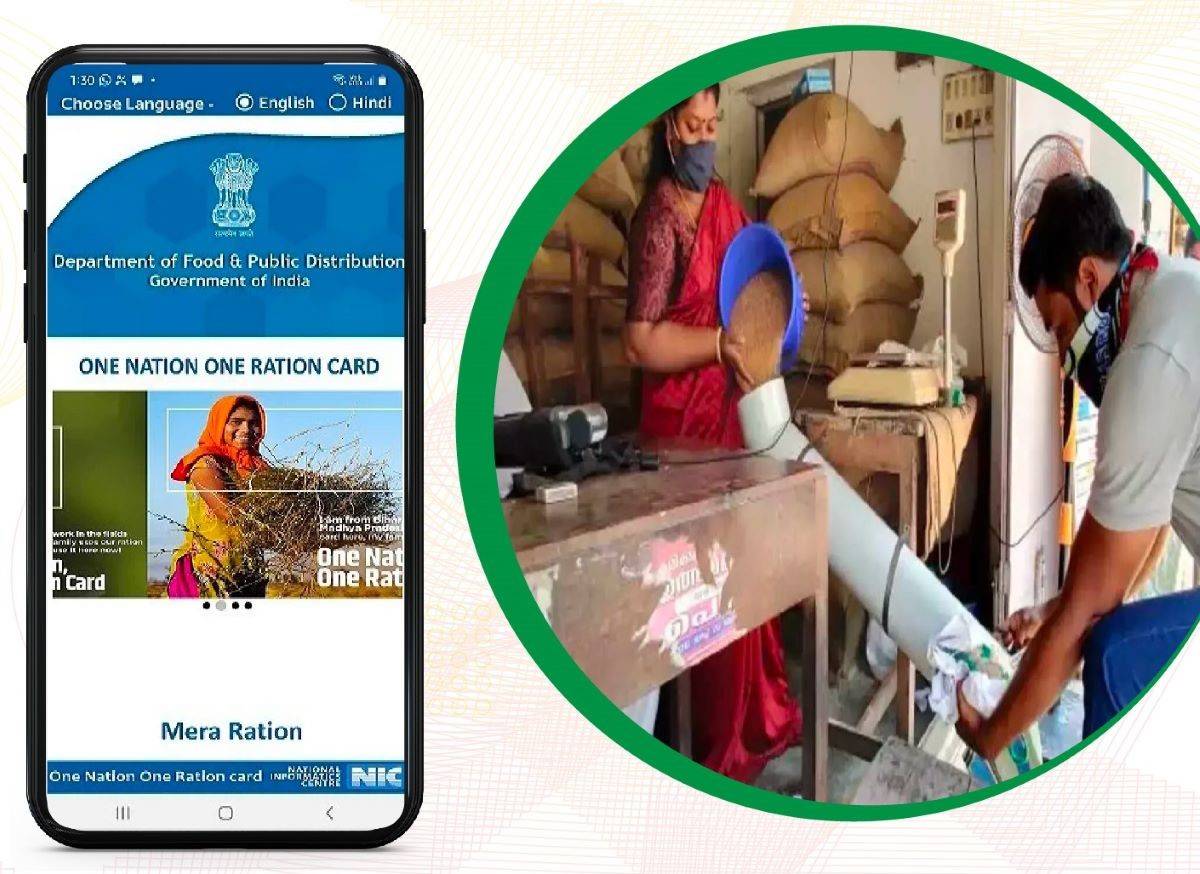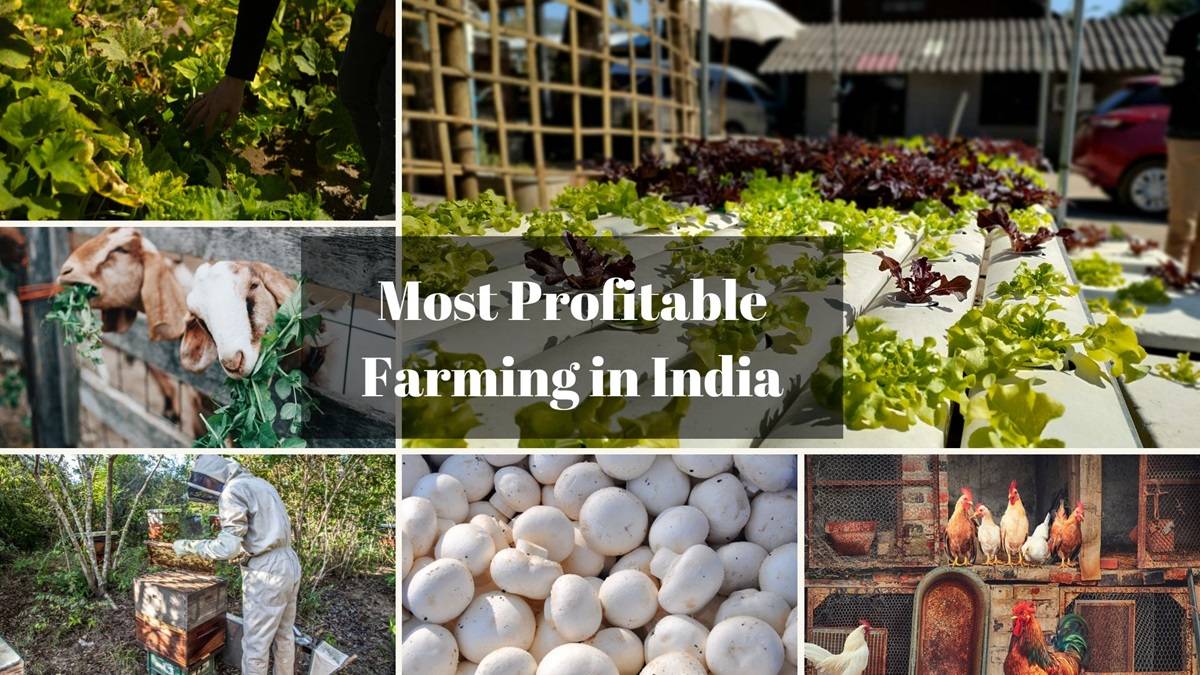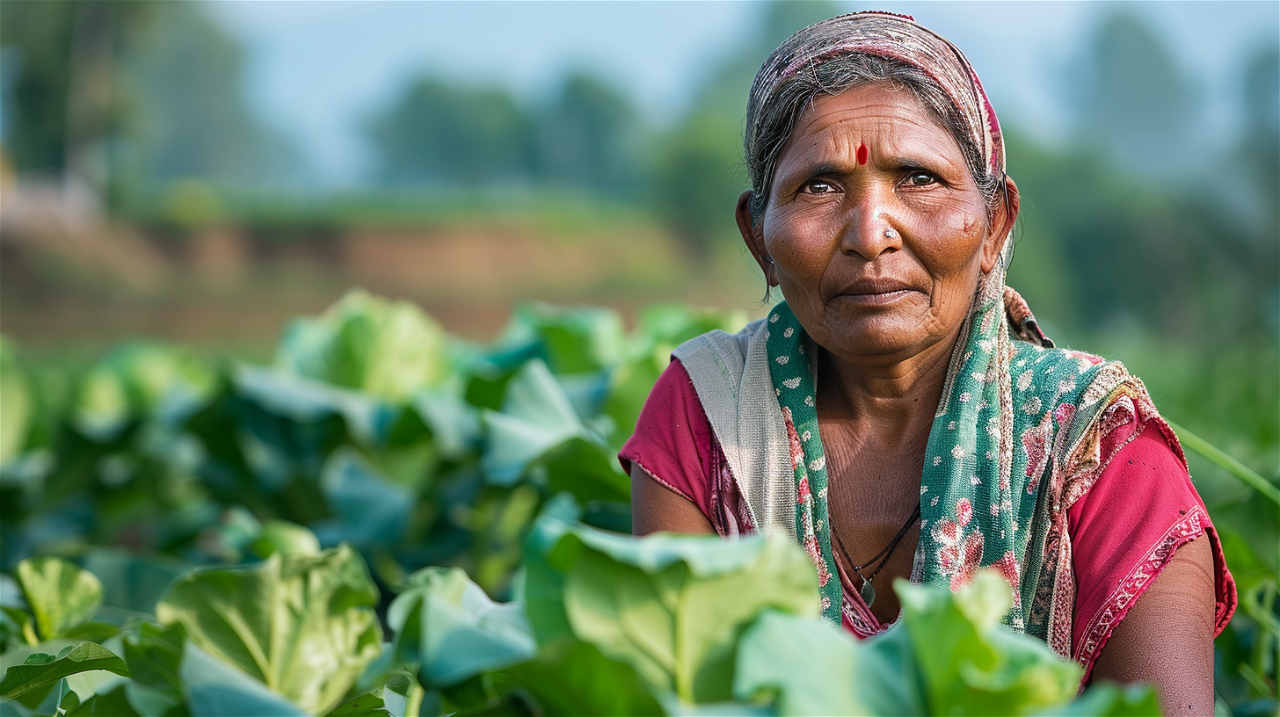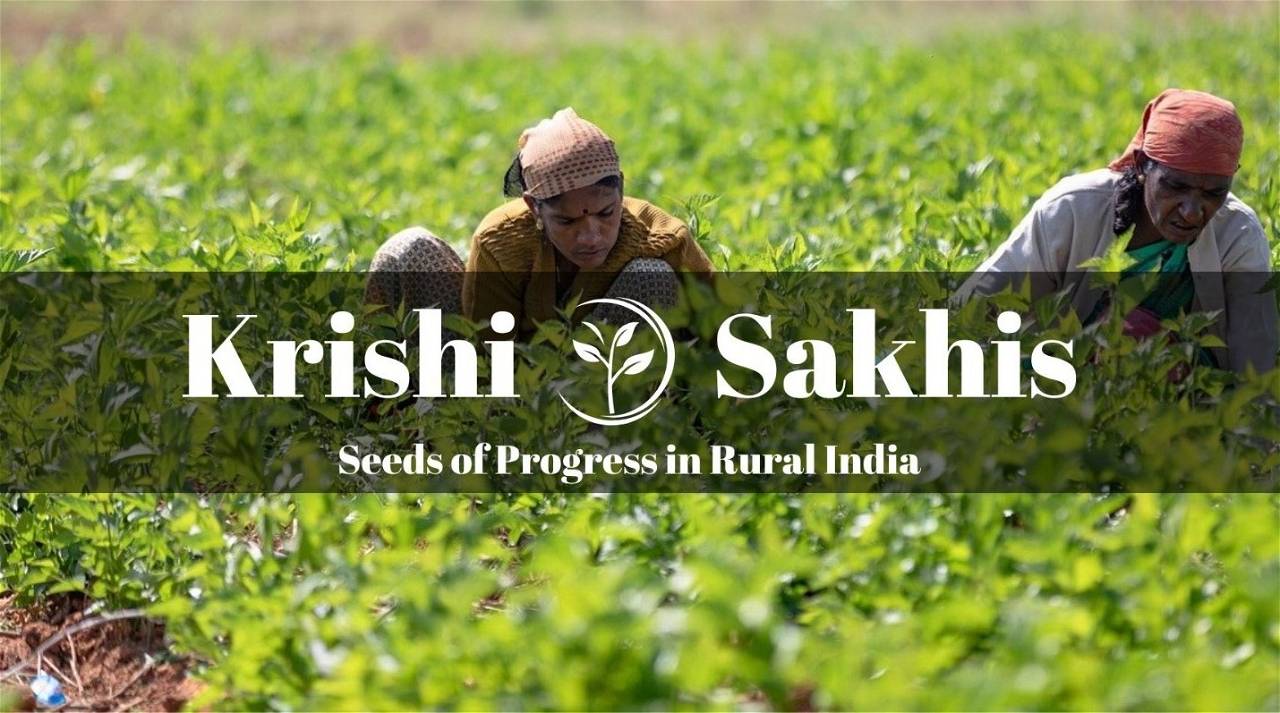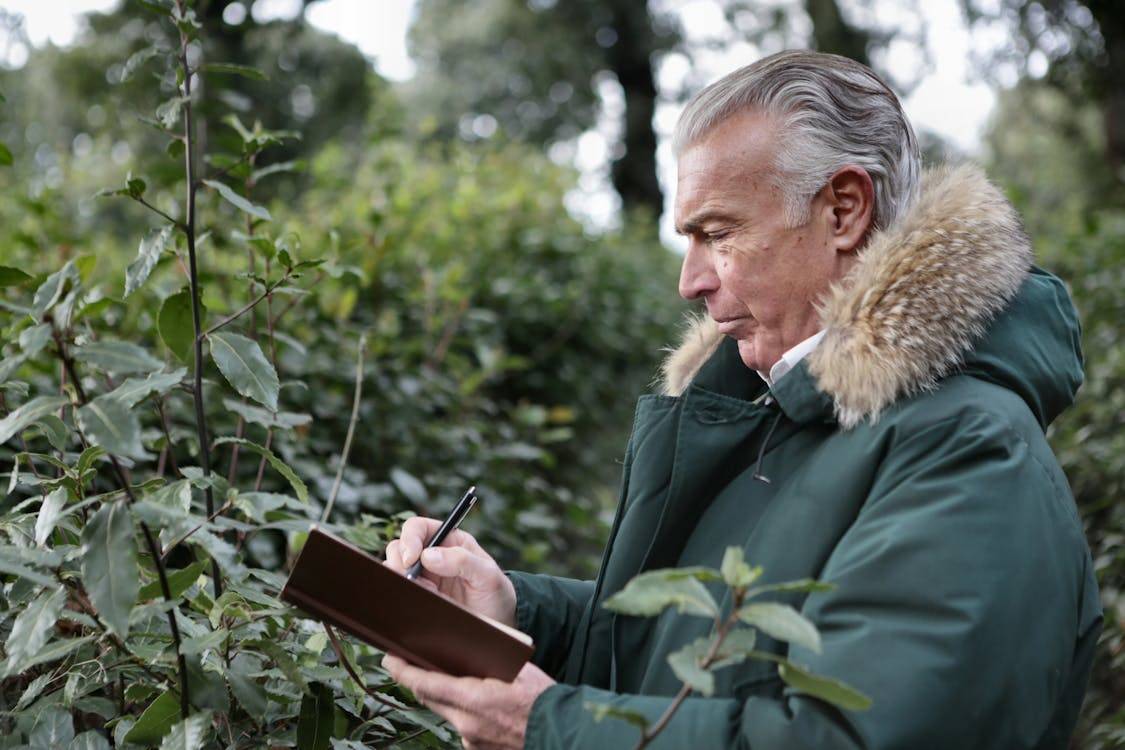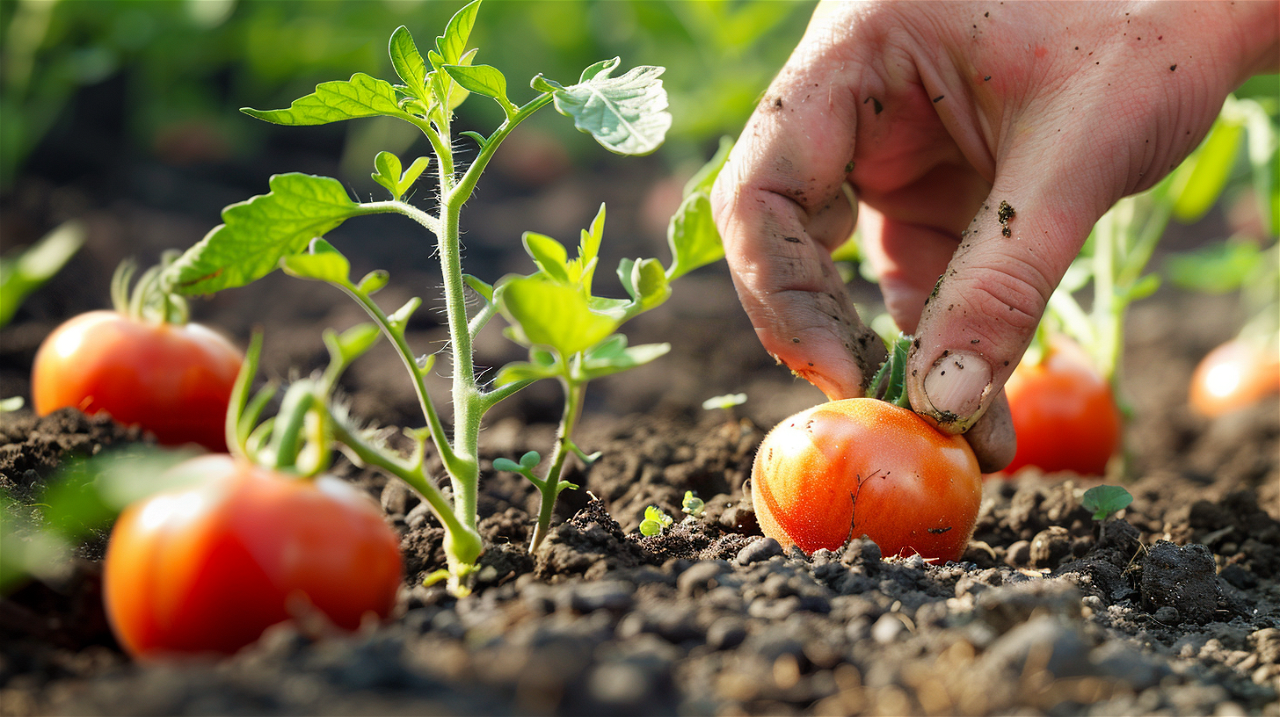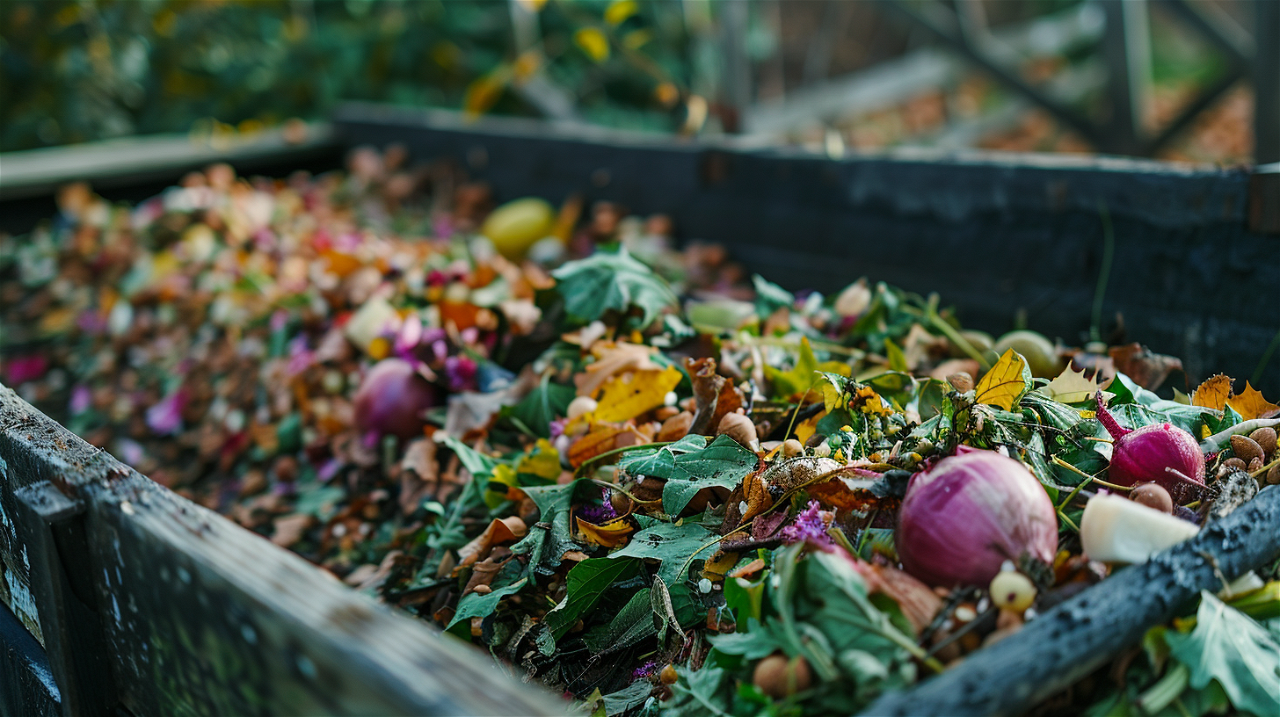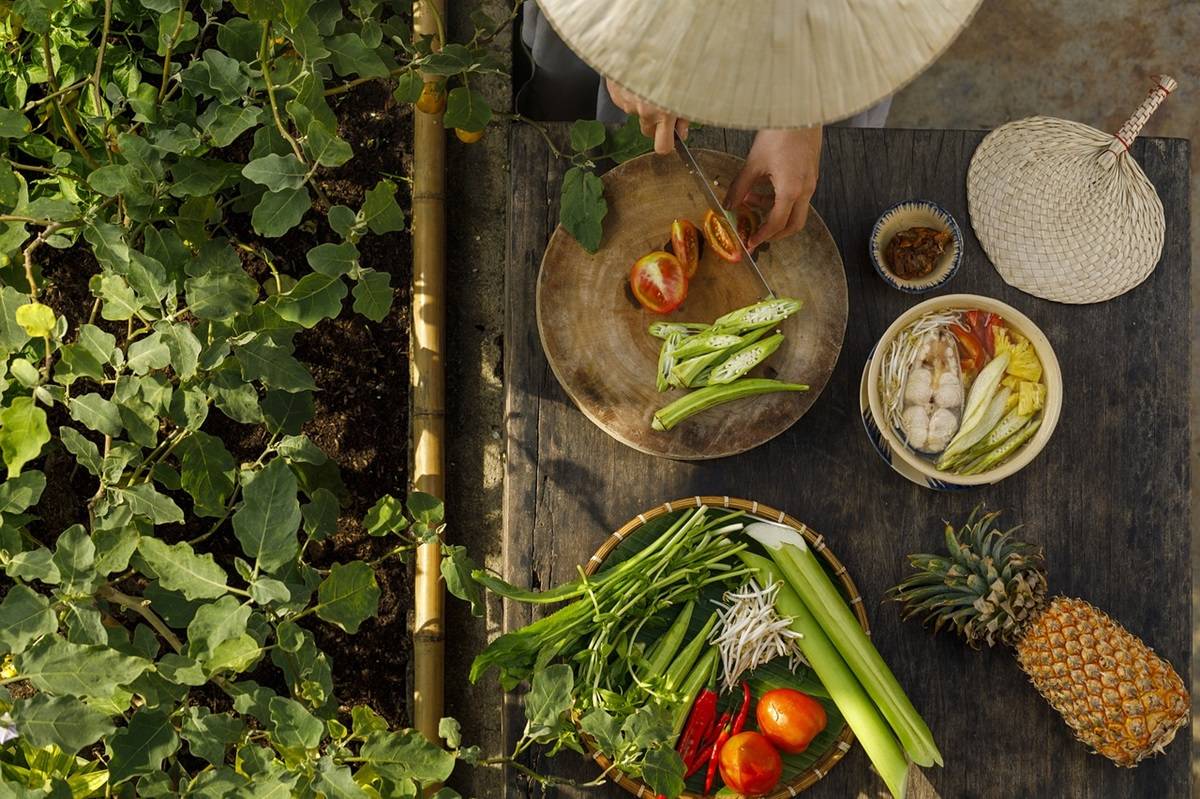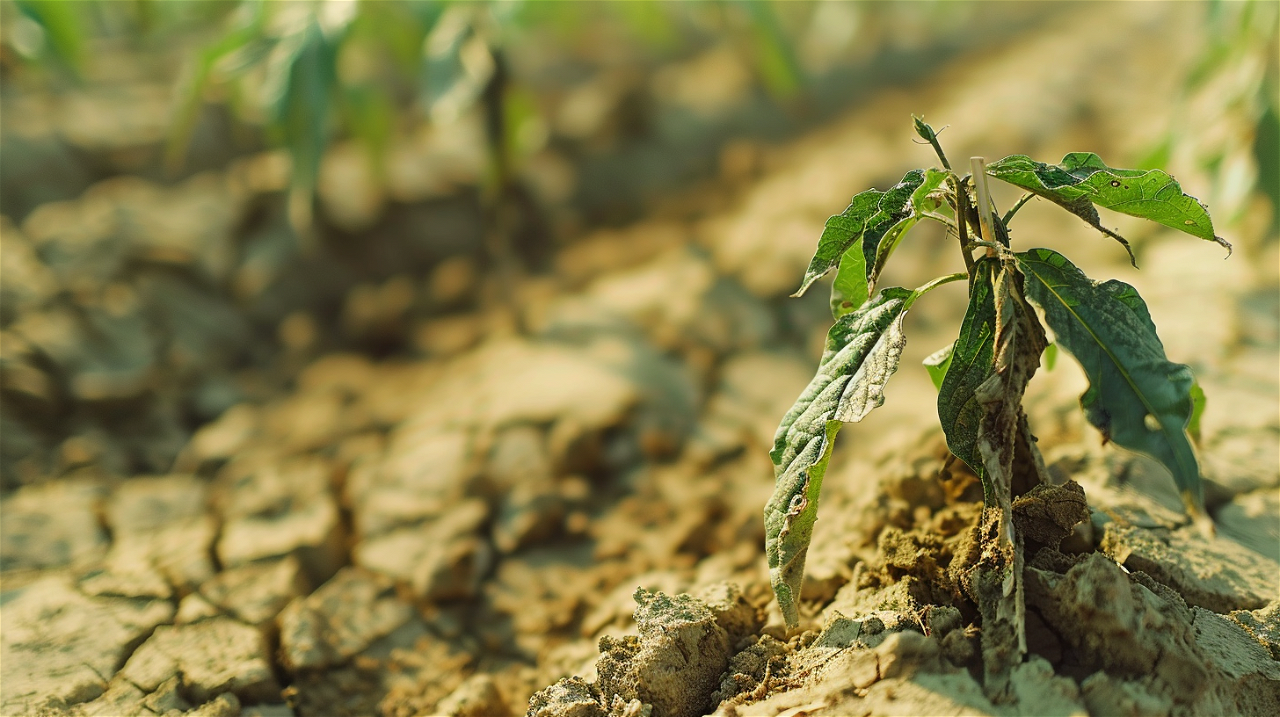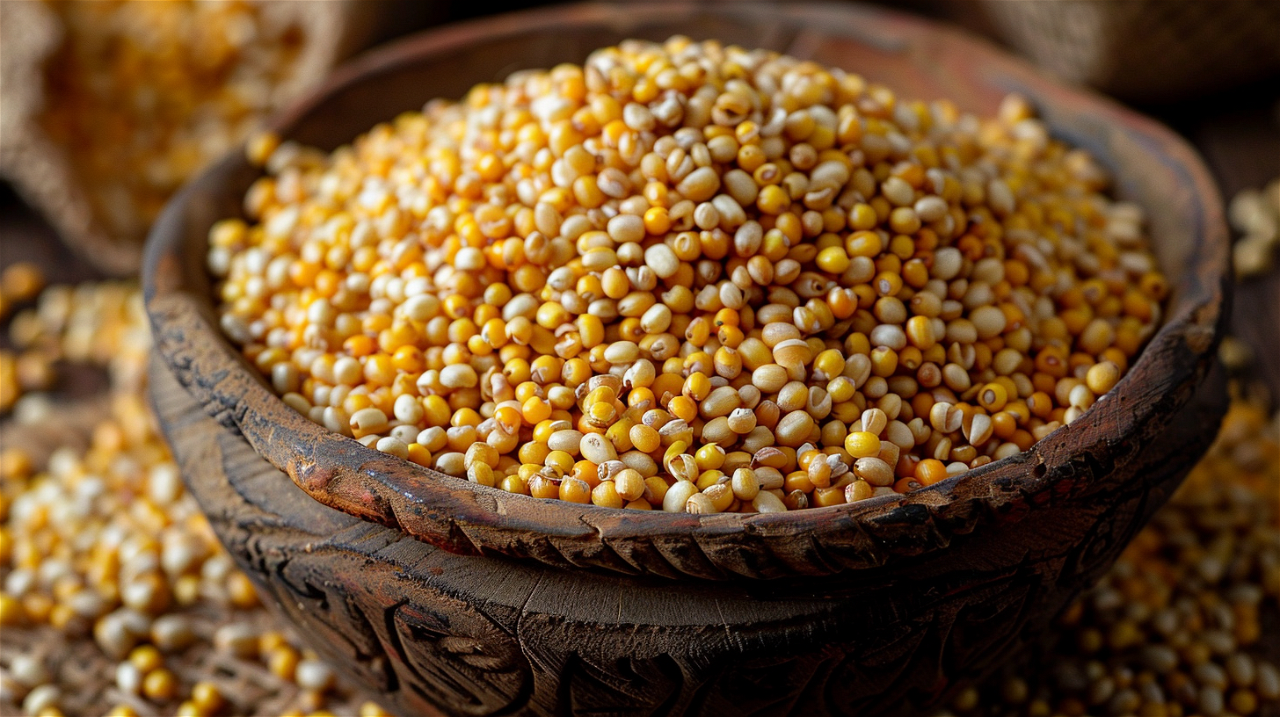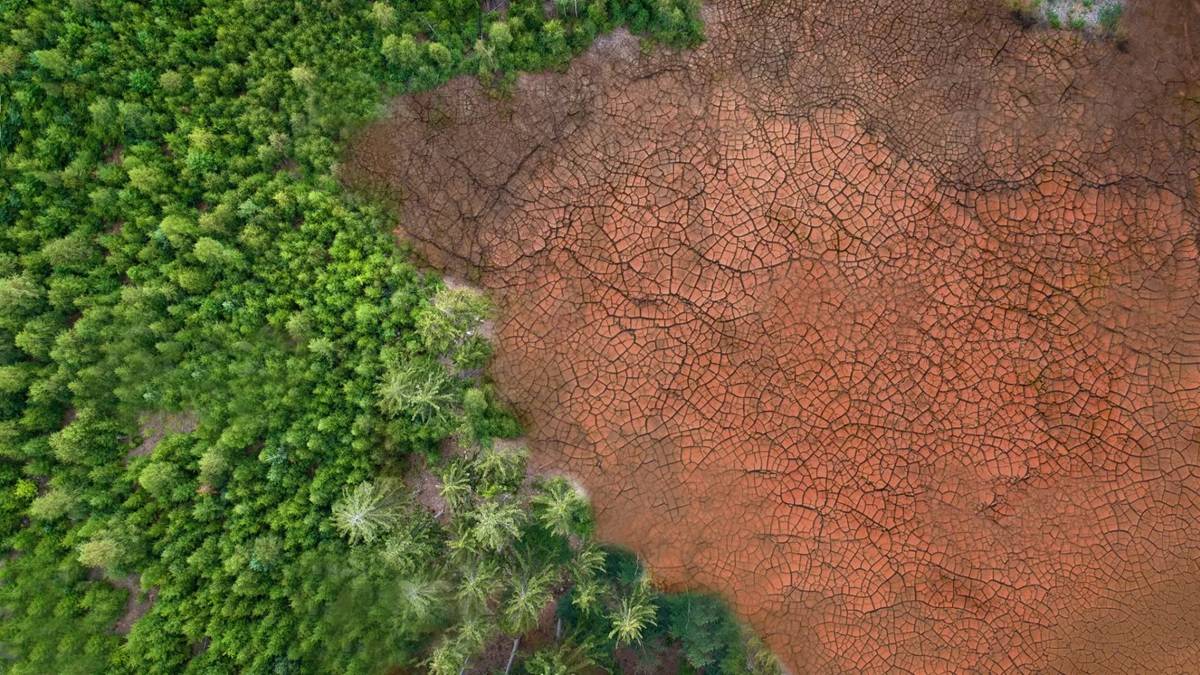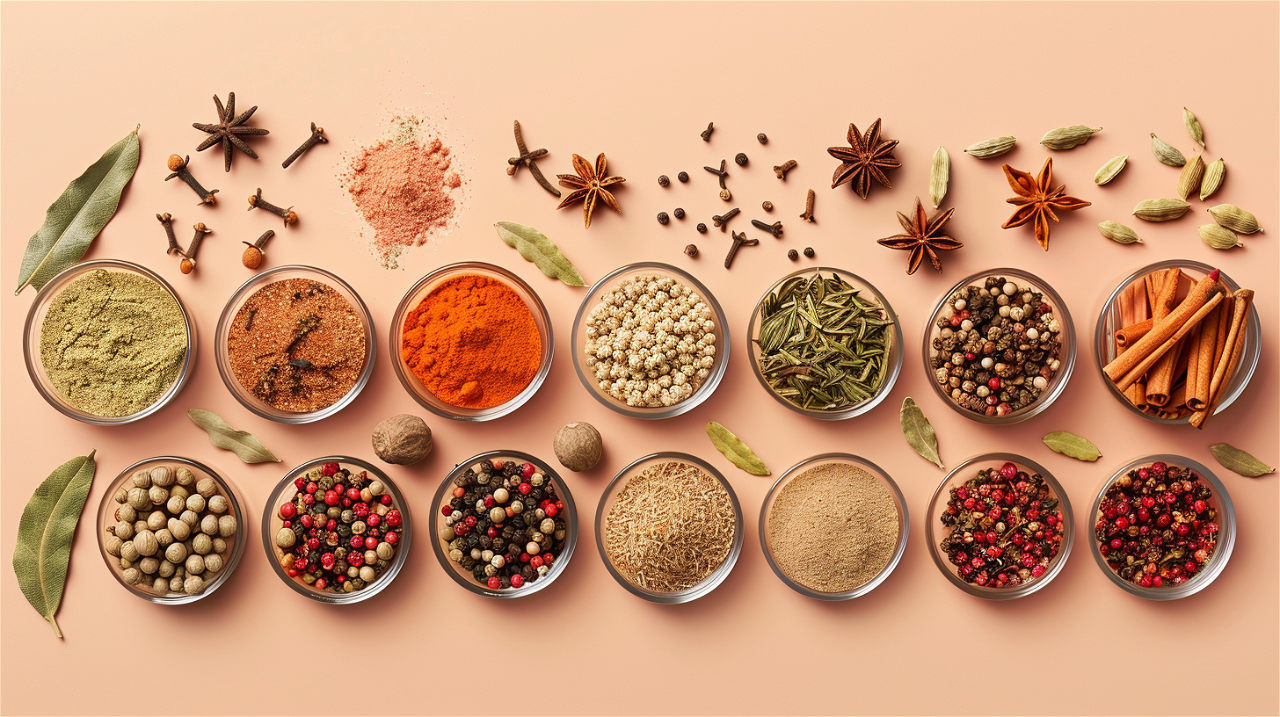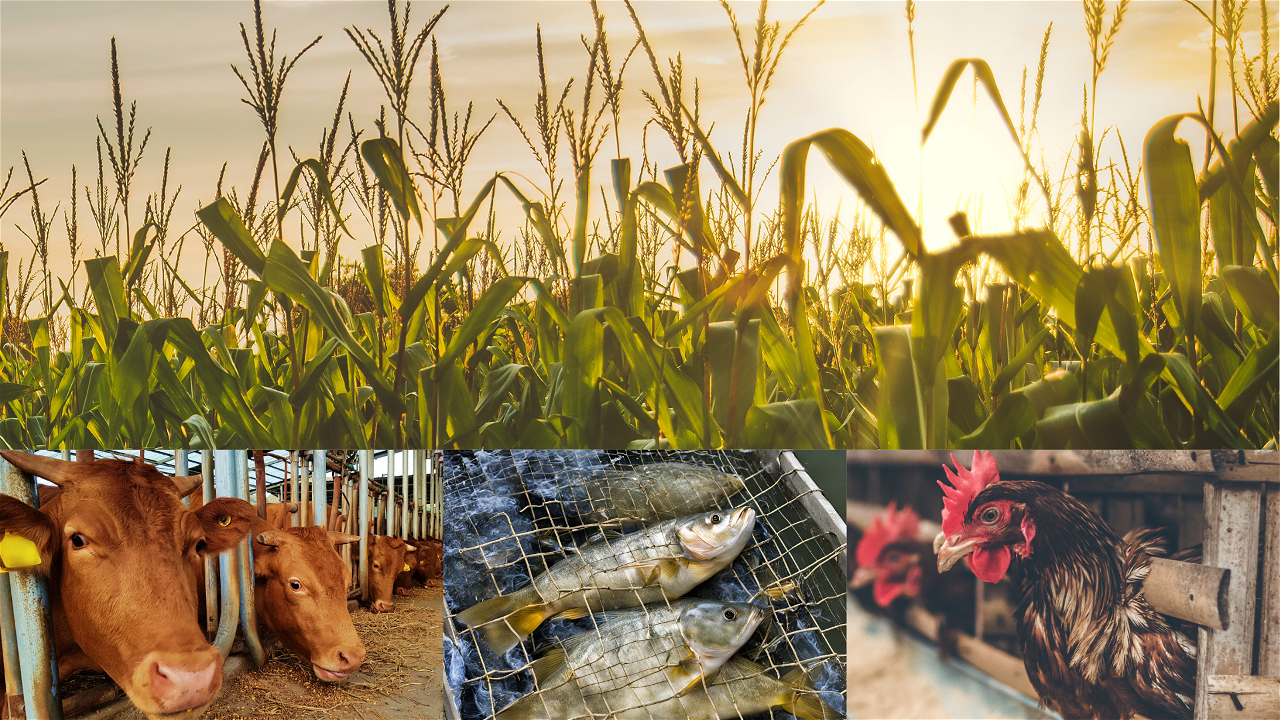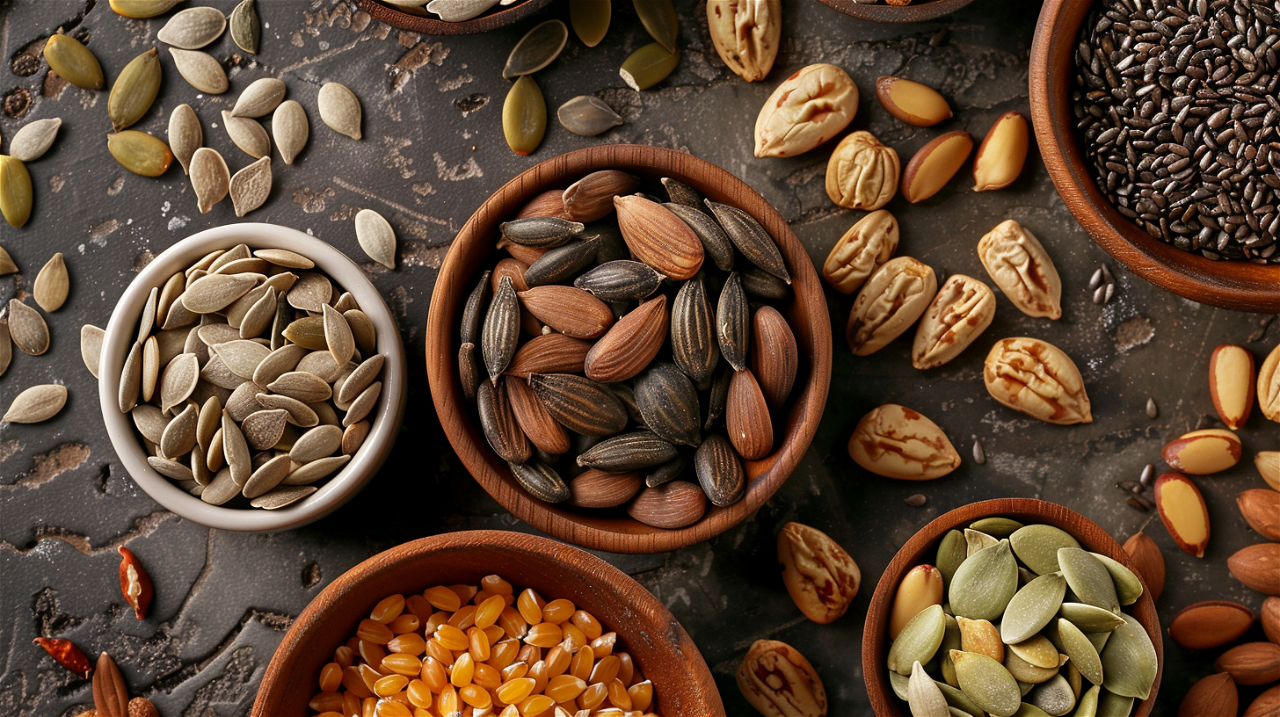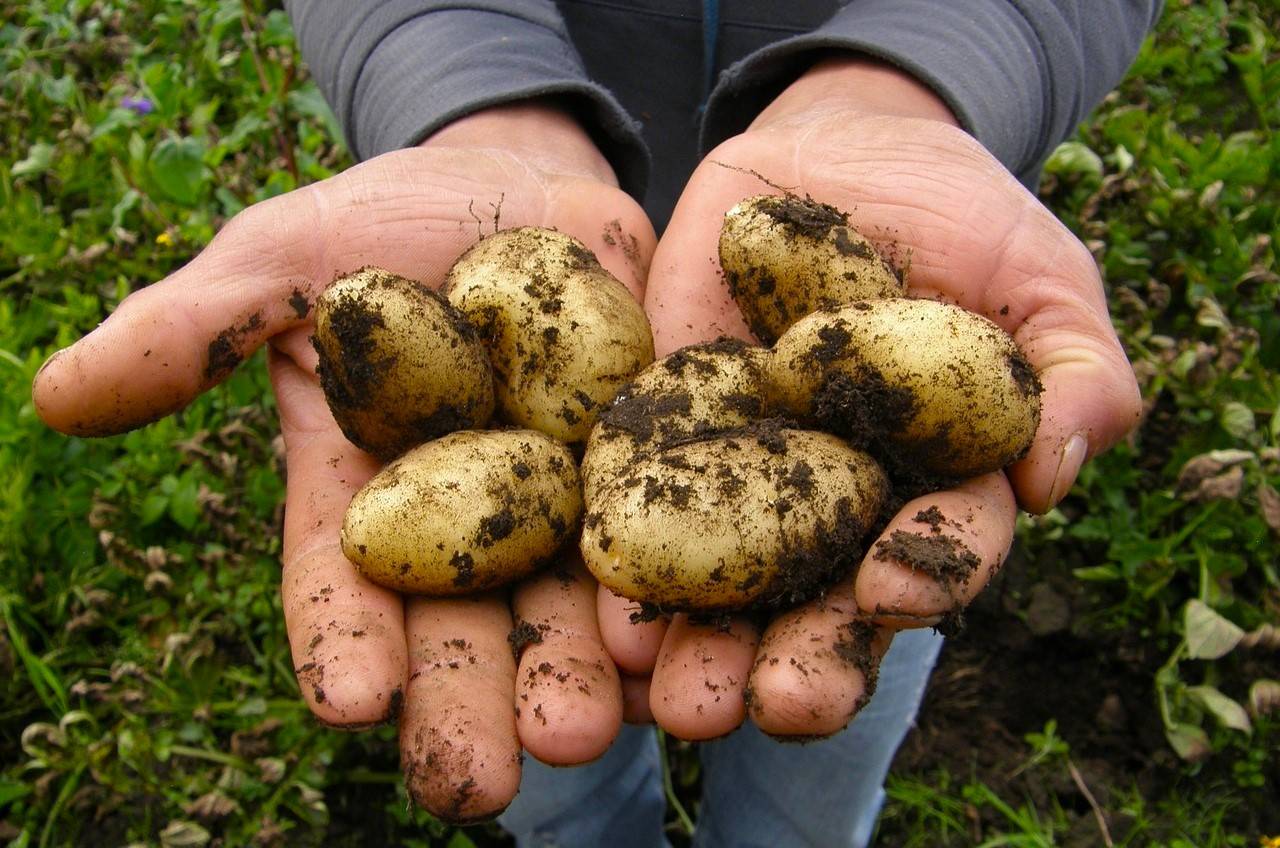
Viksit Krishi Sankalp Abhiyan: Empowering Farmers to Shape Policy Through Bottom-Up Governance

Agriculture sustains the livelihoods of more than half the nation’s population, making it crucial to empower farmers as active contributors in shaping agricultural policies for lasting and inclusive development. The Viksit Krishi Sankalp Abhiyan (VKSA), launched by the Union Ministry of Agriculture and Farmers’ Welfare on 29 May 2025 in Puri, Odisha, embodies this vision by fostering a bottom-up governance model that places farmers at the heart of decision-making. Rather than policies being dictated from the top, VKSA aims to create a dynamic dialogue where scientific innovation meets the lived realities of rural farmers, enabling them to lead the transformation of Indian agriculture.
This ambitious 15-day nationwide campaign, guided by Union Agriculture Minister Shivraj Singh Chouhan, mobilized over 16,000 agricultural scientists and 2,170 interdisciplinary teams to engage directly with more than 1.5 crore farmers across 700+ districts. Through Kisan Chaupals, field visits, demonstrations, and open dialogues, VKSA bridges the gap between research institutions and the farming community, ensuring that policies reflect grassroots insights and practical needs. This marks a decisive shift towards empowering farmers—not just as beneficiaries—but as influential stakeholders shaping agricultural governance from the ground up.
From Research to the Root: Core Mission
VKSA's objective is clear: bring agricultural research out of laboratories and into the fields, empowering farmers with real-time, location-specific solutions. Central to this approach is the “Lab-to-Land” philosophy — promoting the practical application of agricultural advancements at the grassroots level.
The campaign promotes:
- Modern technologies like drone-based spraying, precision farming, and polyhouse cultivation.
- Natural and climate-resilient farming practices.
- Soil health management via Soil Health Cards.
- Crop diversification based on local needs.
- Interactive feedback loops between farmers and policymakers.
Chouhan emphasized, “The government is working with the spirit of ‘One Nation, One Agriculture, One Team’. Scientists must move beyond labs into the fields.”

State-Wise Engagement: A Ground-Level Commitment
To ensure that the Viksit Krishi Sankalp Abhiyan (VKSA) reached every corner of the country, Union Agriculture Minister Shivraj Singh Chouhan embarked on an intensive outreach journey, visiting diverse agricultural regions and directly engaging with farmers in fields, villages, market yards, and Krishi Vigyan Kendras (KVKs). Each state visit underscored a specific theme rooted in regional needs, with an unwavering focus on science-led agriculture and farmer empowerment.
Bhubaneswar, Odisha (29 May 2025)
The campaign was launched in Bhubaneswar in the presence of Odisha Chief Minister Mohan Charan Majhi. The Minister outlined VKSA's core priorities—soil health, natural farming, modern technologies, and crop diversification. He also announced the deployment of 2,170 expert teams to support farmers with crop selection, seed choice, fertiliser application, and sustainable practices.
Jammu & Kashmir (30 May 2025)
In the sensitive border regions of Jammu & Kashmir, Chouhan praised farmers as the “second line of defence,” recognizing their courage in cultivating under challenging conditions. He emphasized that VKSA is a step toward fulfilling PM Narendra Modi’s “Lab to Land” vision, bringing scientific innovation to even the most remote areas.
Panipat, Haryana (31 May 2025)
Addressing farmers in Panipat, Chouhan reaffirmed his farmer roots, saying, “I am a farmer’s son. I drive a tractor and do sowing myself.” He stressed that even a marginal increase of one quintal per hectare could significantly boost national Kharif output by 20 million tonnes, underscoring the power of small changes on a large scale.
Meerut, Uttar Pradesh (1 June 2025)
In Dabthuwa and Jangethi villages, the Minister sat with farmers to discuss challenges and strategies. He reiterated VKSA’s primary goal: “Increase production, reduce costs, ensure fair prices, and prevent losses.” The campaign team included agricultural scientists to ensure on-ground technical support.
Motihari, Bihar
At Piprakothi’s historic Gandhi site, Chouhan announced Rs 6 crore in agricultural projects and praised the local KVK for proactive engagement. He emphasized linking farmers directly with scientists to enhance productivity and adopt modern methods.
Pune, Maharashtra (3 June 2025)
In Narayangaon, the Minister visited local farms, APMCs, and a cold storage unit. He highlighted government efforts to curb the distribution of fake fertilizers and pesticides and urged scientists to offer field-specific guidance. Tomato and horticulture growers in the region welcomed the initiative.
Patiala, Punjab (5 June 2025)
Engaging with farmers at a Kisan Chaupal, Chouhan advocated direct-seeded rice (DSR) as a water-saving and cost-effective method. He stressed that farmer feedback should shape agricultural policies, not just bureaucratic frameworks. Reducing pesticide overuse and promoting sustainable water use were also highlighted.
Dehradun, Uttarakhand (6 June 2025)
Chouhan commended the global export potential of Uttarakhand’s produce and emphasized promoting natural farming, technology adoption, and water conservation. He also made a landmark visit to ICAR-Central Citrus Research Institute, pushing for export-quality seed development and value addition in citriculture.
Bhopal, Madhya Pradesh (7 June 2025)
The Minister clarified that VKSA is science-driven, not politically motivated. He celebrated record production of major crops like wheat, paddy, soybean, and maize, attributing it to the synergy between research institutions and grassroots farmers.
Bengaluru, Karnataka (8 June 2025)
At ICAR-Indian Institute of Horticultural Research, Chouhan addressed 500 farmers and visited live field demonstrations. He promoted demand-driven research, highlighting that agricultural innovation must be farmer-responsive, sustainable, and locally adaptive.
Hyderabad, Telangana (9 June 2025)
In villages like Mansonpally and Ramachandraguda, the Minister interacted with farmers who had successfully implemented integrated and diversified farming practices. He assured support under the Market Intervention Scheme (MIS) for key crops like tomato, potato, and onion.
Delhi (10 June 2025)
At Tigipur village near Delhi, Chouhan engaged with progressive farmers practicing polyhouse farming and strawberry cultivation. He witnessed a live drone demonstration for pesticide and nutrient spraying and stressed that research must be field-based and soil-health-focused.
Bardoli, Gujarat (12 June 2025)
The campaign concluded in Bardoli—a symbolic site for India’s farmer movements. Here, Chouhan gathered last-mile feedback, reinforcing the campaign’s intent to remain farmer-driven and science-backed.

Viksit Krishi Sankalp Abhiyan: Impact at a Glance
Between 29 May and 8 June 2025, the VKSA accomplished:
- 46,181 field visits by interdisciplinary teams.
- Engagement across 85,480 villages.
- Direct outreach to 8.78 million farmers.
- Dialogues leading to localized problem-solving, policy input, and skill enhancement.
Farmers were guided on region-specific techniques aligned with climate, soil health, crop suitability, and market access.
Empowering Ground Voices to Shape India’s Agricultural Future
While official numbers highlight the campaign’s scale, farmer responses added depth to its credibility. From embracing drip irrigation and DSR in Punjab to exploring polyhouse and high-value crops in Delhi, farmers actively engaged in knowledge exchange. One of the campaign’s standout elements was its openness to bottom-up policy formation. “Policies will now be shaped by inputs from farmers—not just by bureaucrats,” said Chouhan, reflecting a shift toward participatory governance in agriculture.
A stronger emphasis on bottom-up policy formation could significantly enhance the effectiveness and inclusivity of agricultural reforms in India. By systematically incorporating farmers' feedback, local wisdom, and on-ground experiences into the policymaking process, the government can create solutions that are not only practical but also region-specific and need-based. This approach would help restore the dignity of farmers by acknowledging them as key contributors to national development, not just beneficiaries of schemes.
Giving farmers a greater say in shaping policies that affect their livelihoods could improve their social standing, instill confidence, and foster a deeper sense of trust and ownership in government-led initiatives.

Challenges and Considerations
VKSA has laid the groundwork for a transformative shift in Indian agriculture, but its long-term impact will depend on how well this initial momentum is sustained and institutionalized. Several key challenges must be addressed moving forward:
- Sustaining the Momentum: A 15-day campaign can ignite change, but sustained impact requires follow-up systems for continuous monitoring, farmer engagement, and technical support. Without this, the trust and enthusiasm generated risk fading over time.
- Translating Ground Insights into Policy: Gathering feedback from farmers is a meaningful first step, but its real value lies in shaping responsive, region-specific policies. This requires institutional flexibility, inter-departmental coordination, and mechanisms for continuous farmer consultation.
- Strengthening Farmer-Scientist Collaboration: The campaign fostered a strong spirit of collaboration, but to transform symbolic visits into lasting partnerships, there must be dedicated platforms, consistent funding, and incentives for long-term engagement.
- Adapting to Regional Needs: India’s agro-climatic diversity calls for localized solutions. A one-size-fits-all model won’t work. VKSA must evolve into a dynamic, data-driven framework that considers local cropping patterns, climate conditions, and socio-economic realities.
- Capacity Building at the Grassroots: For scientific innovations to take root, farmers must be equipped with the knowledge and skills to apply them. This includes regular training, digital literacy initiatives, and strengthening Krishi Vigyan Kendras (KVKs) as local knowledge hubs.
- Linking Knowledge with Infrastructure: Scientific advice must be supported by physical and market infrastructure — such as reliable irrigation, cold chains, and better market access — to ensure that farmers can convert insights into productivity and profitability.
Addressing these challenges is essential to ensure VKSA becomes more than a symbolic initiative — a catalyst for resilient, inclusive, and science-led agricultural development.

Conclusion: Momentum or Milestone?
The Viksit Krishi Sankalp Abhiyan may have spanned just 15 days, but its echoes are likely to reverberate for much longer— in the hearts of farmers, the minds of scientists, and the priorities of policymakers. It marked more than a campaign; it signaled a shift in how Indian agriculture could be viewed: not merely as a sector of survival, but as one of innovation, dignity, and shared purpose.
By walking the fields, listening to farmers, and bringing science directly to the soil, VKSA rekindled hope among millions of farmers— not just for better yields, but for greater respect, recognition, and partnership in shaping the nation's future.
The true test, however, lies ahead. For this campaign to become a milestone rather than a moment, it must grow into a sustained commitment - one that transcends timelines and continues to evolve with the farmer at its center. Every insight gathered must be honored with action, every dialogue turned into development, and every promise into policy.
If nurtured with the same sincerity it began with, Viksit Krishi Sankalp Abhiyan could become the seed of a transformative chapter in Indian agriculture- one where farmers are not just recipients of schemes but respected partners in shaping solutions. In that lies not only the future of farming but the very spirit of a Viksit Bharat.
Related News

Teej Festival 2025: Celebrating Divine Love, Womanhood, and Sacred Traditions Across India and Nepal


















































































































































